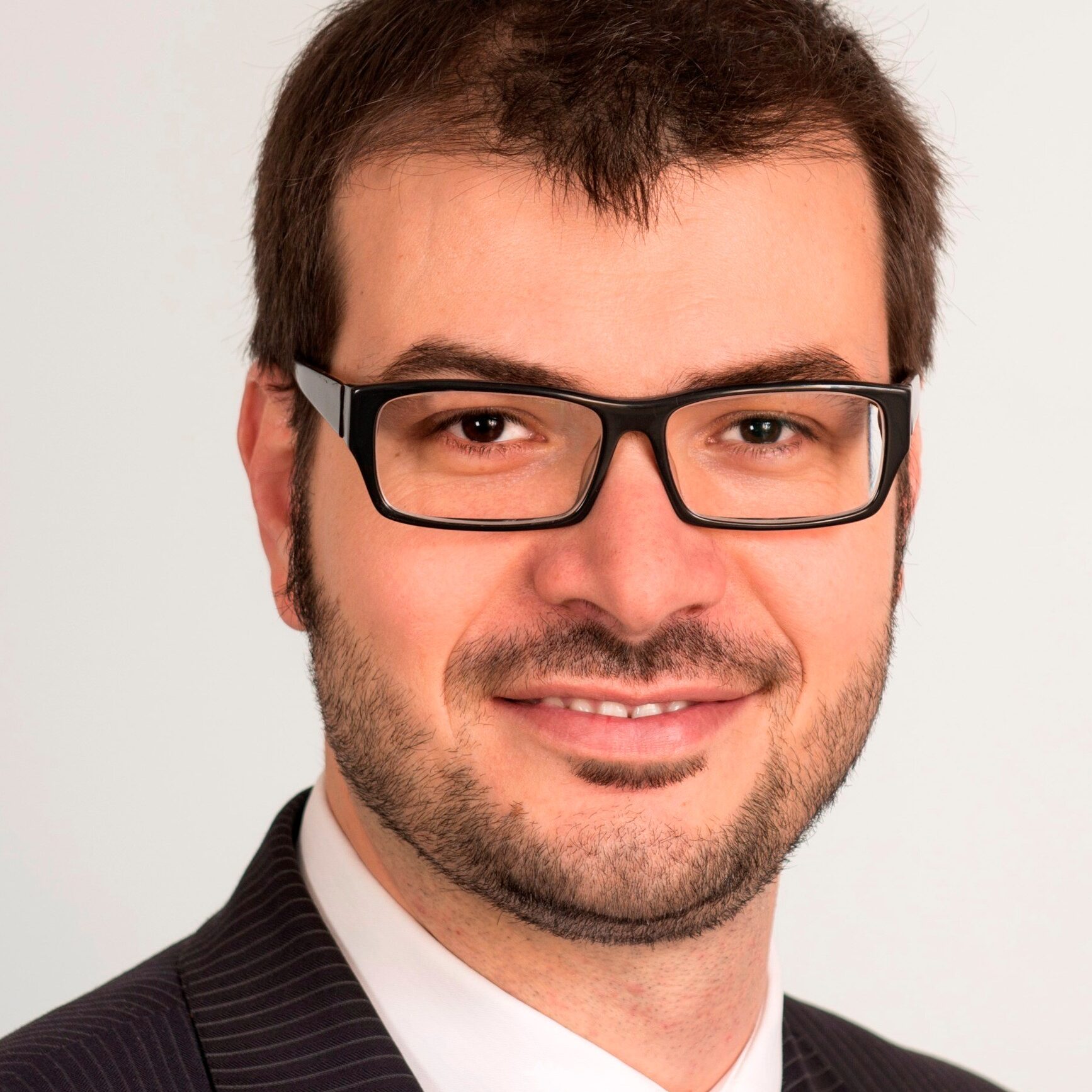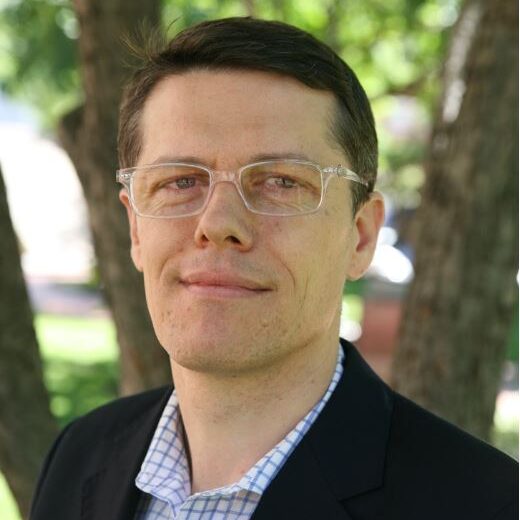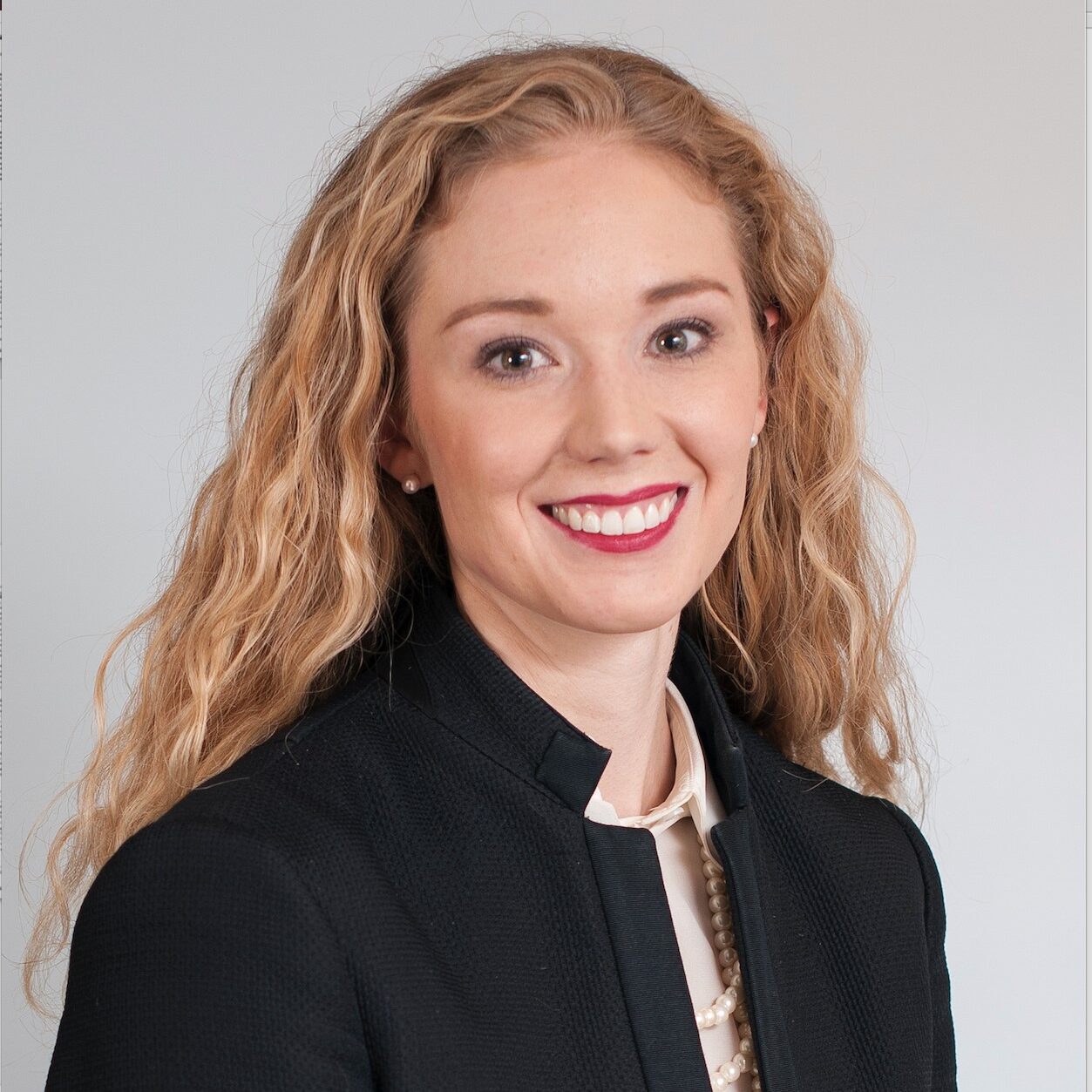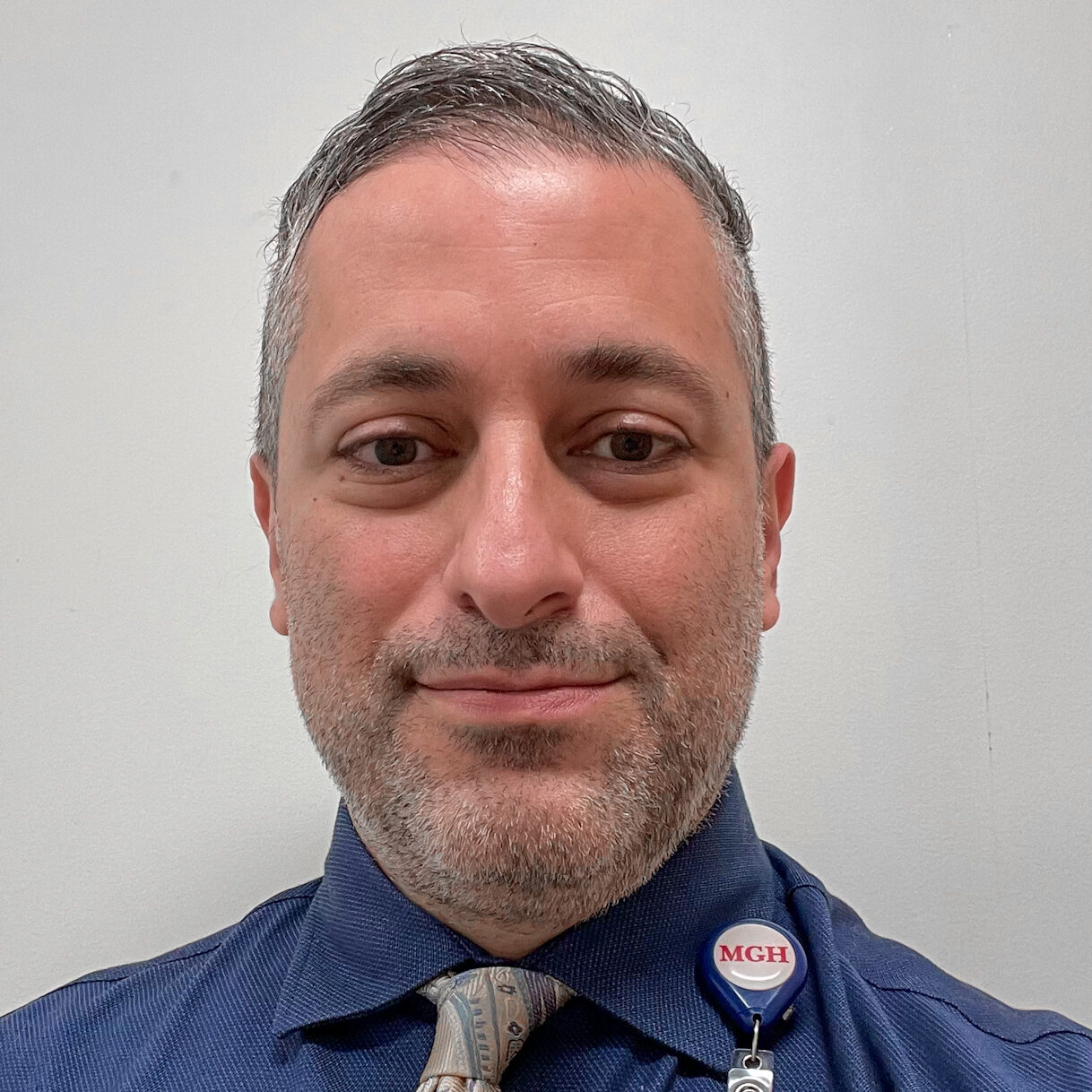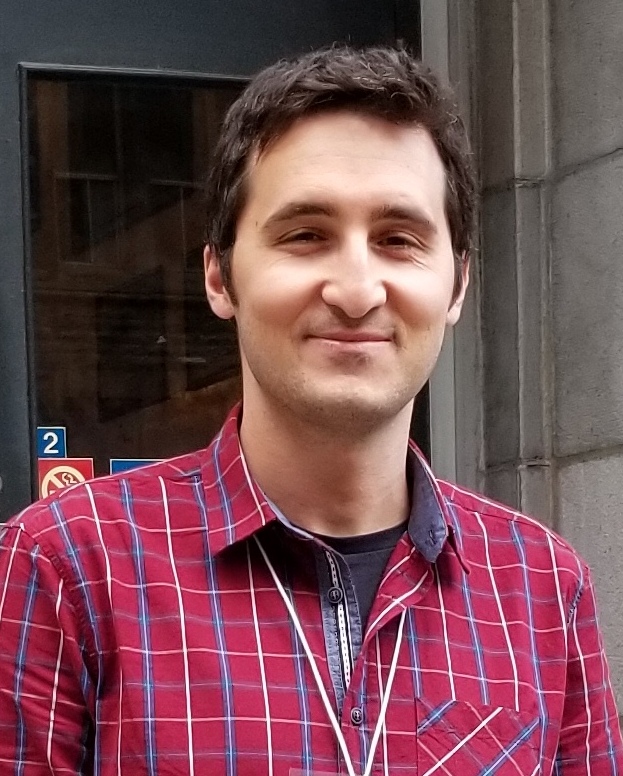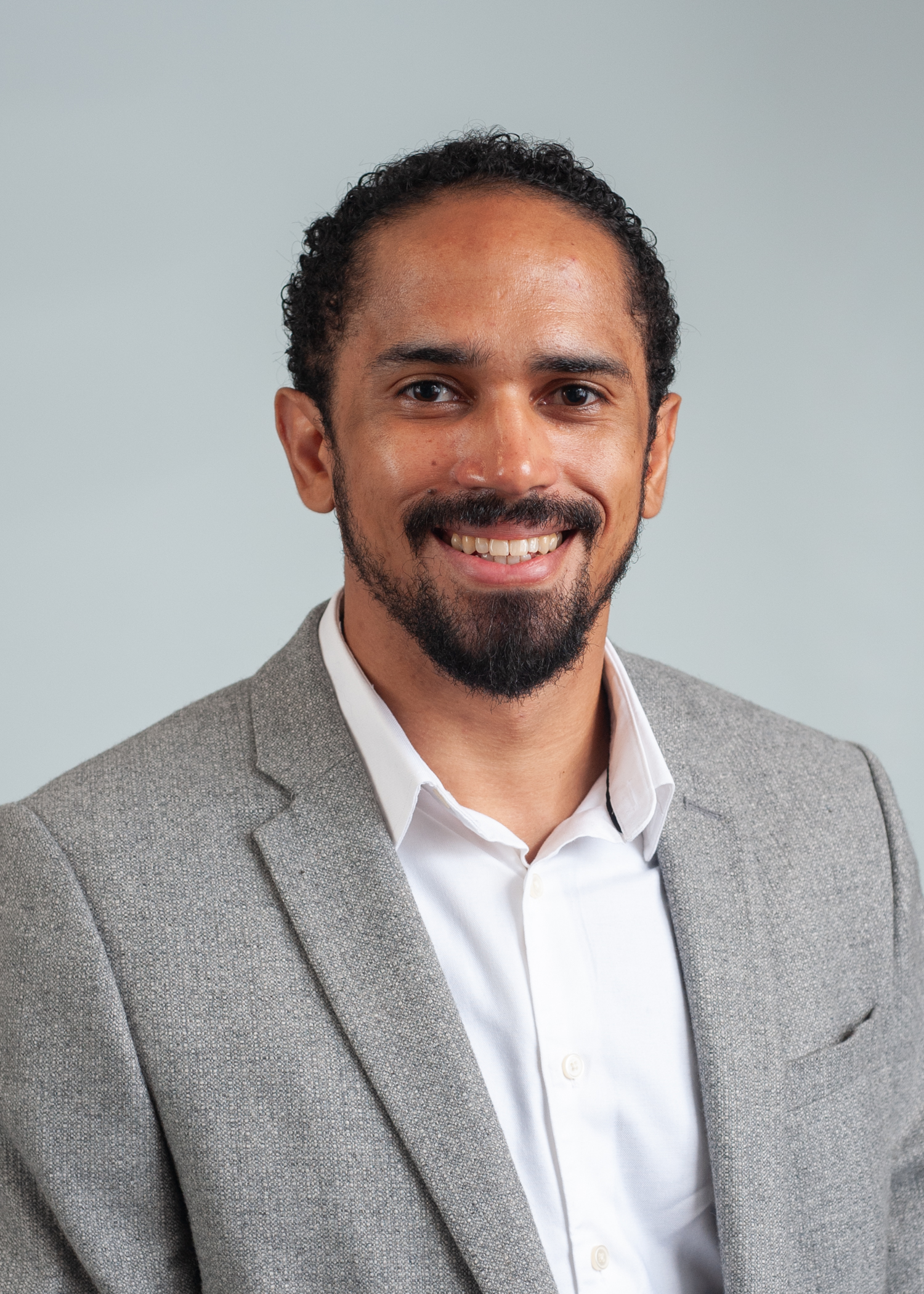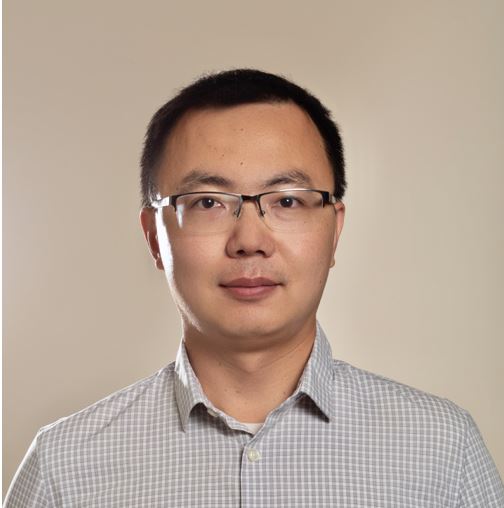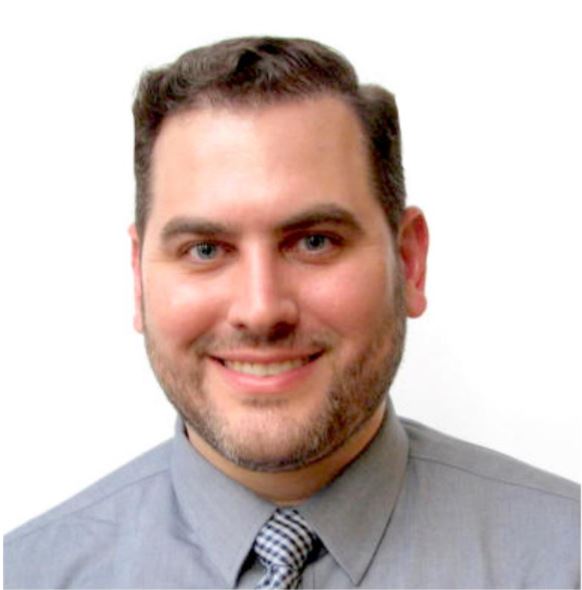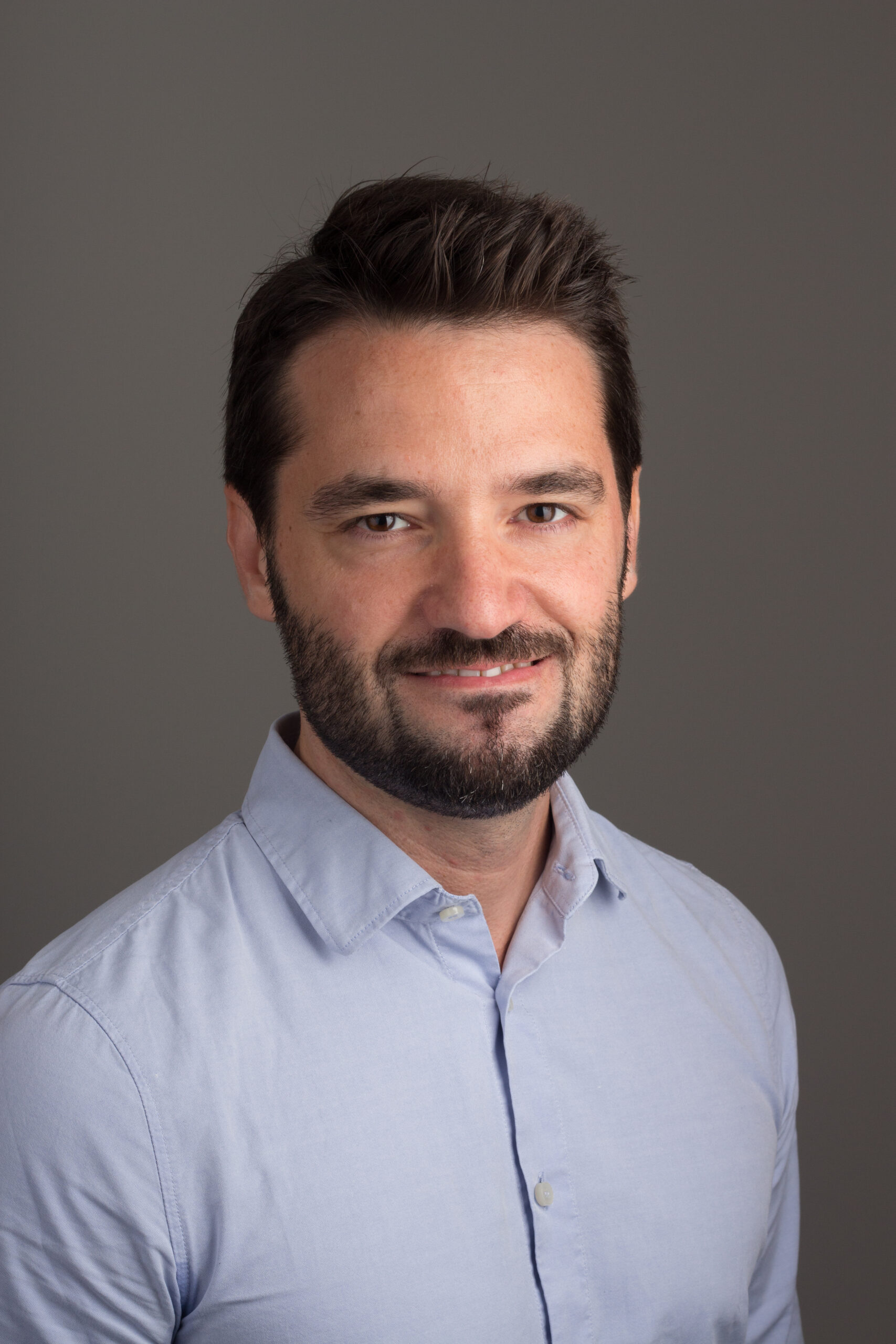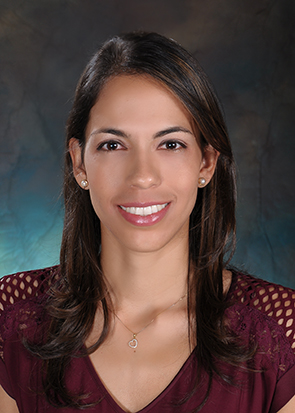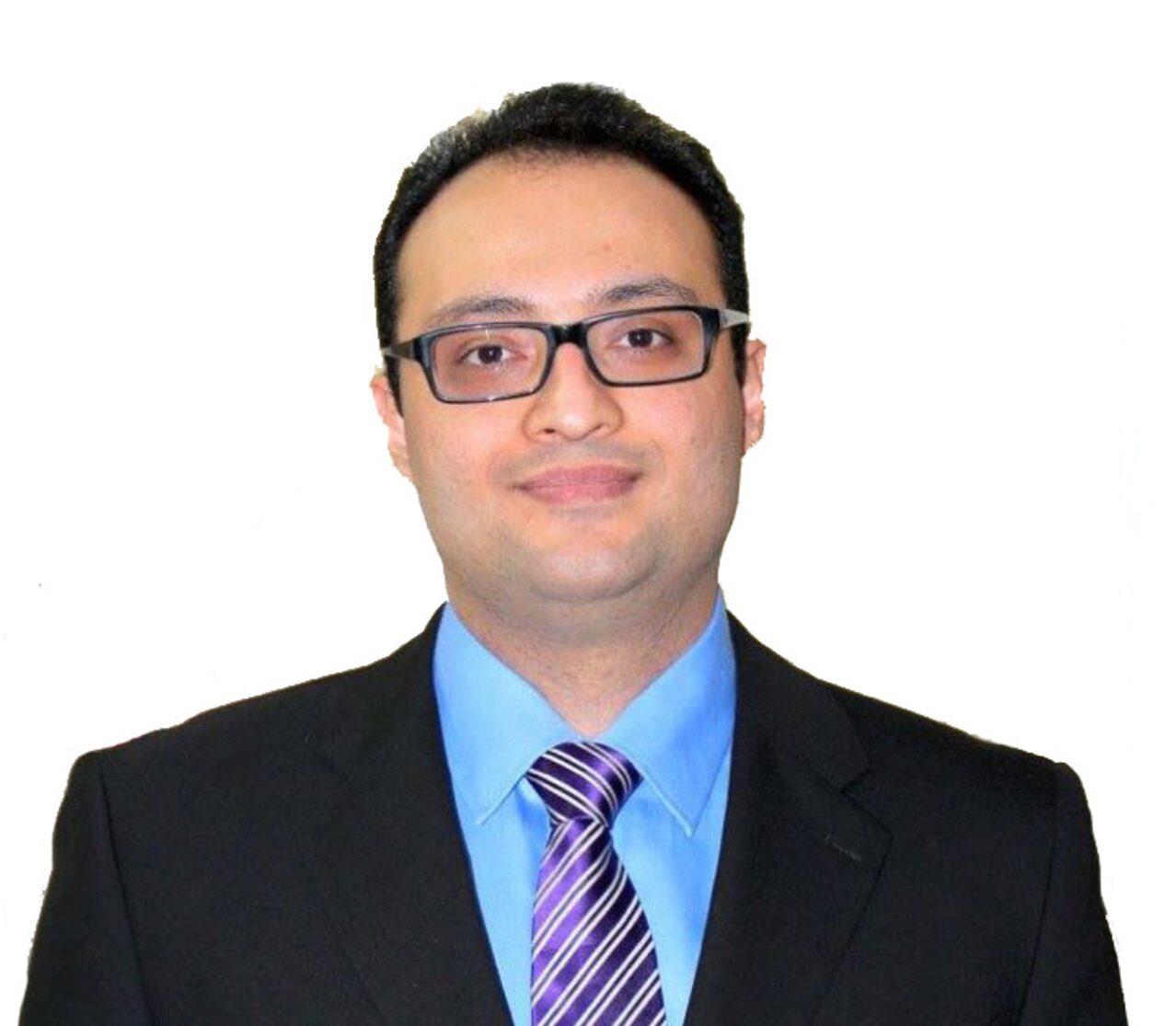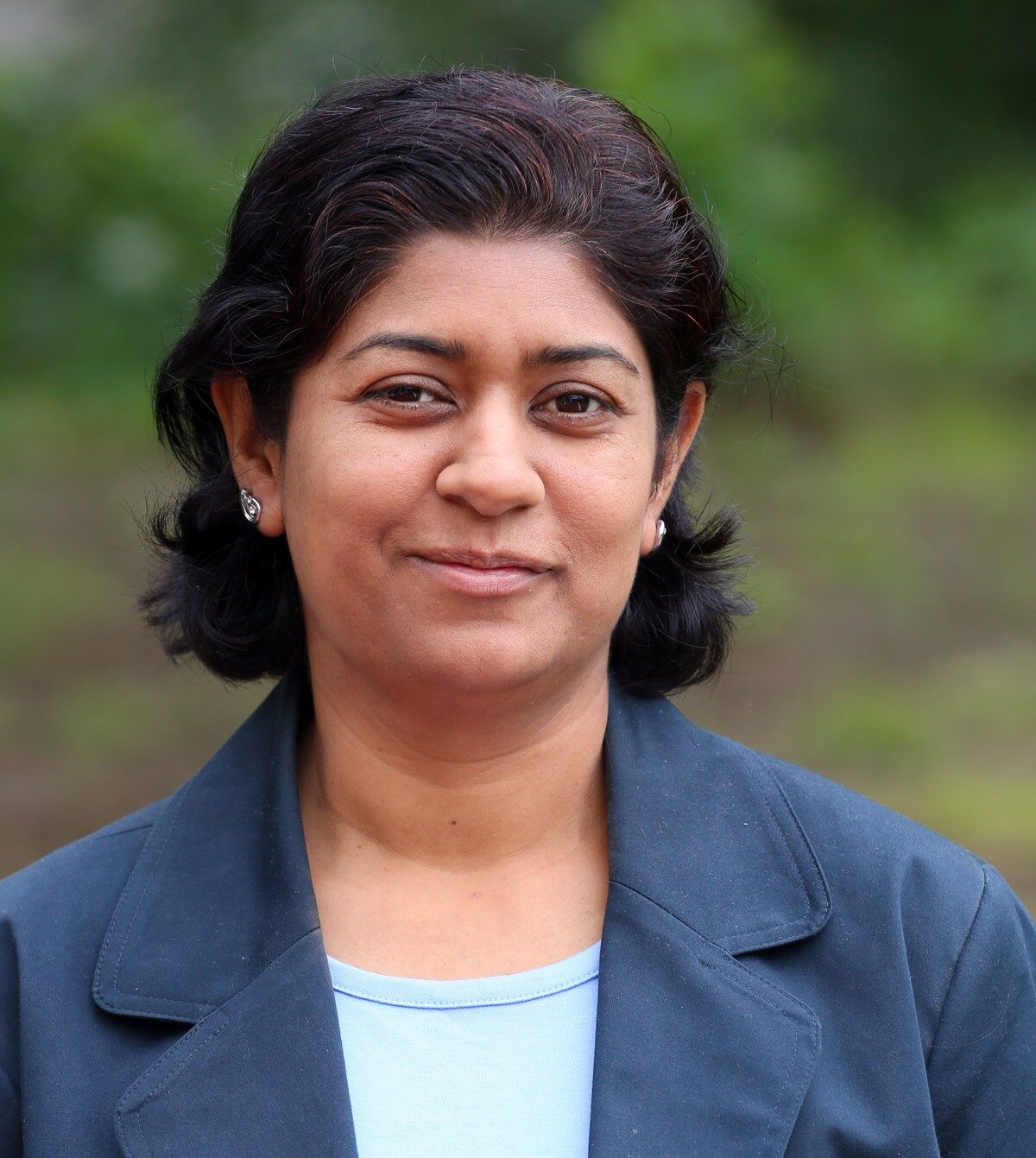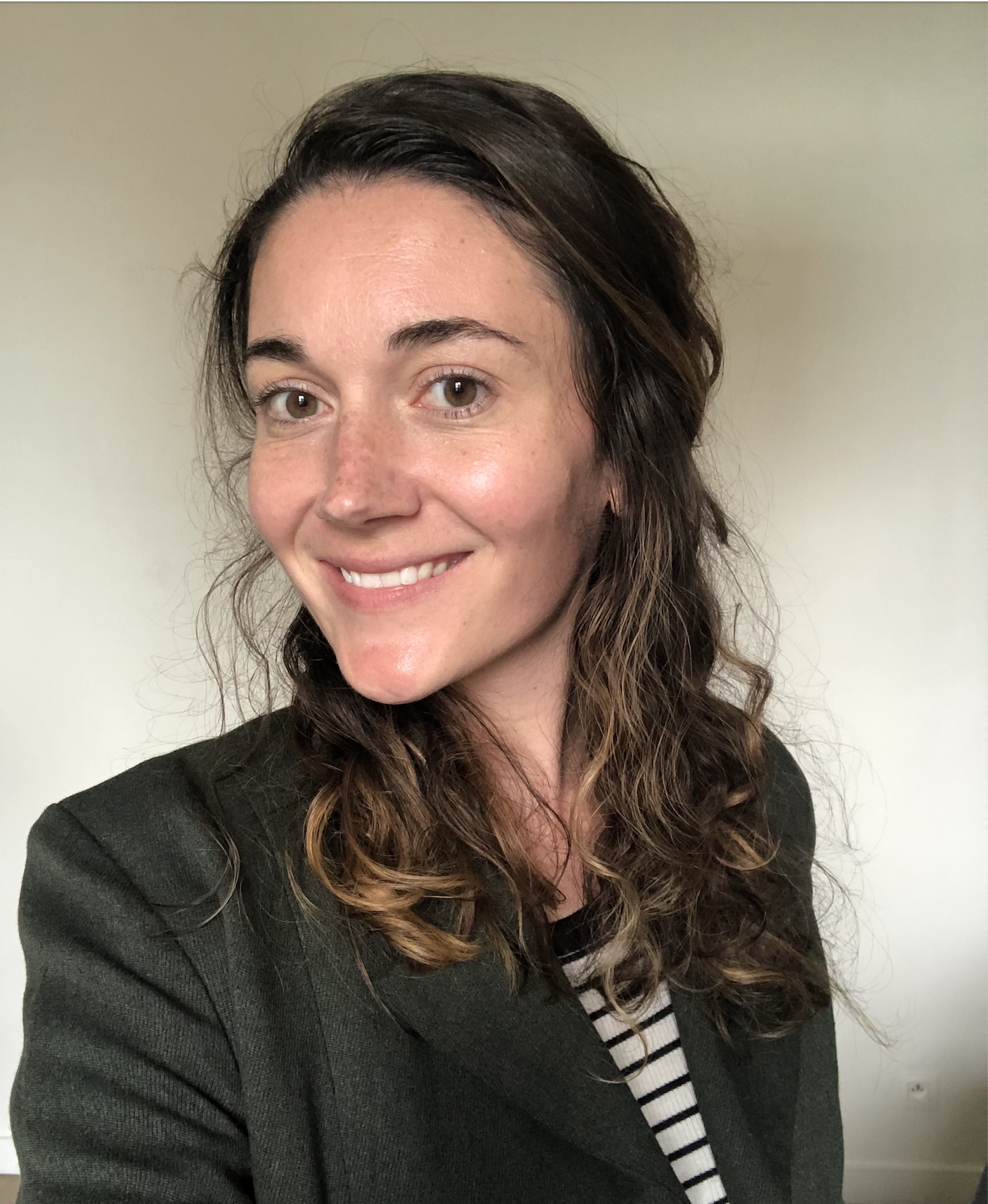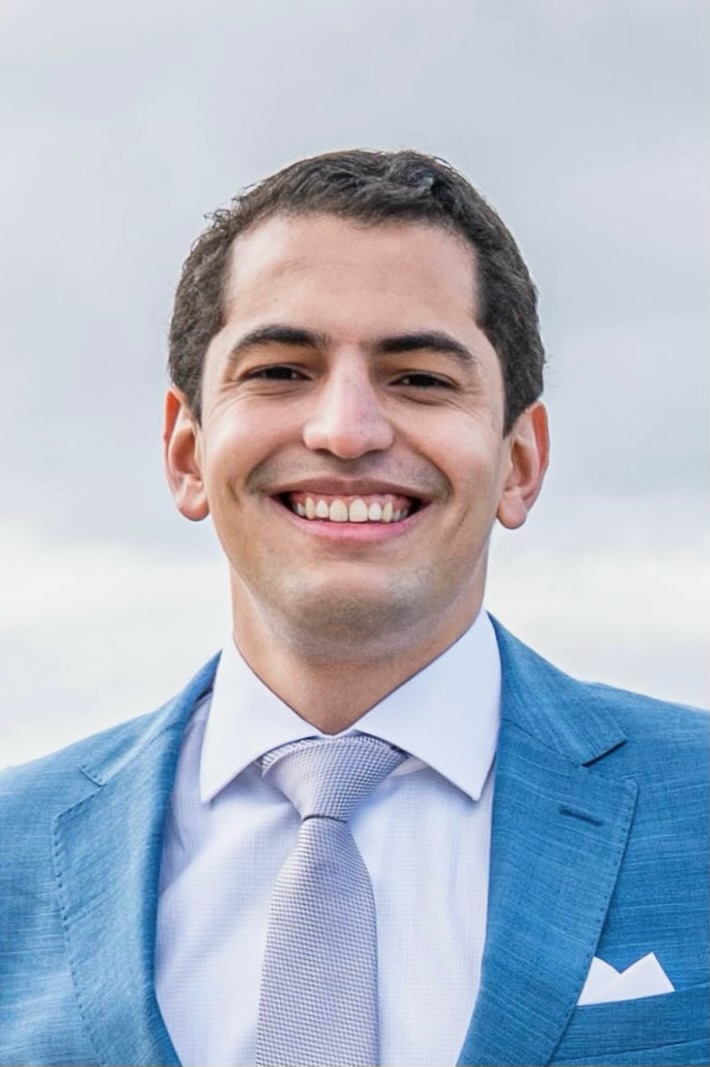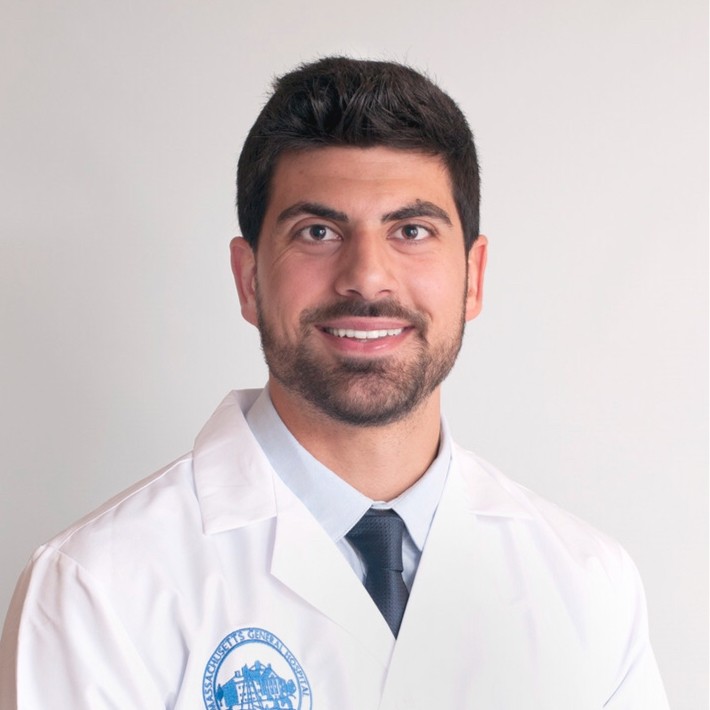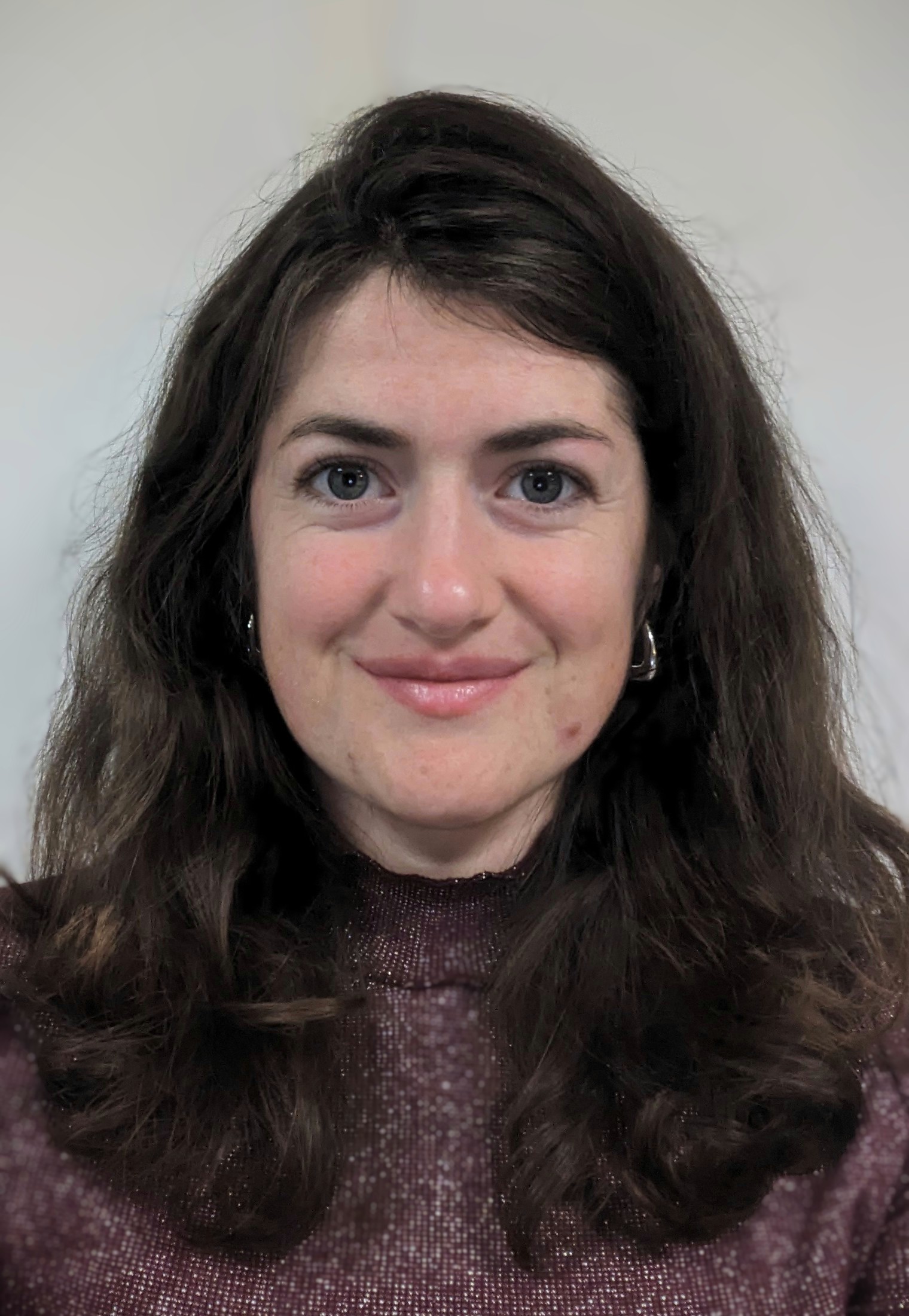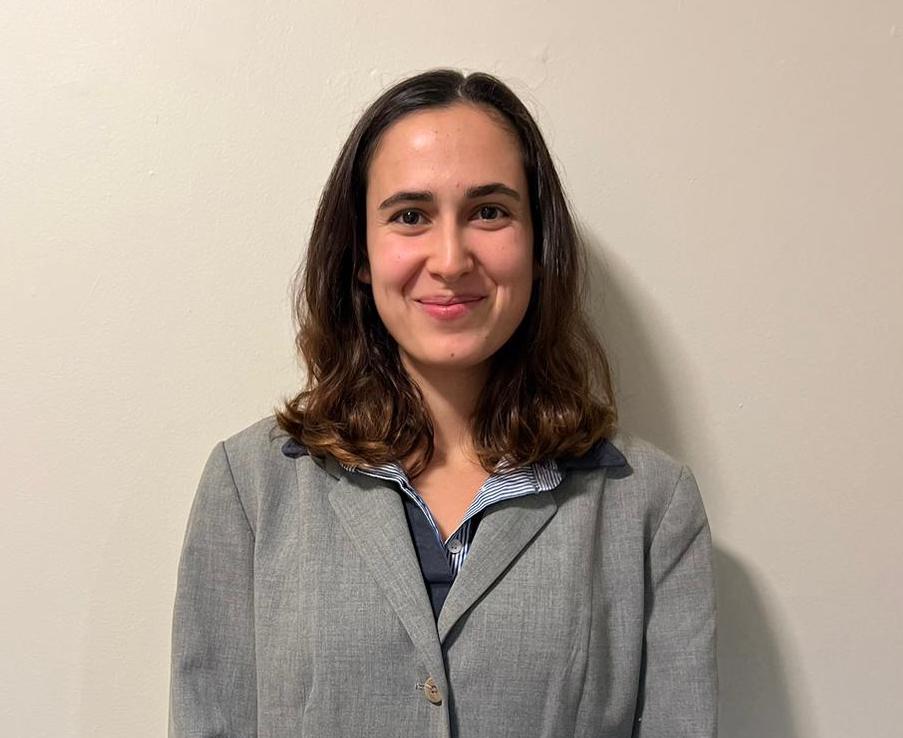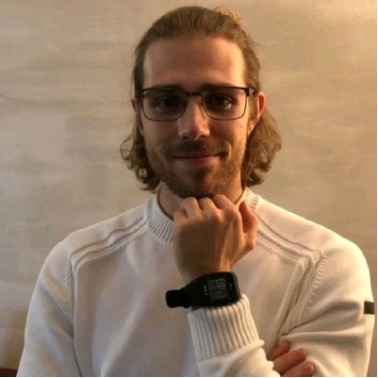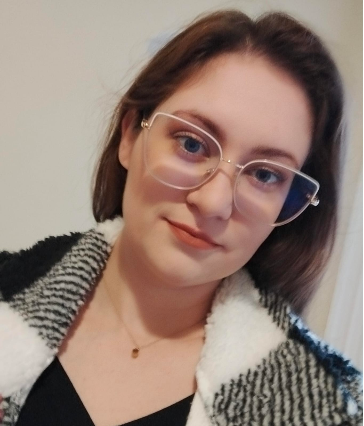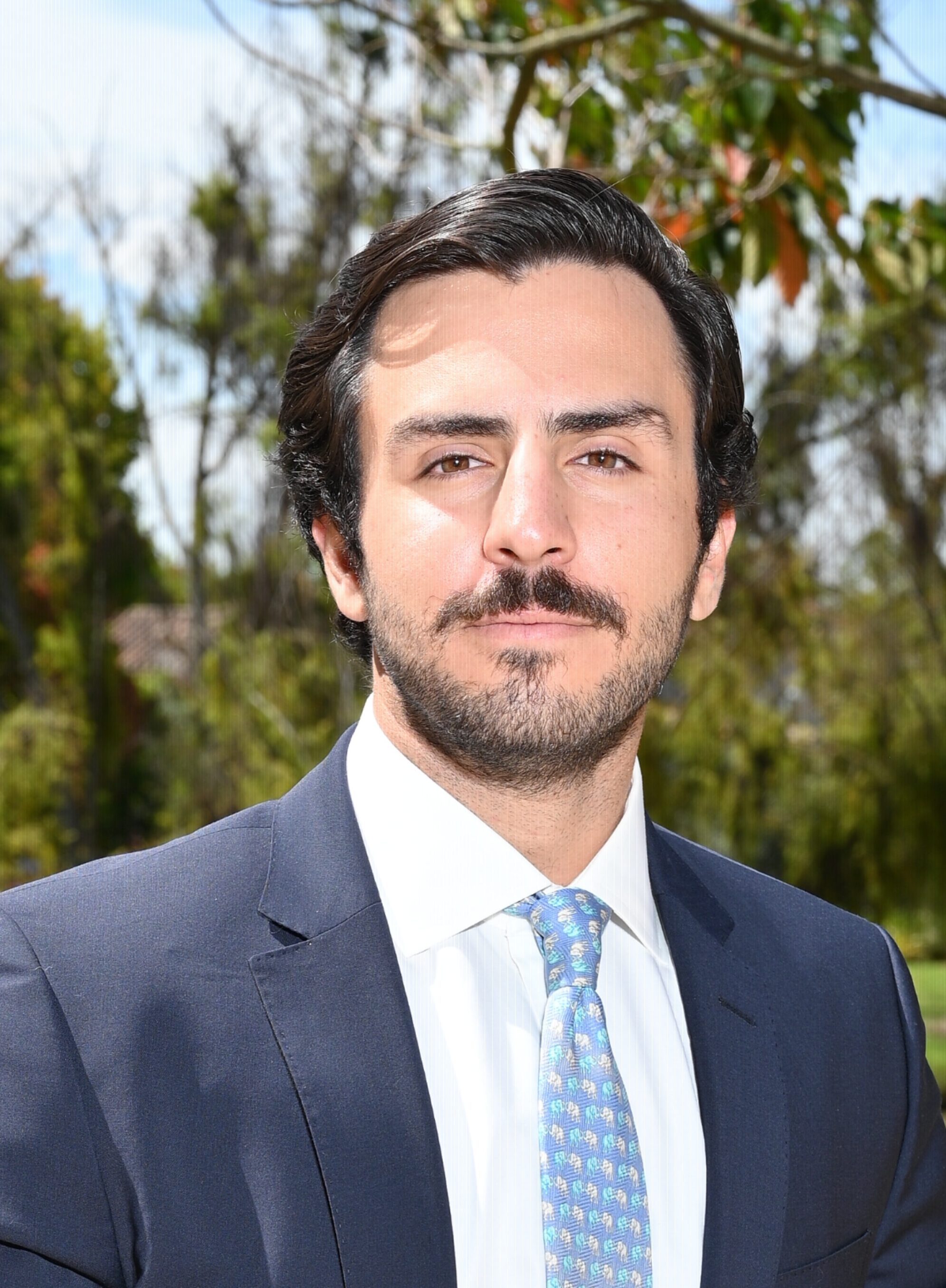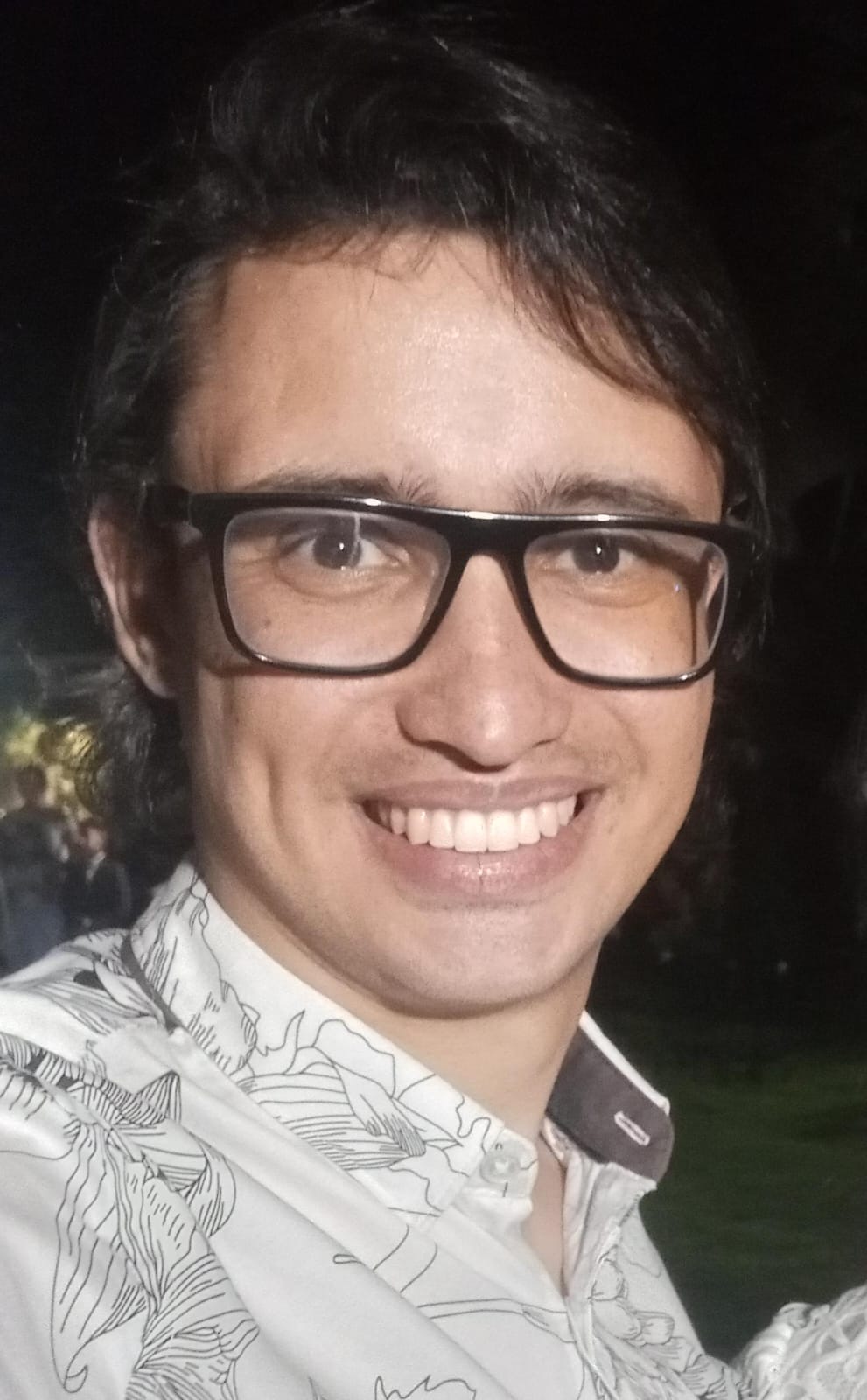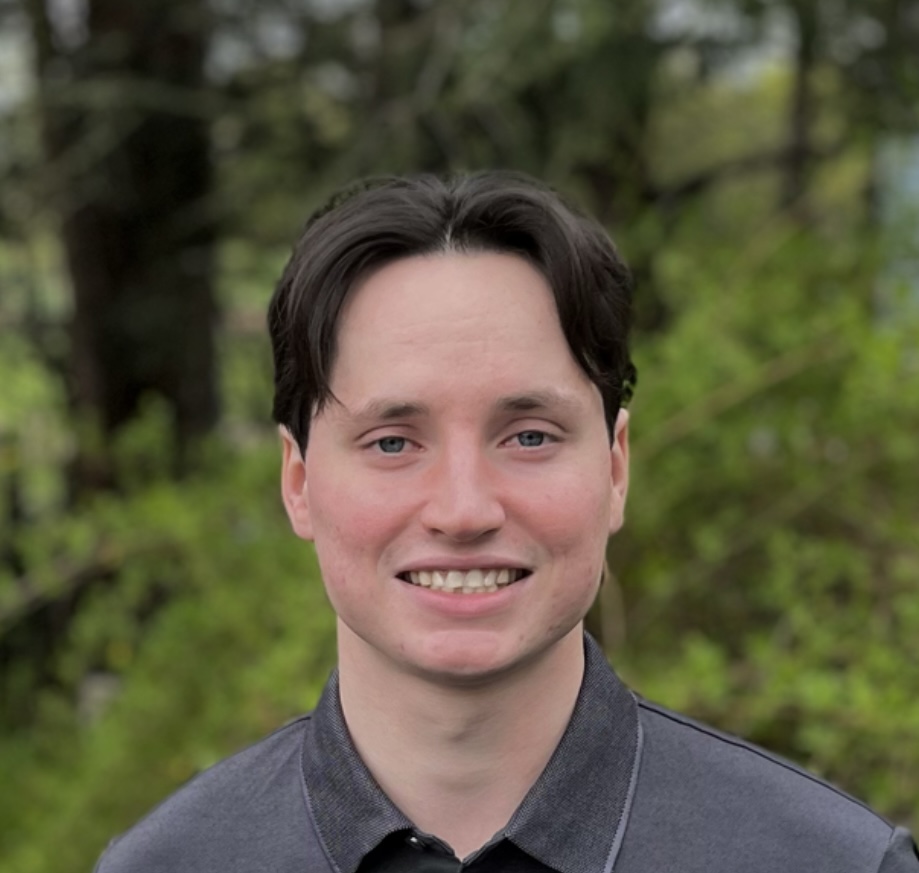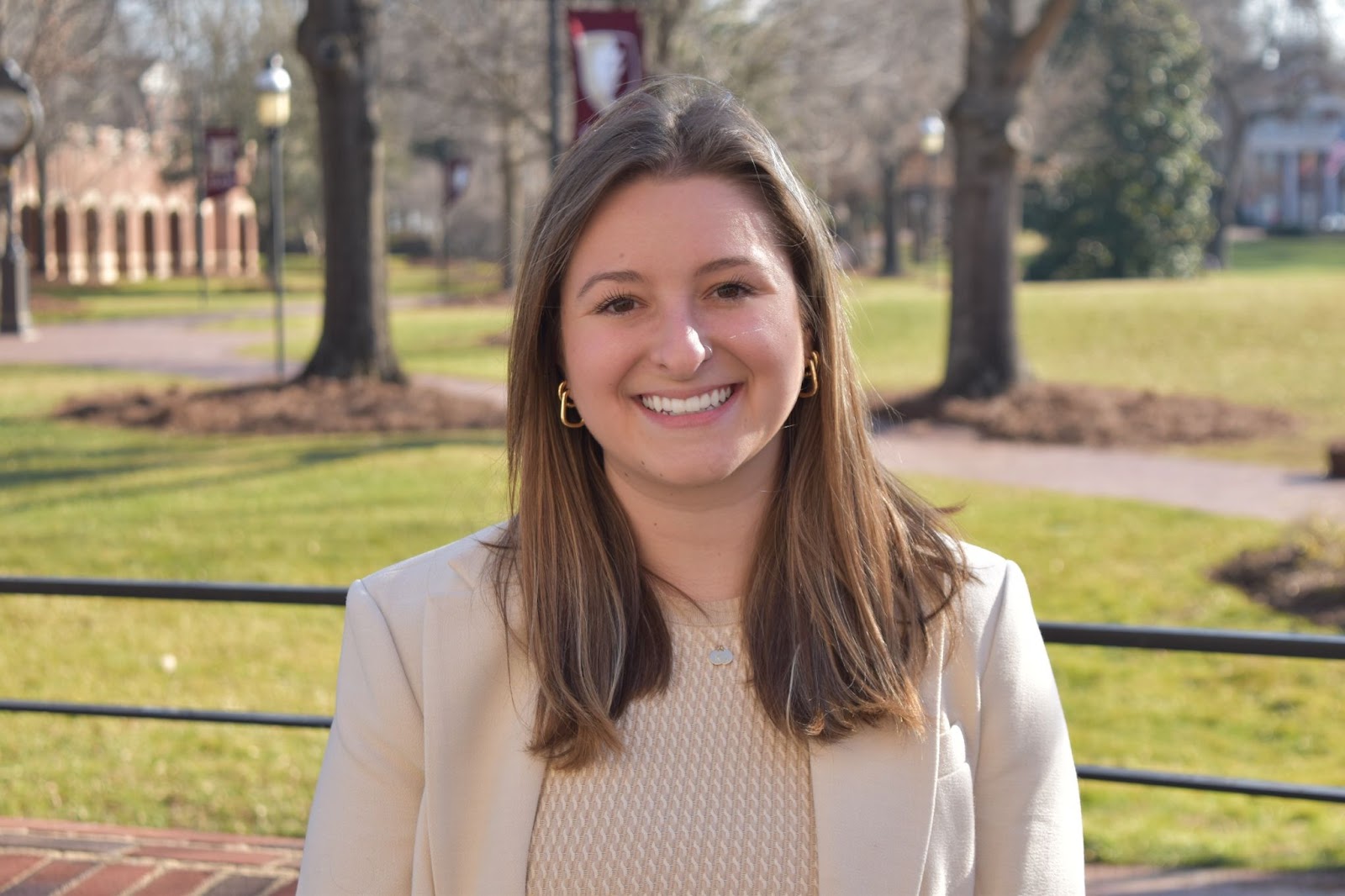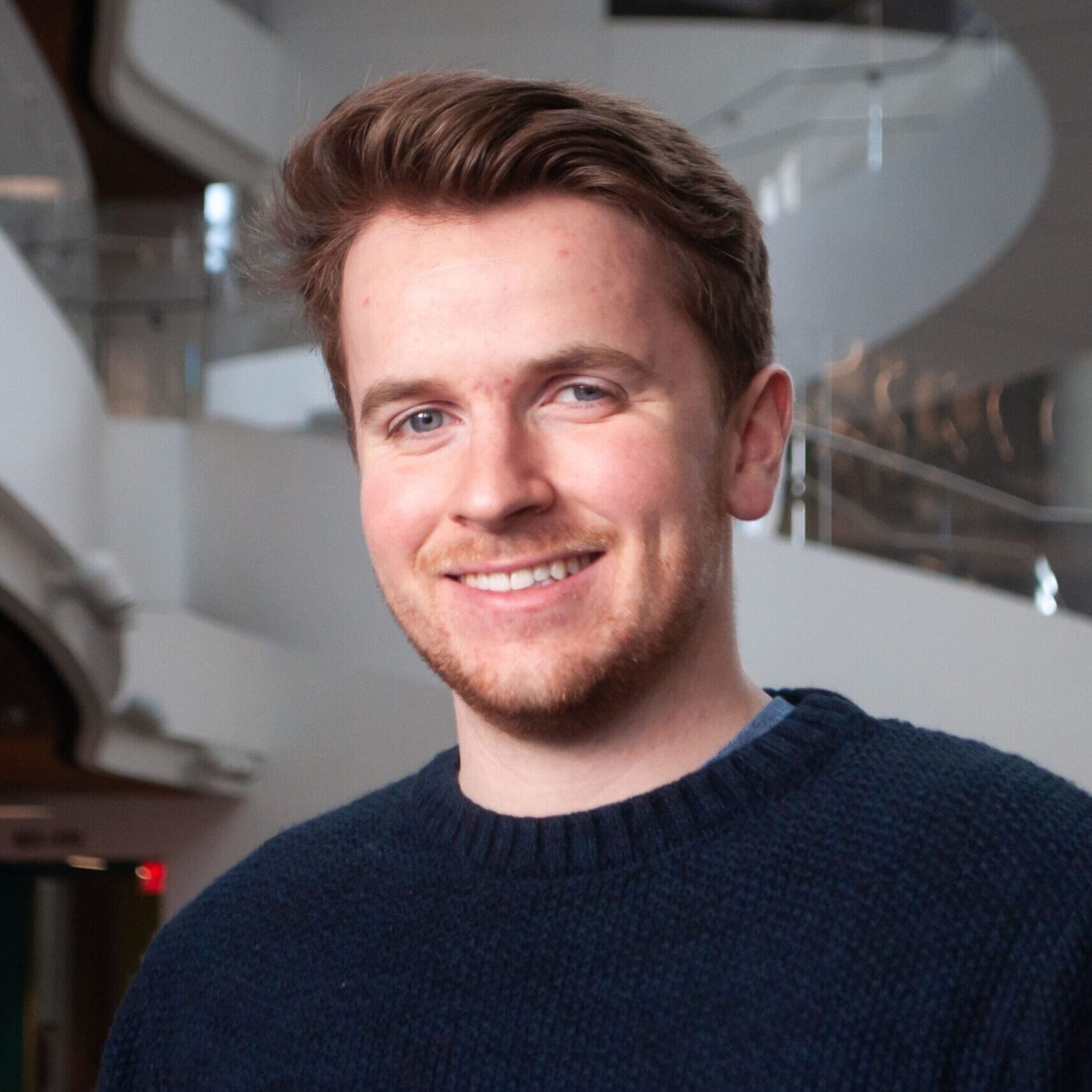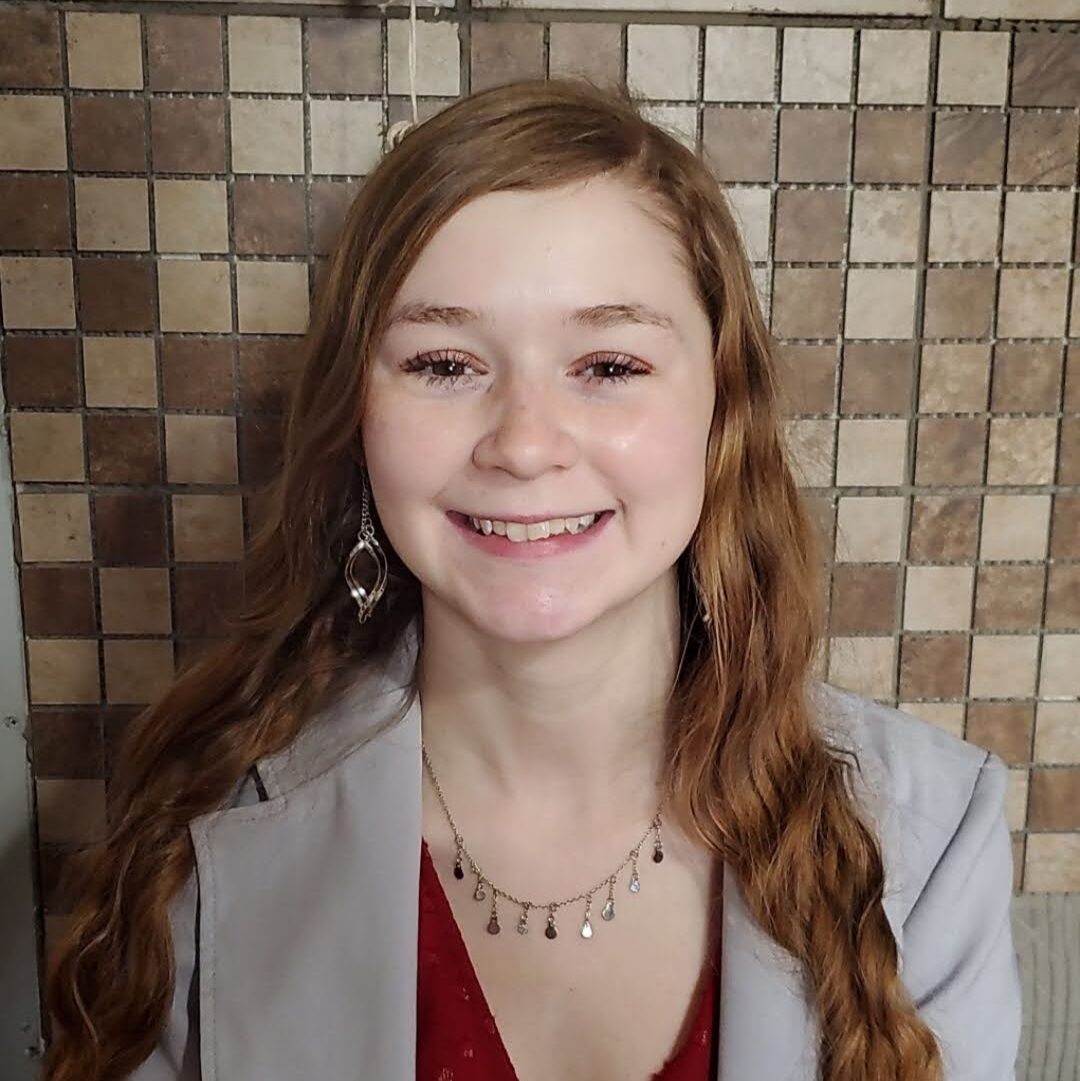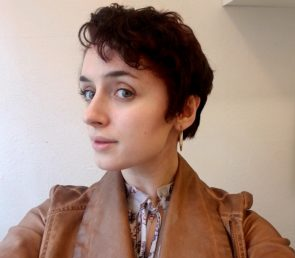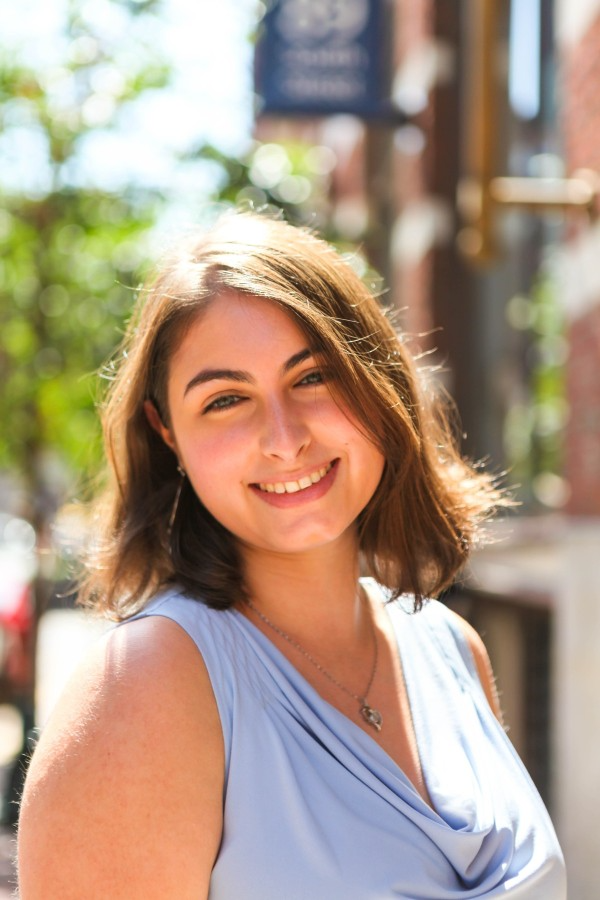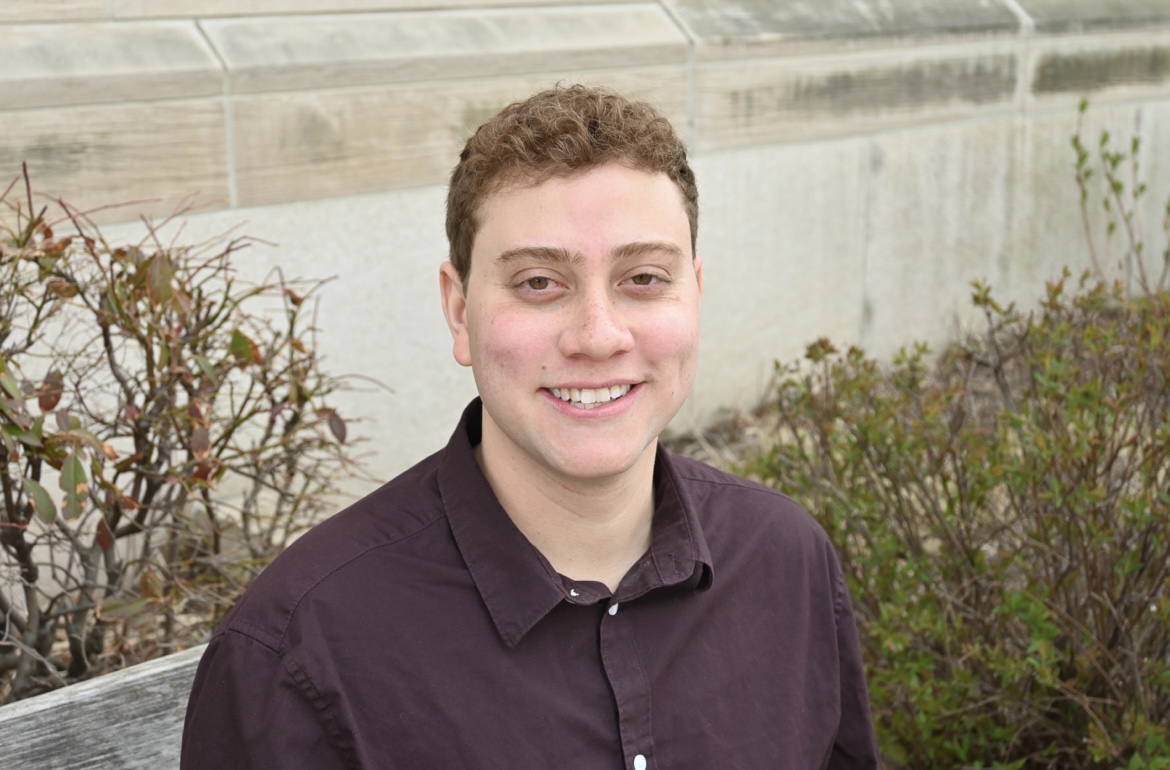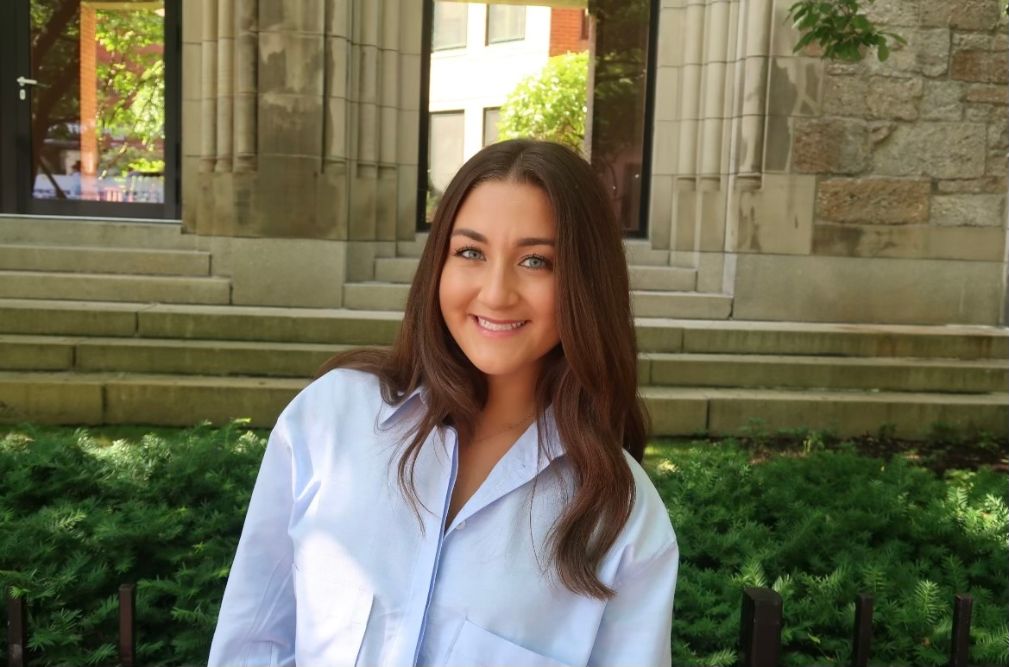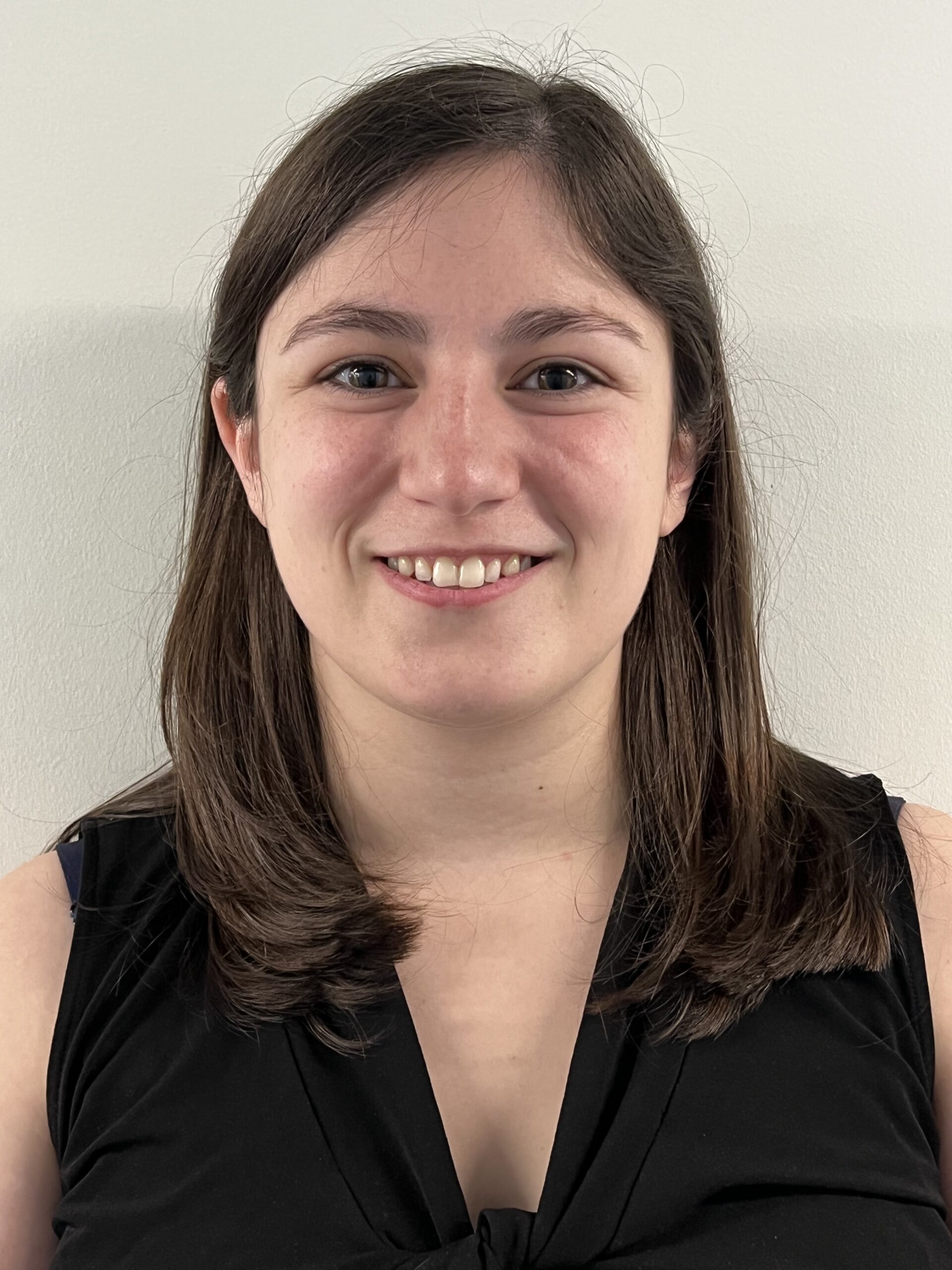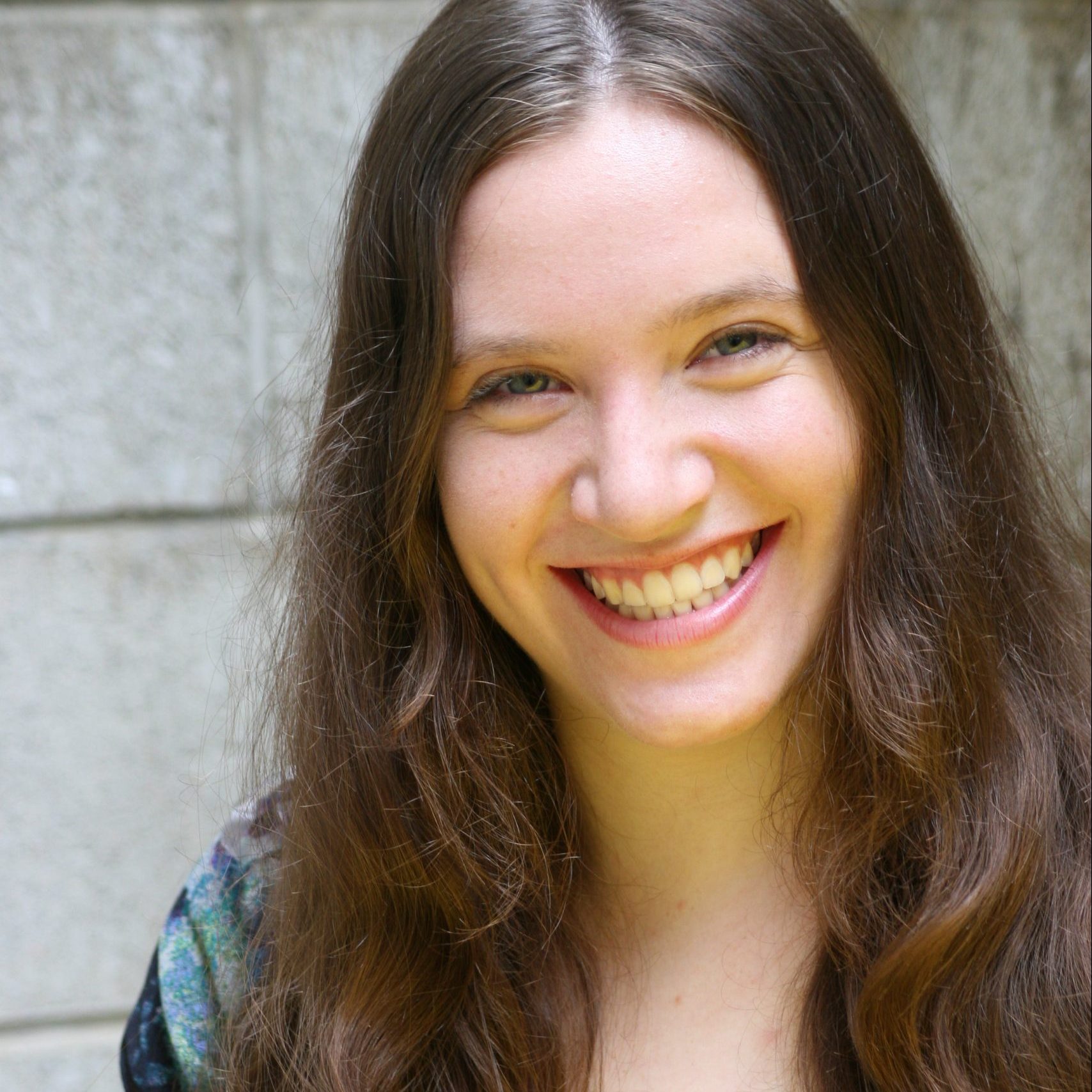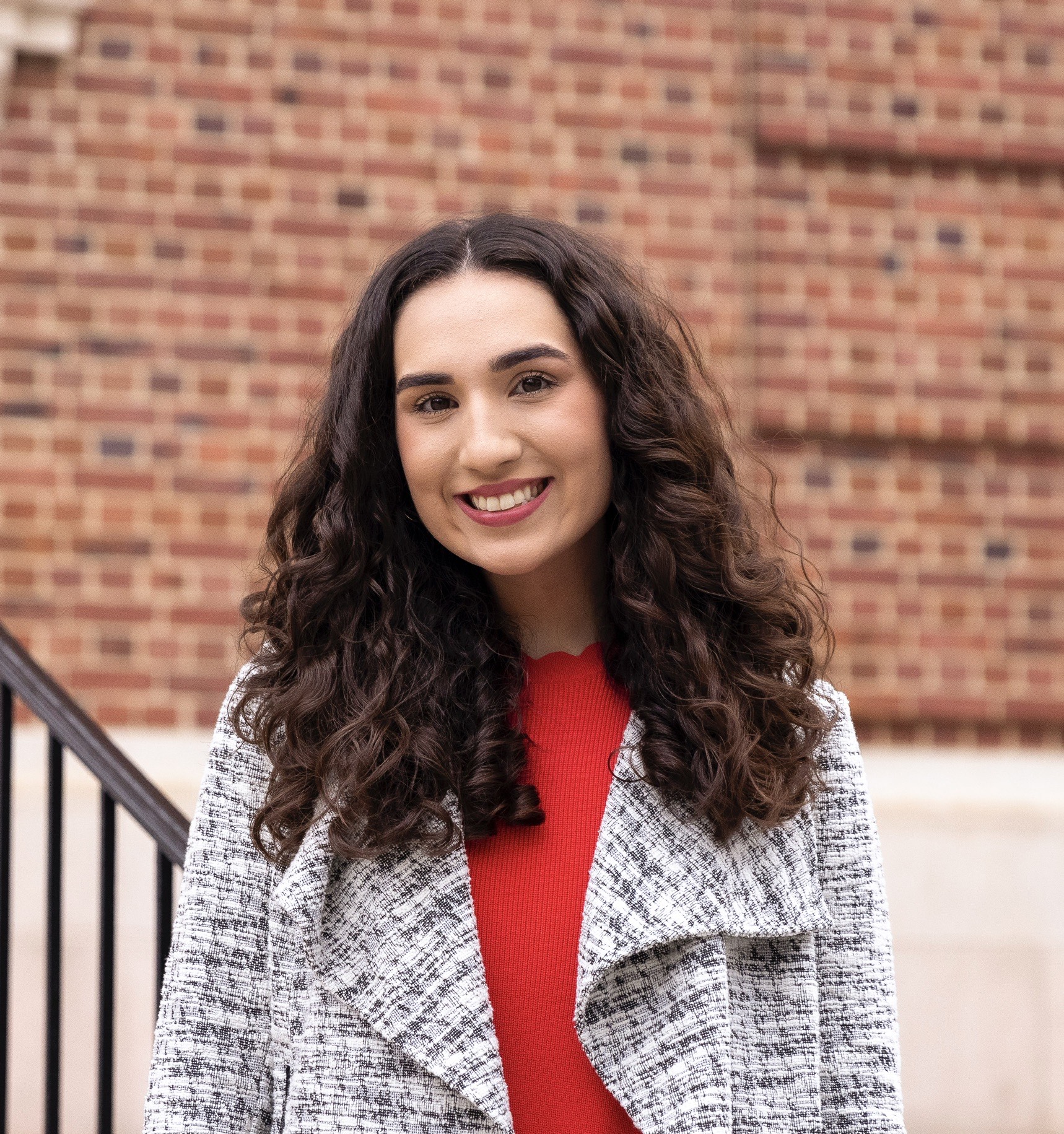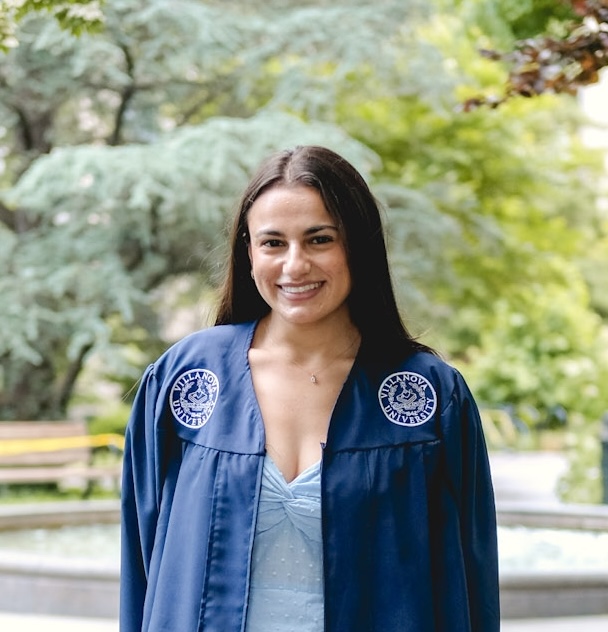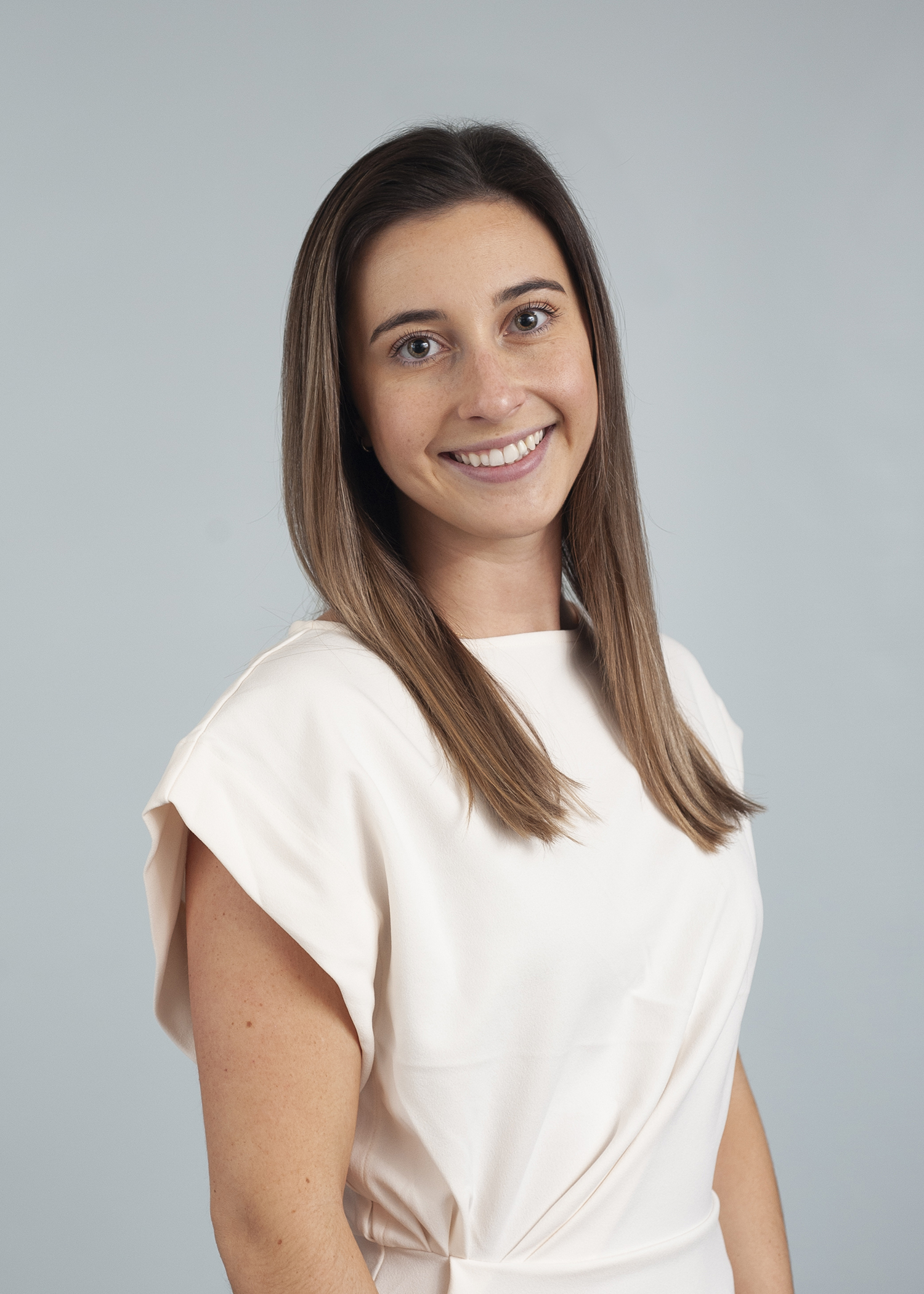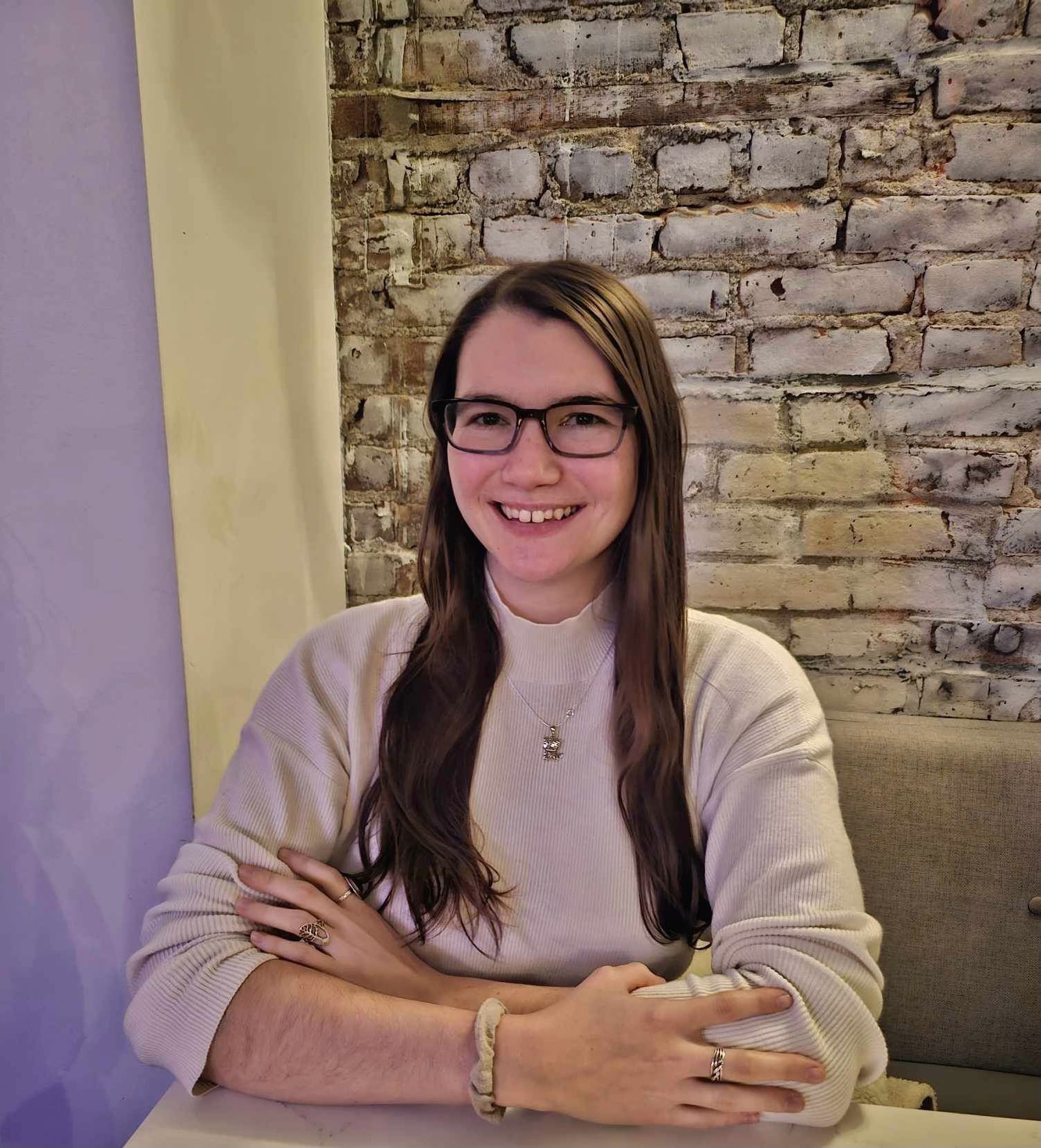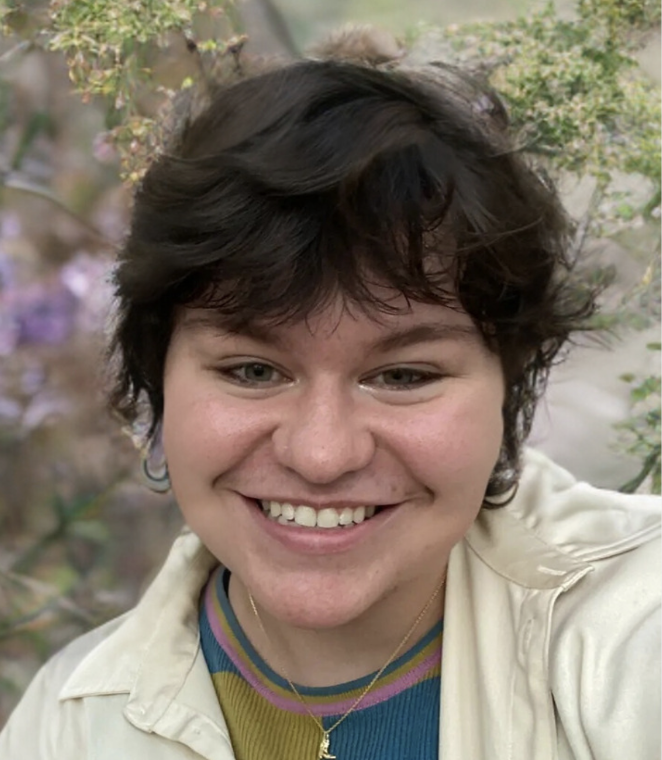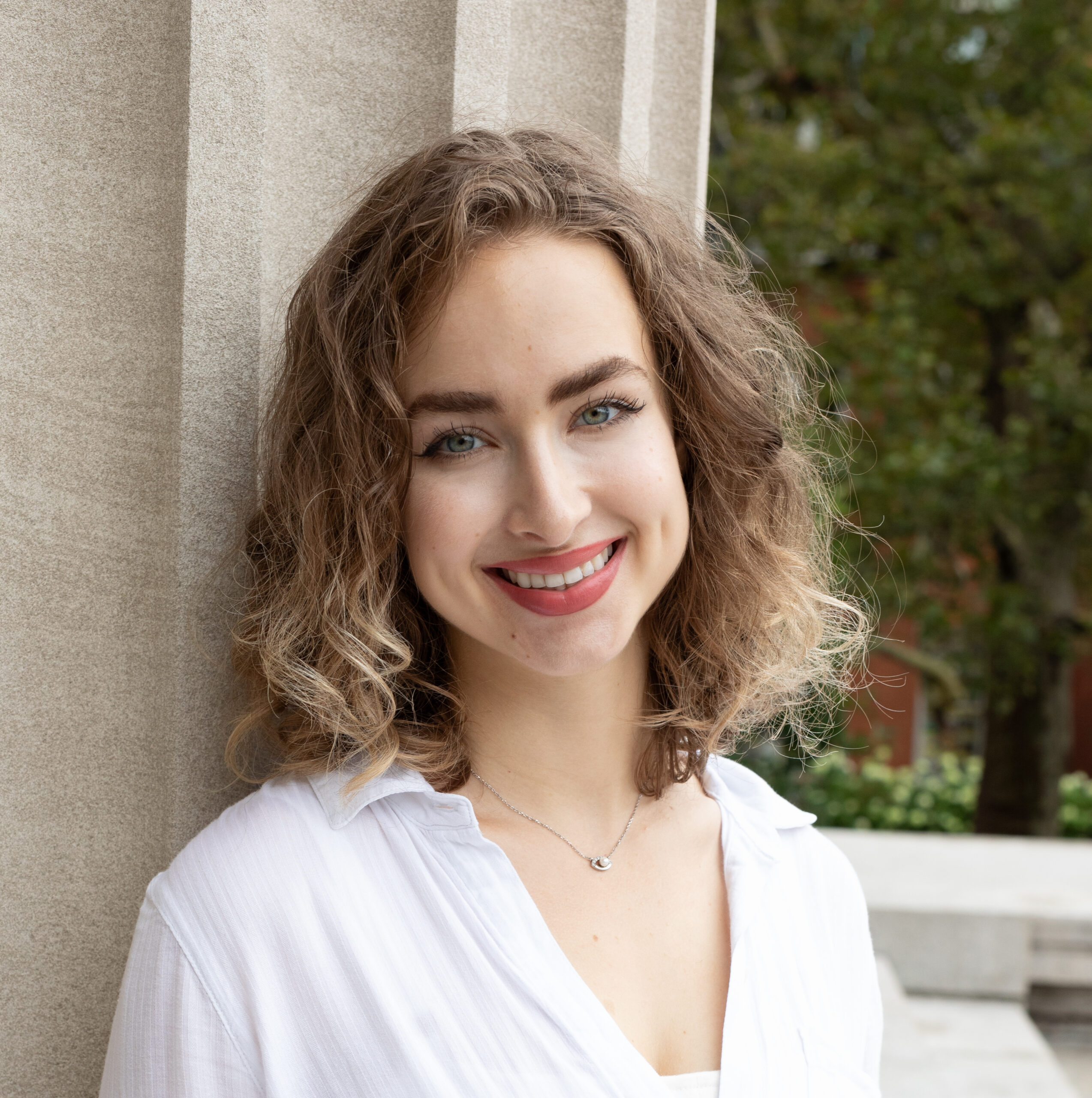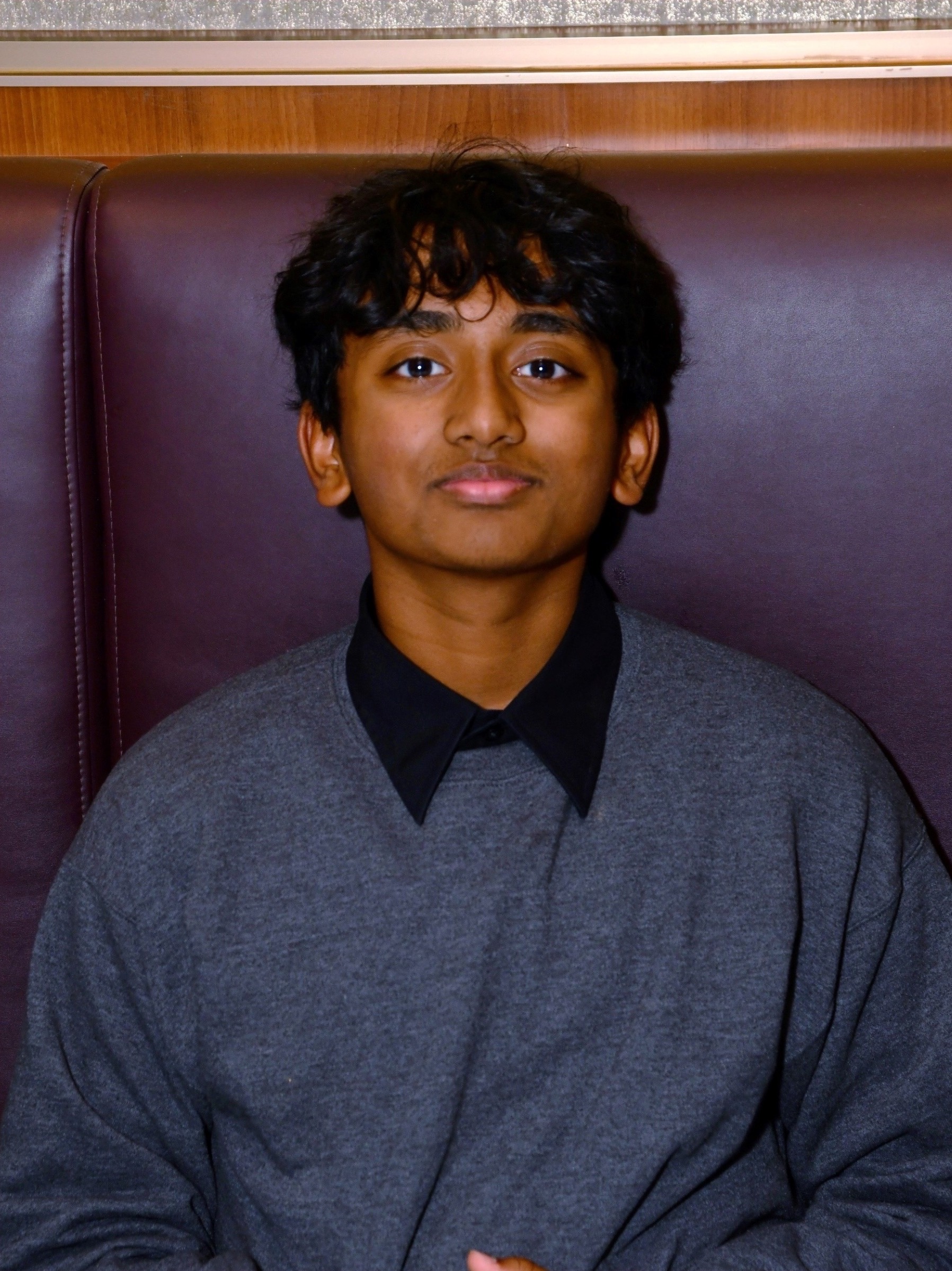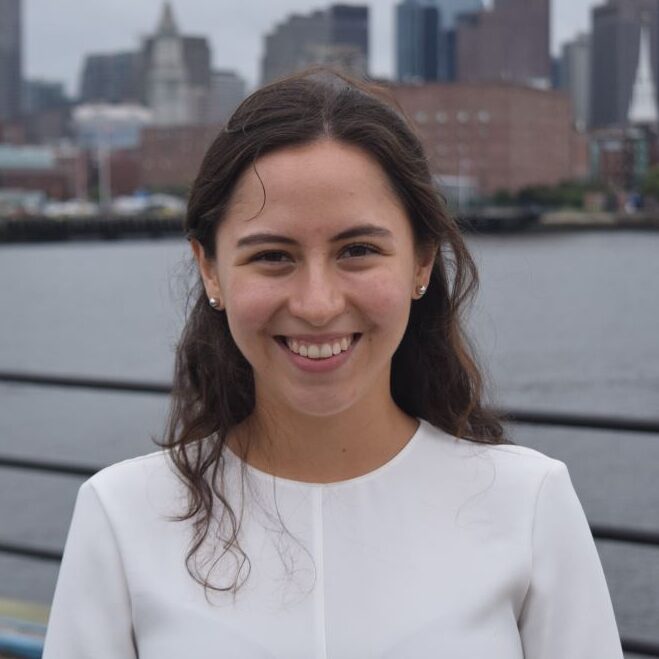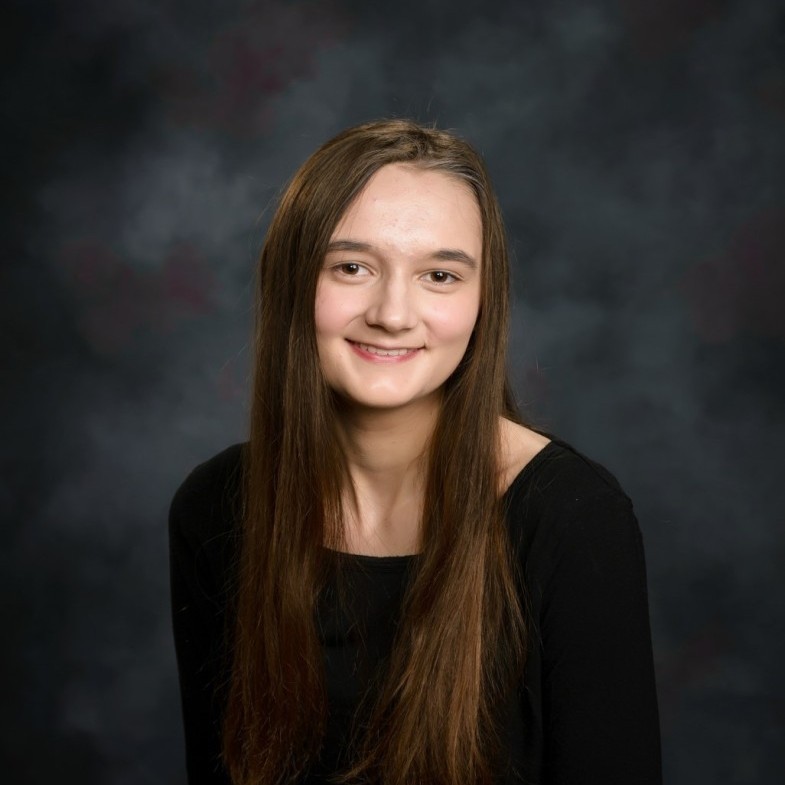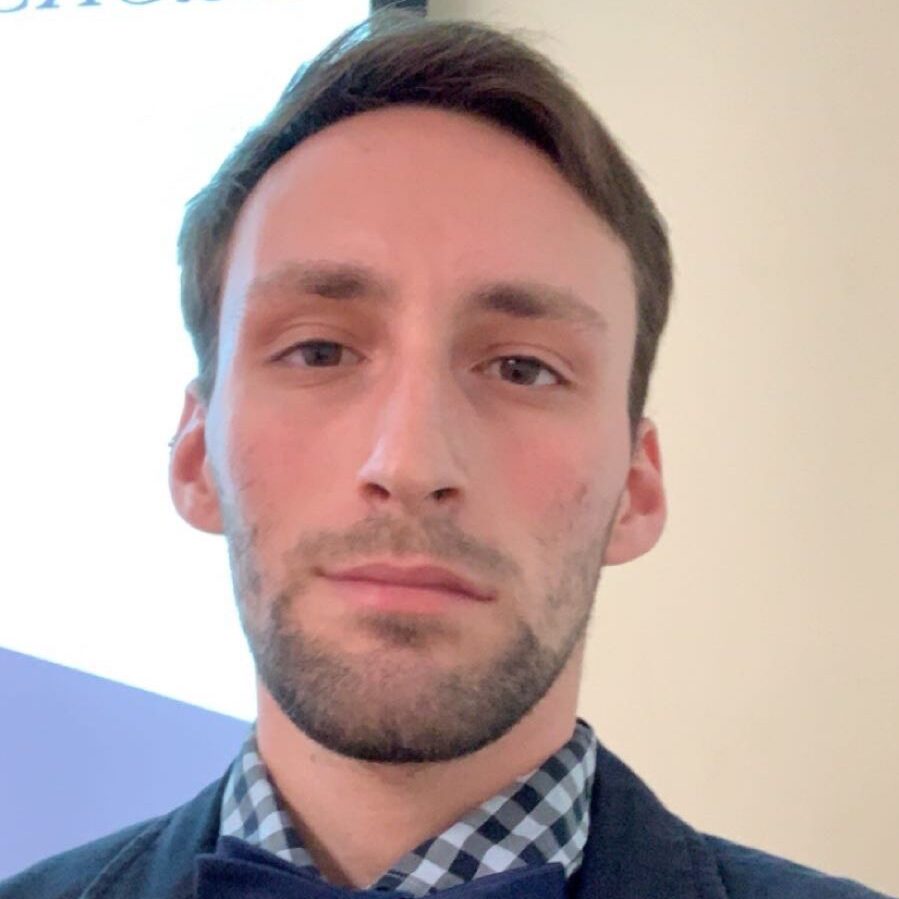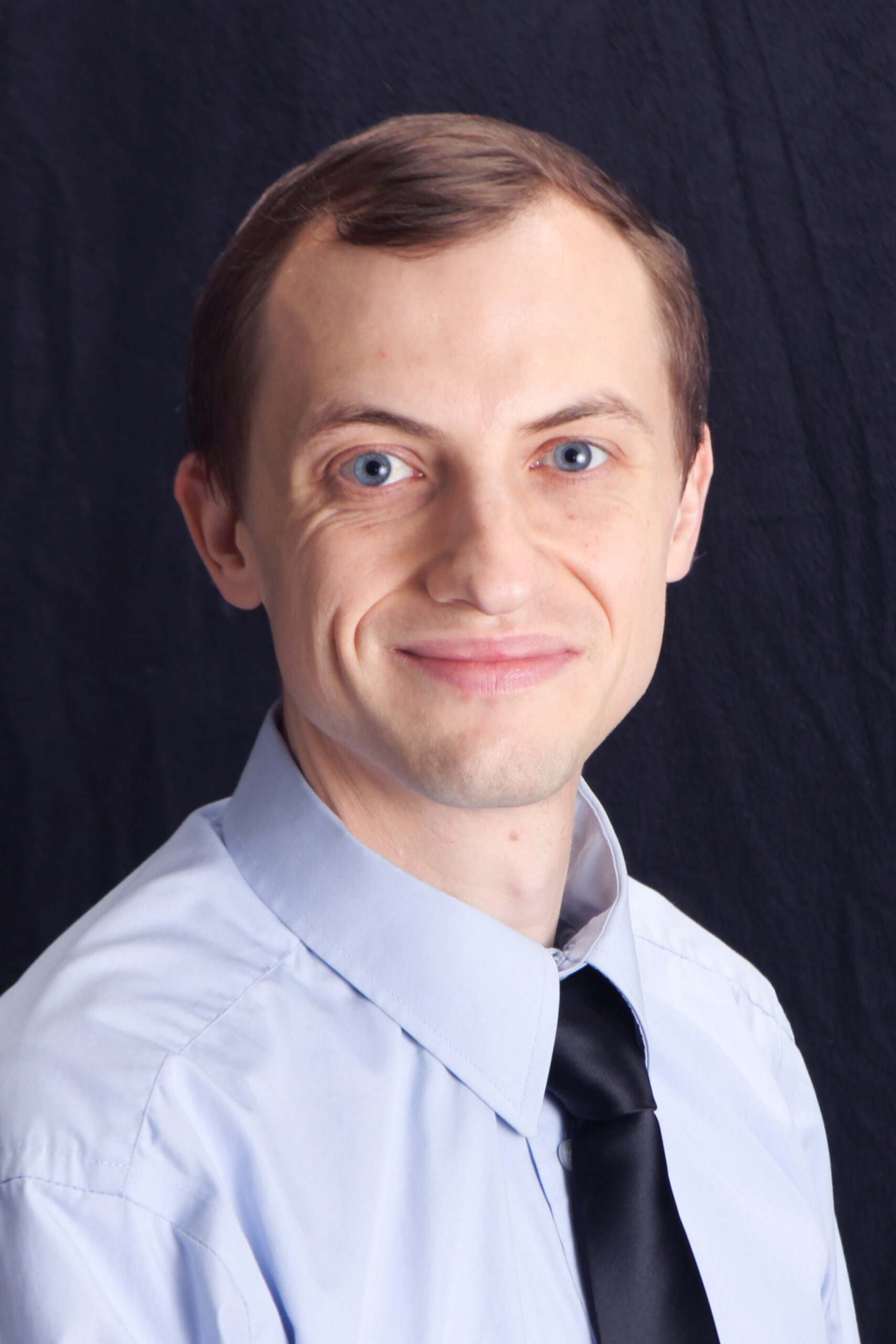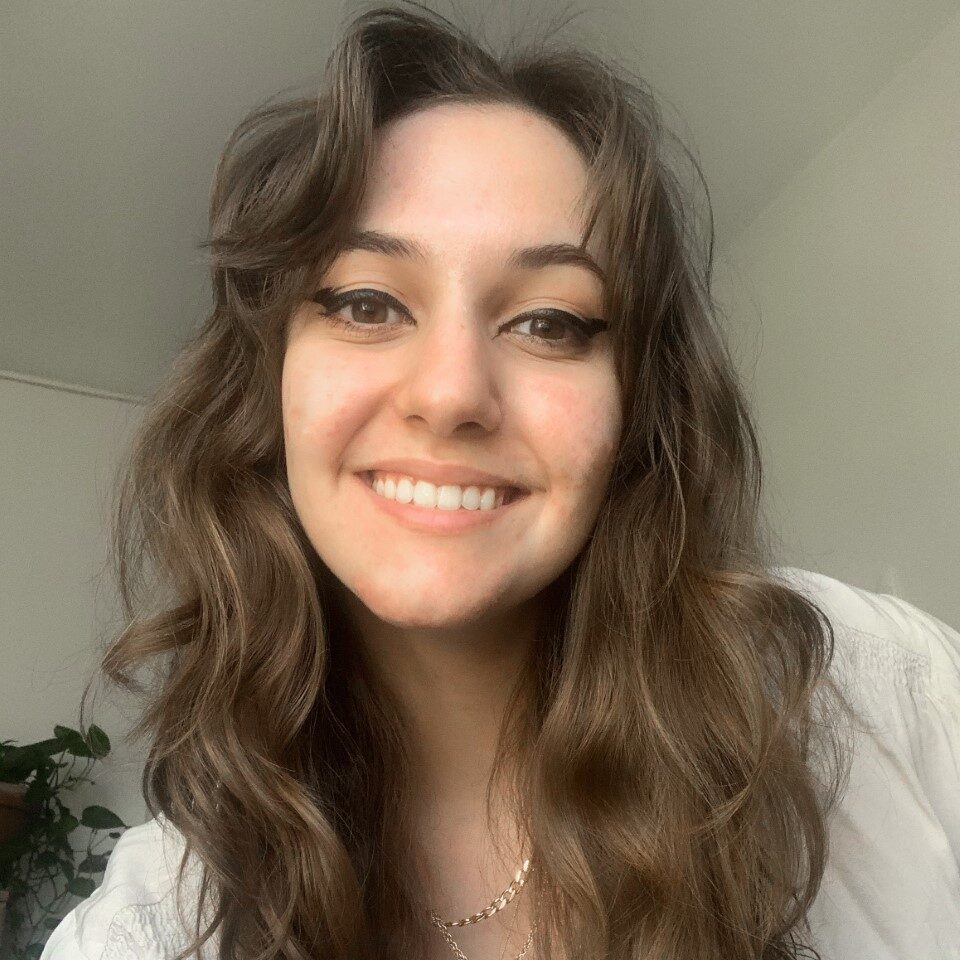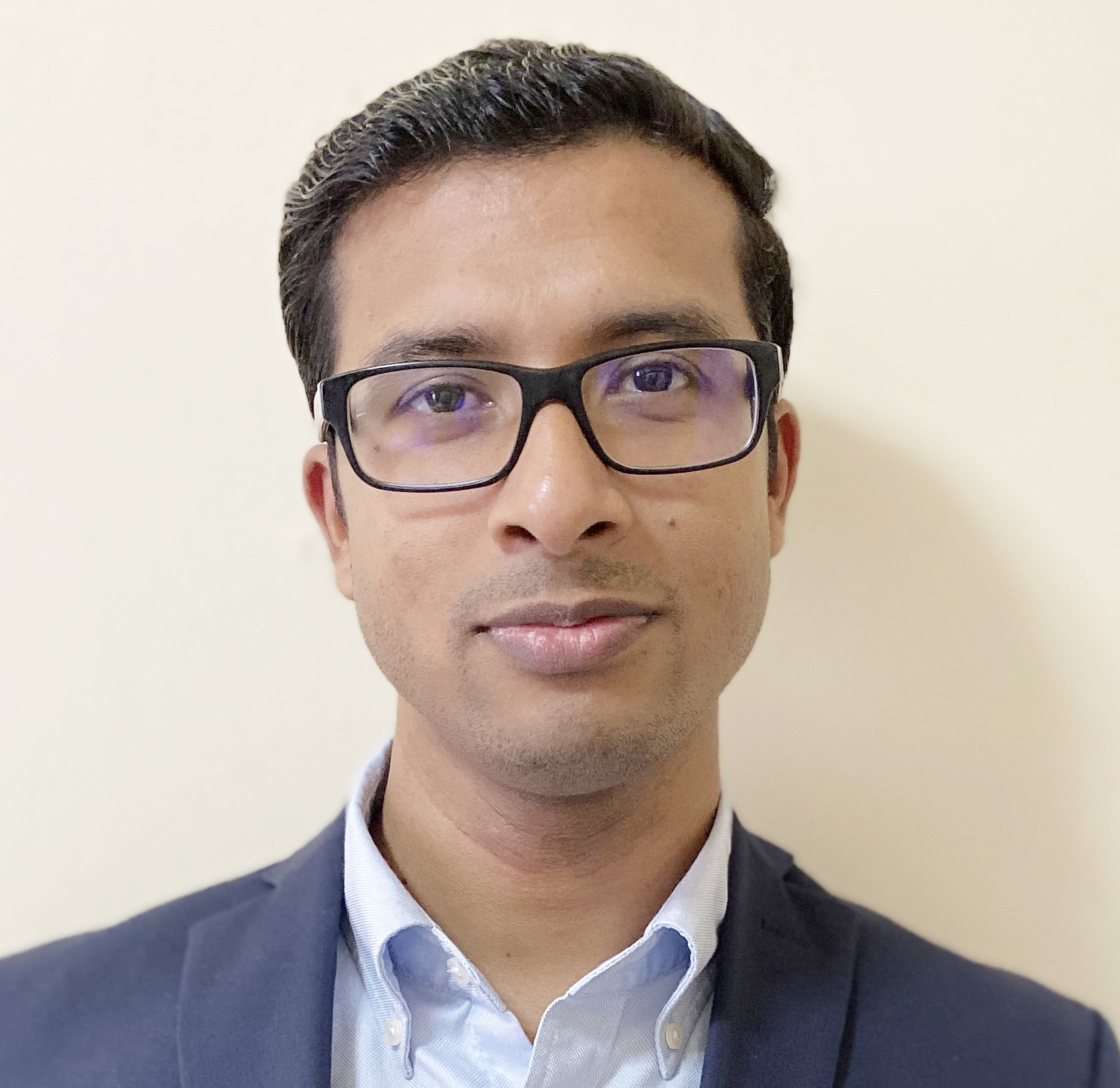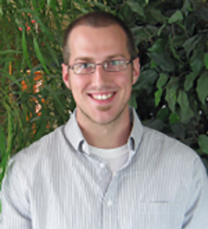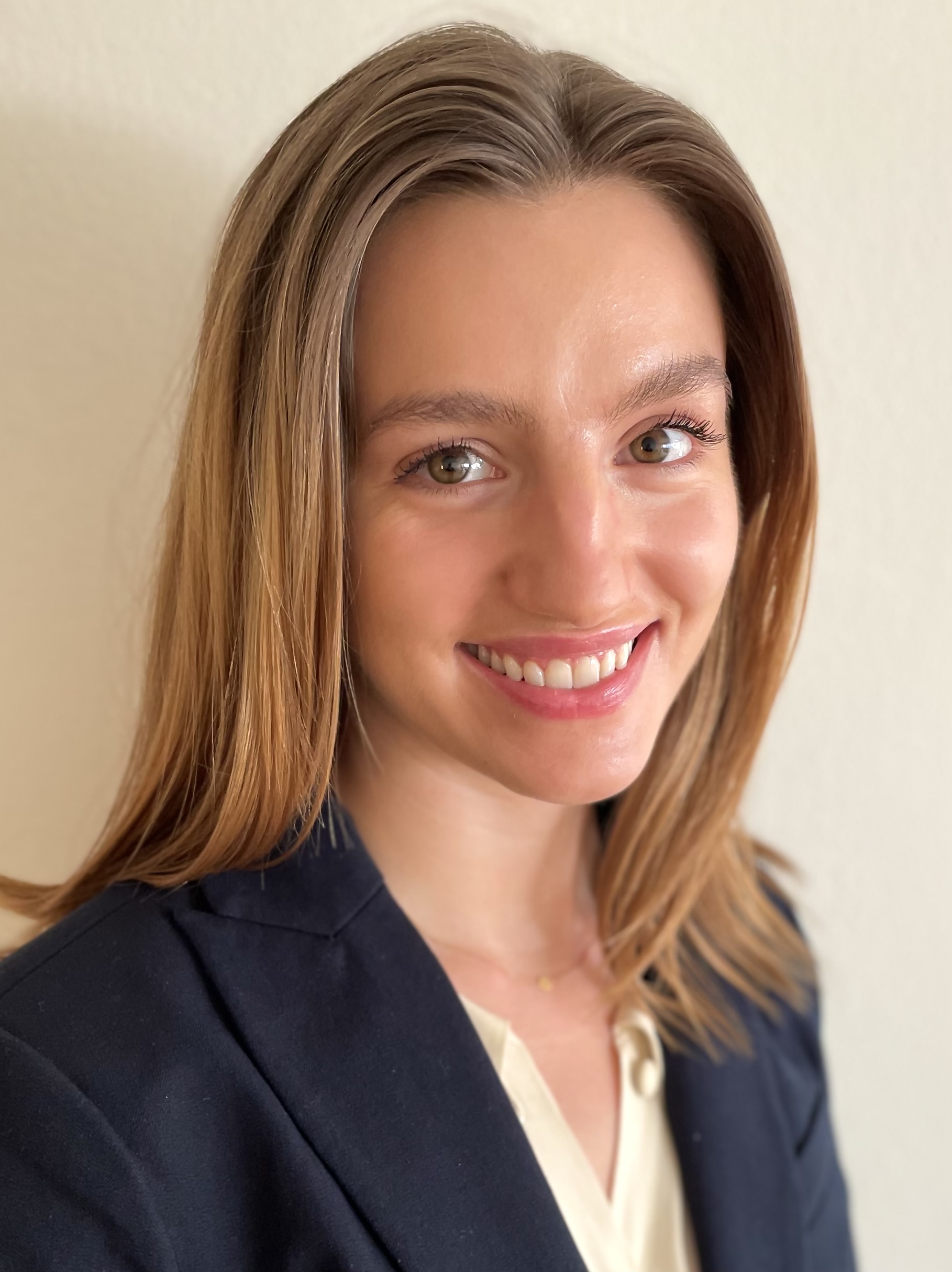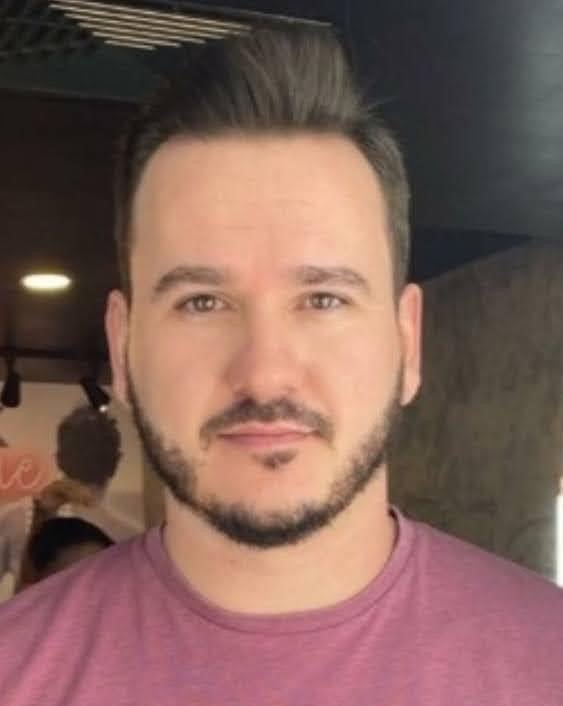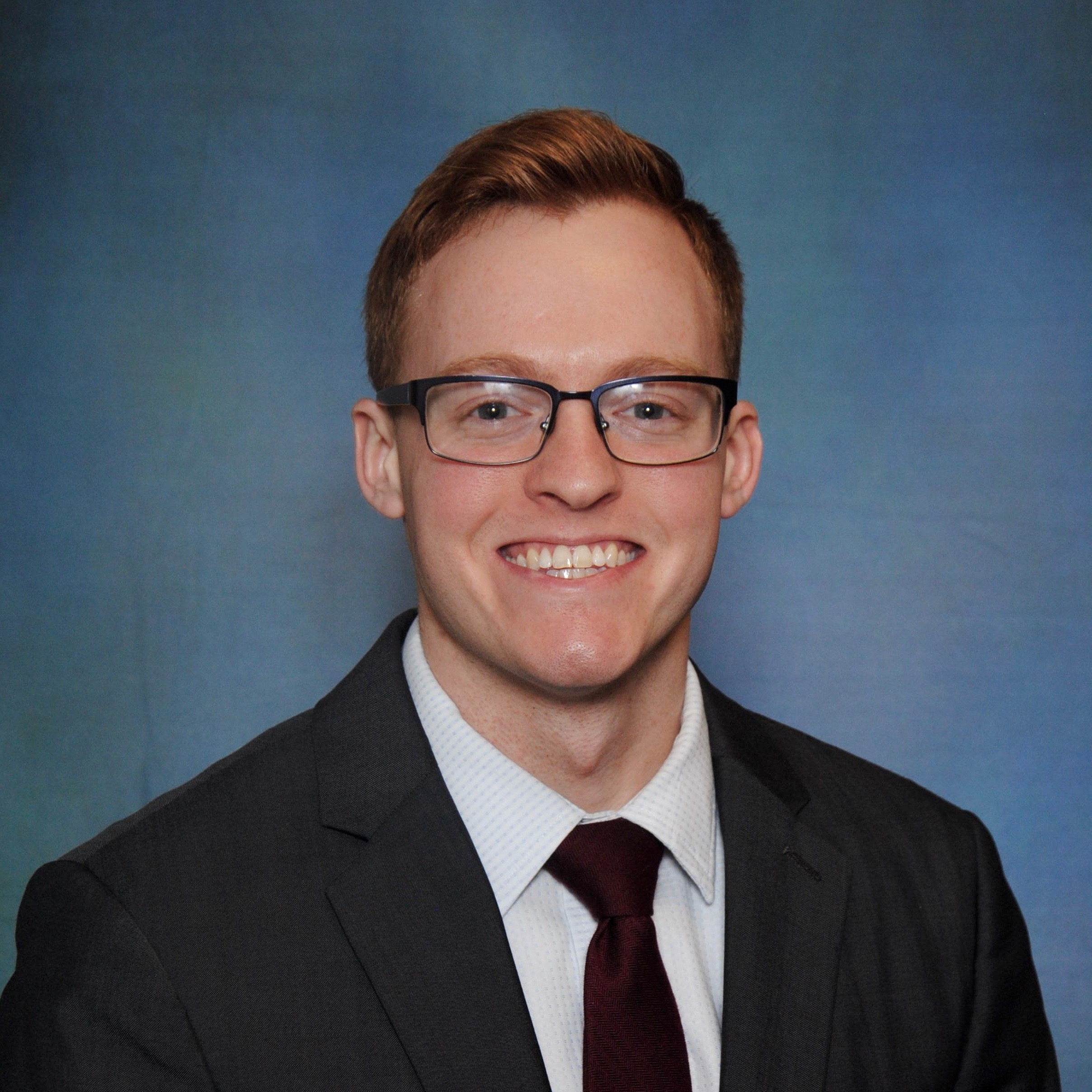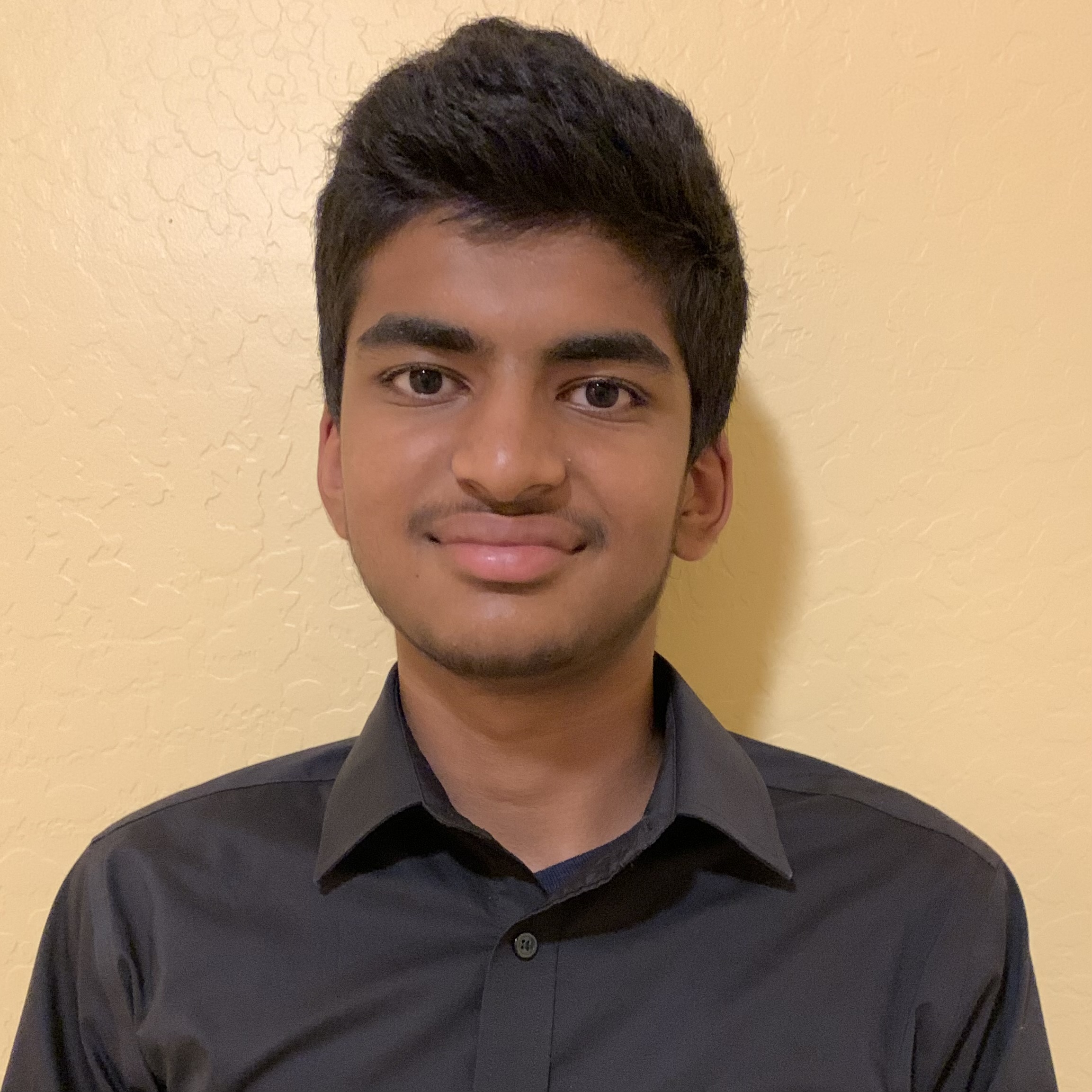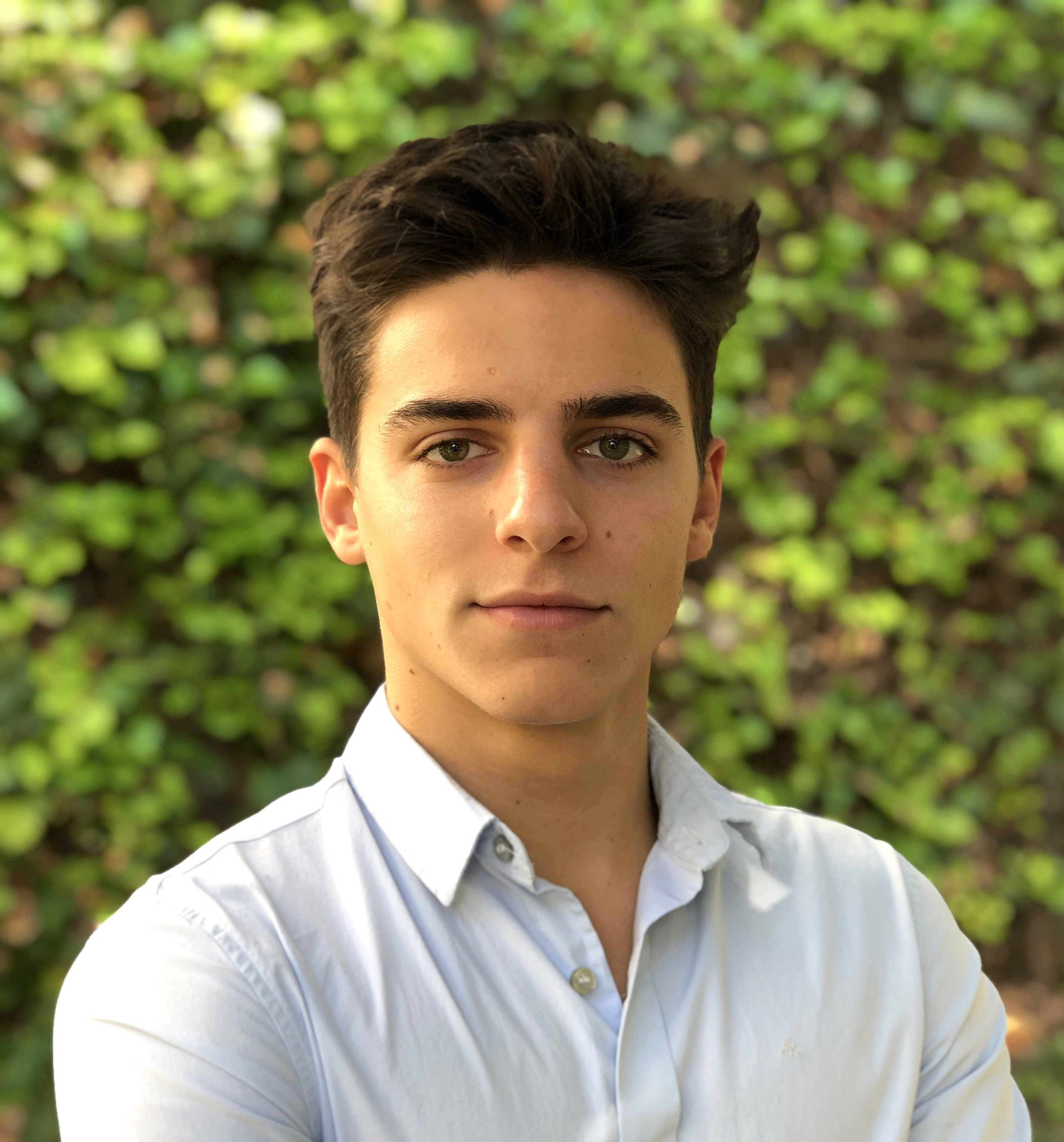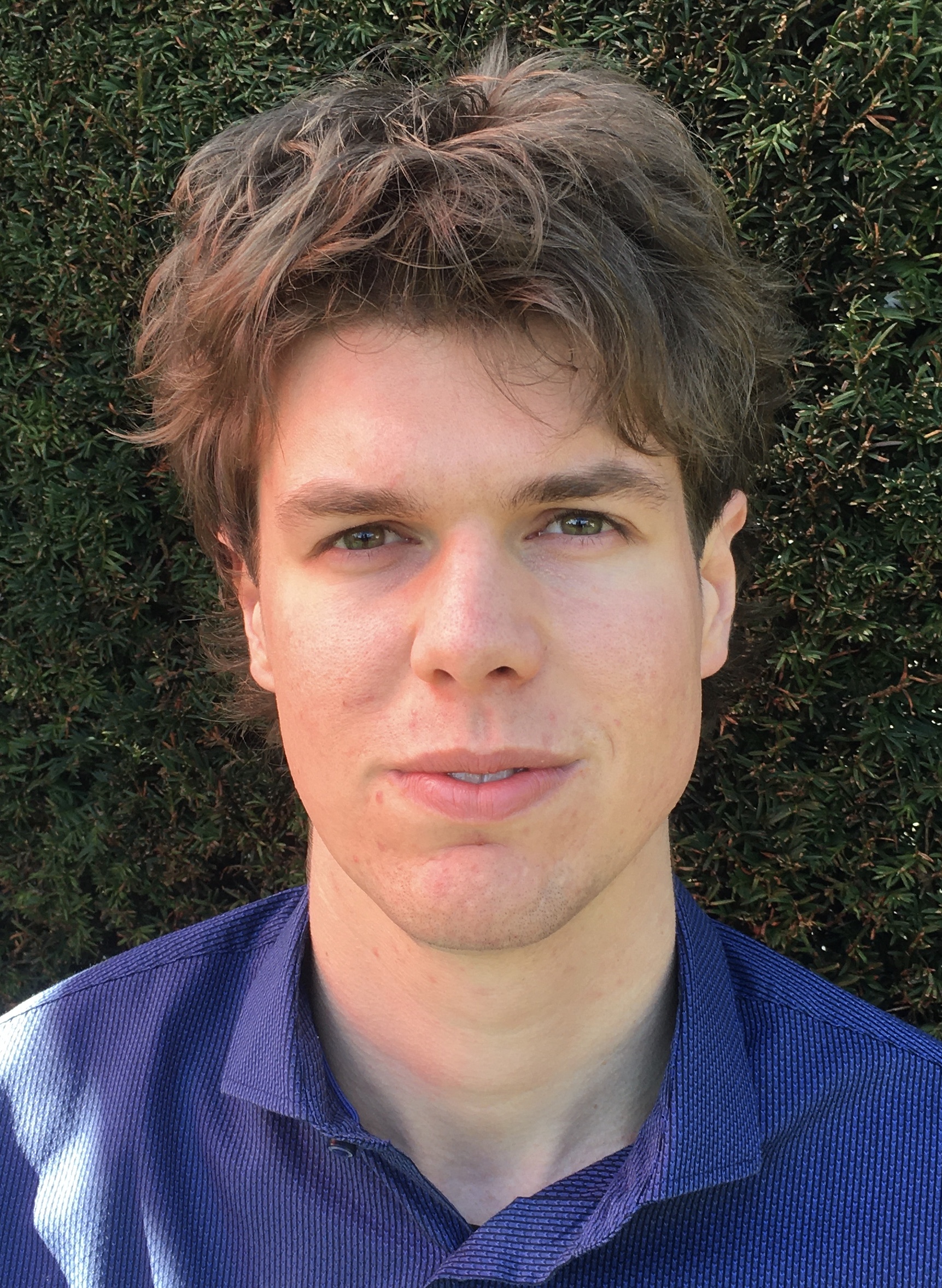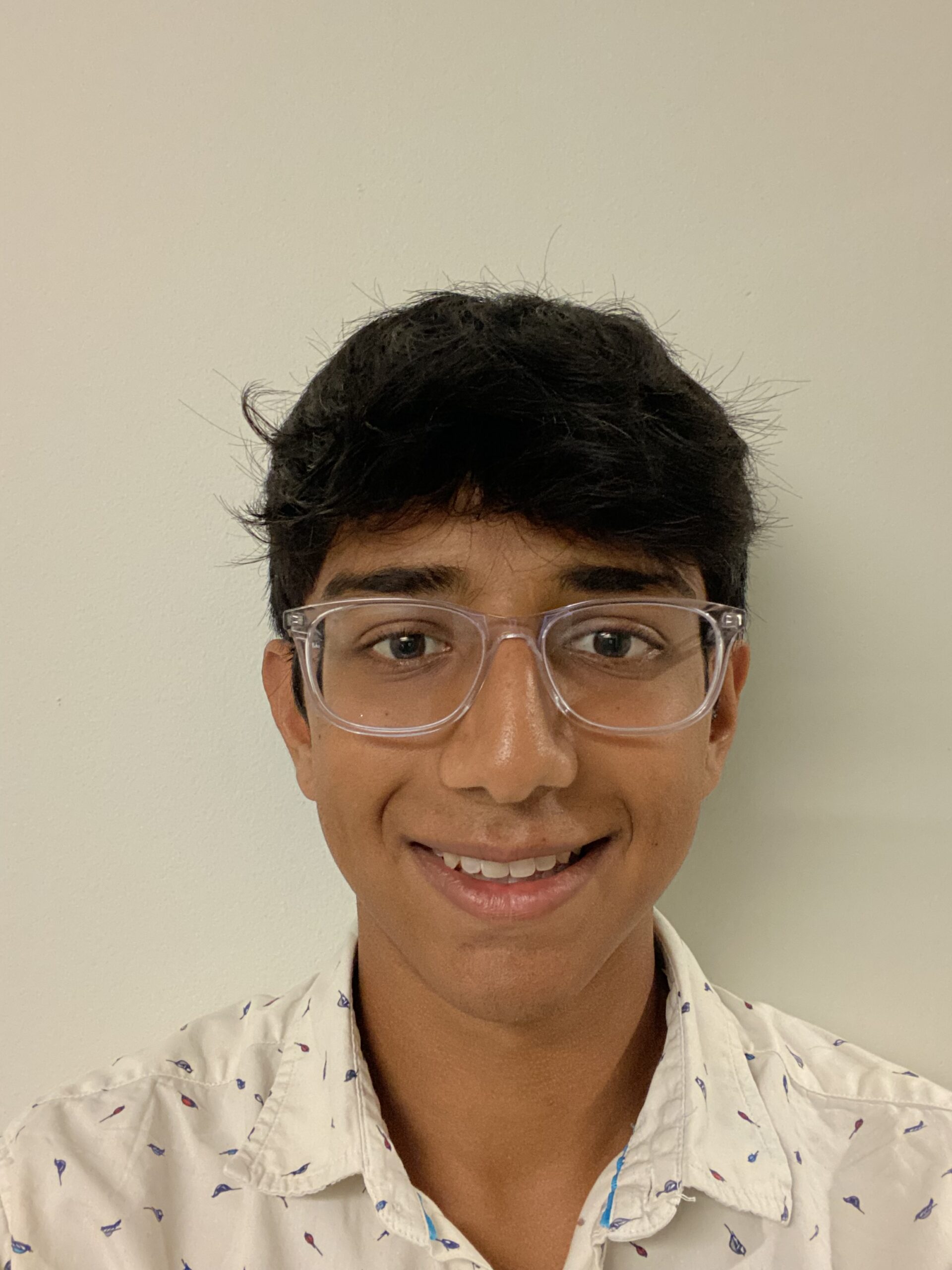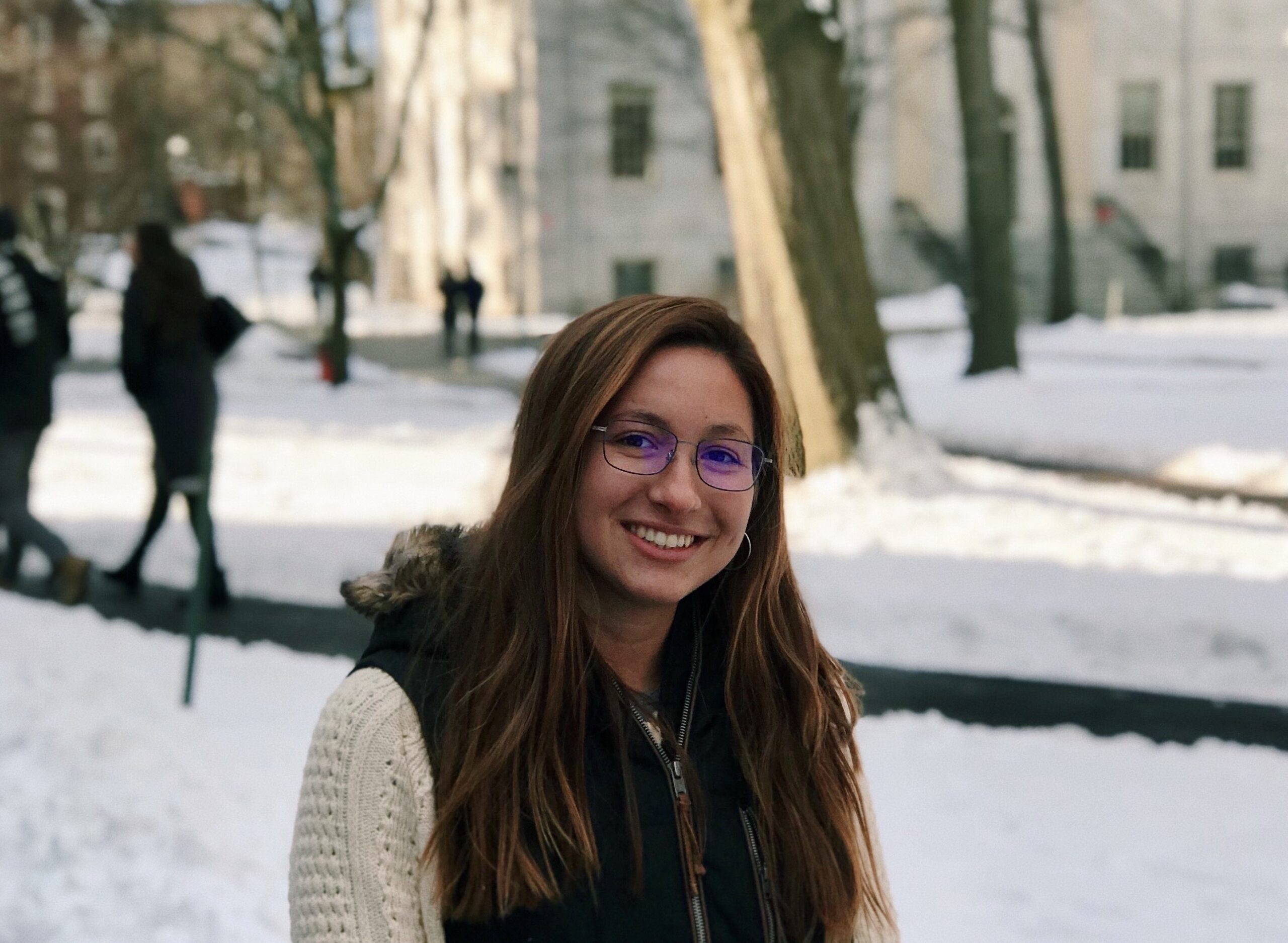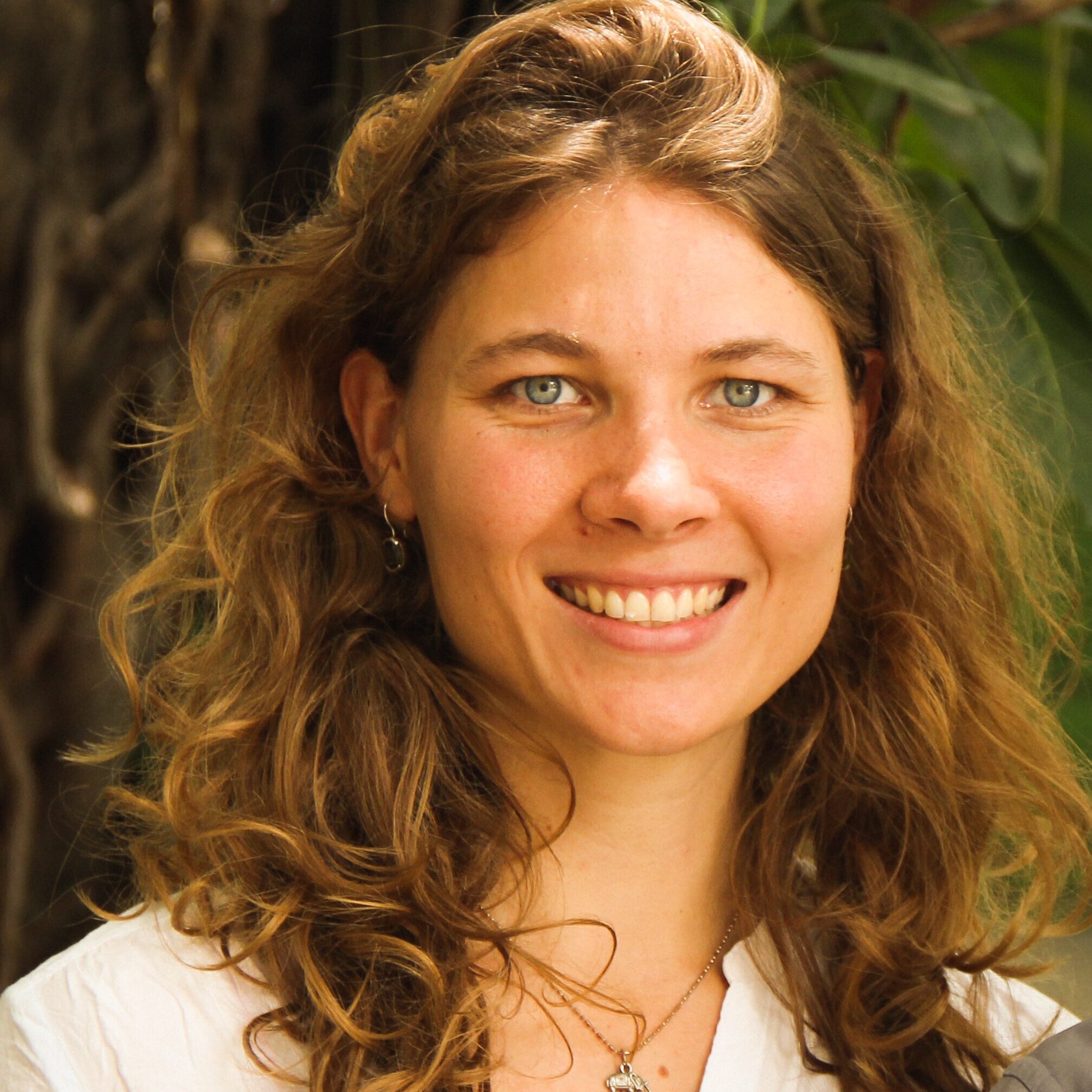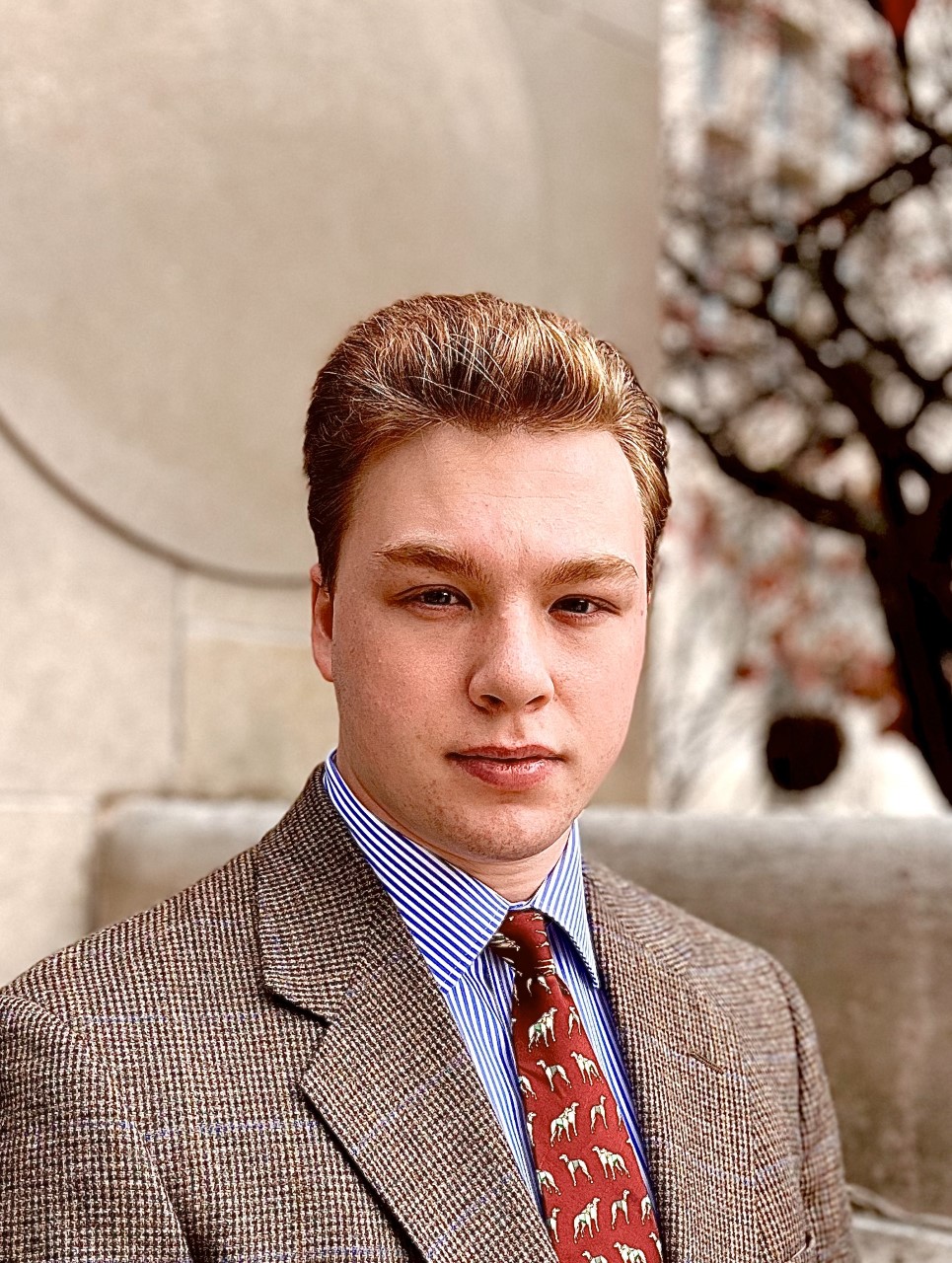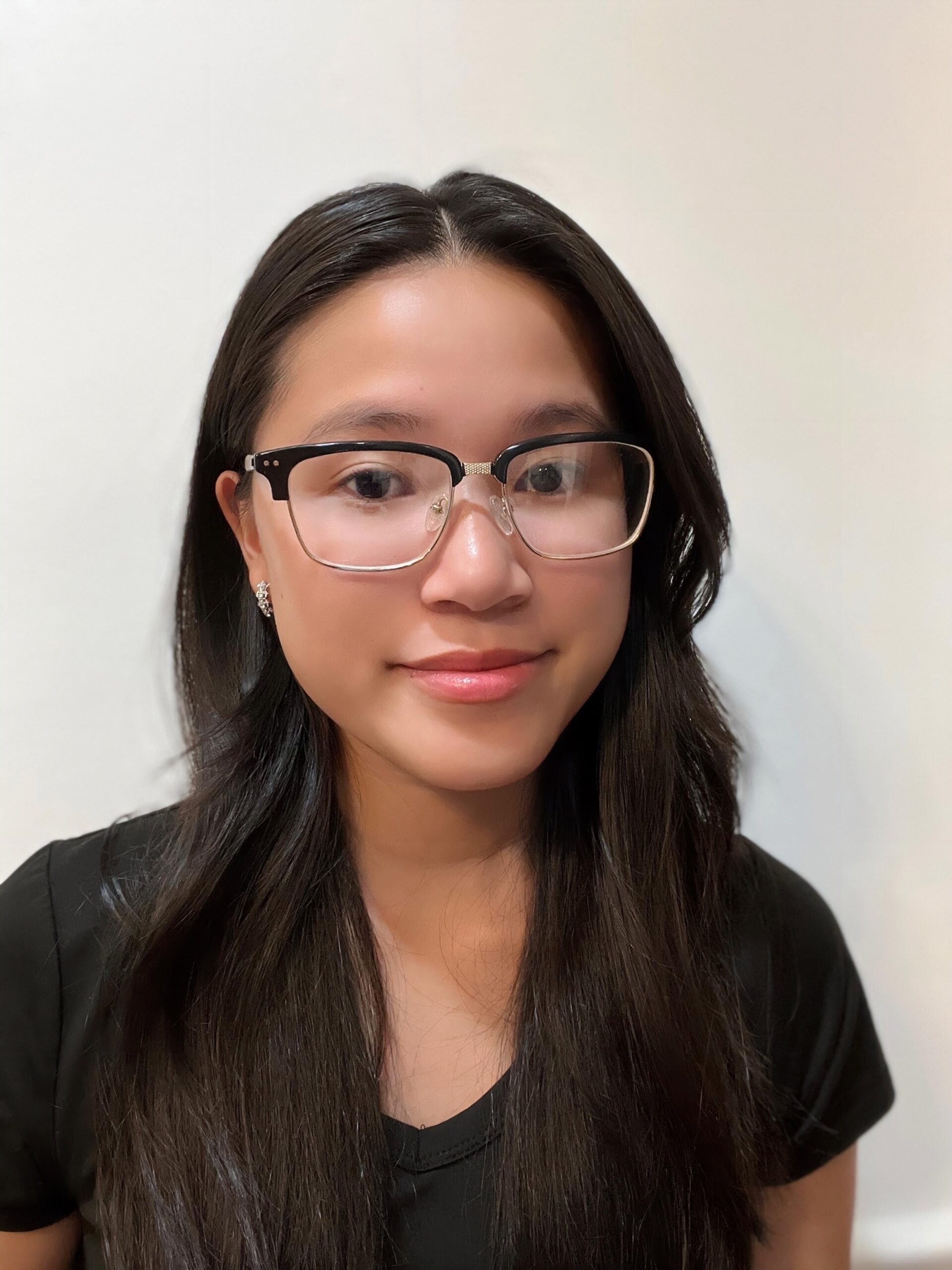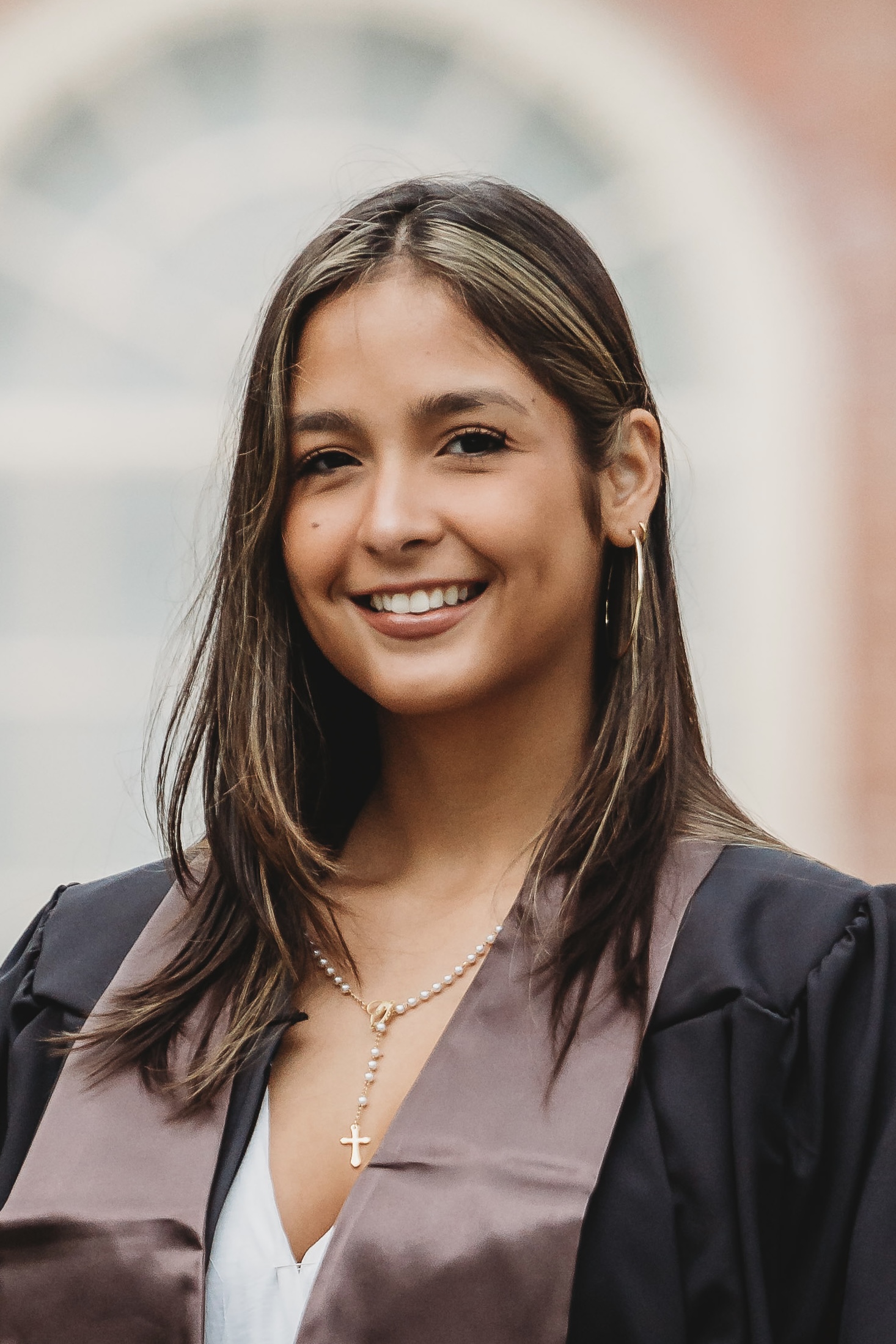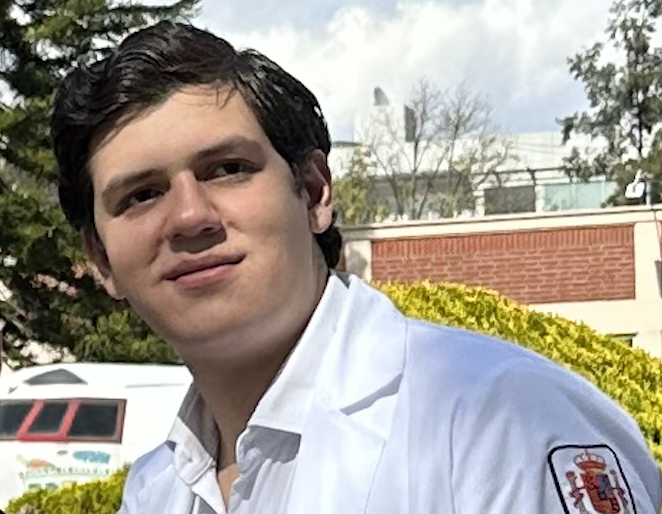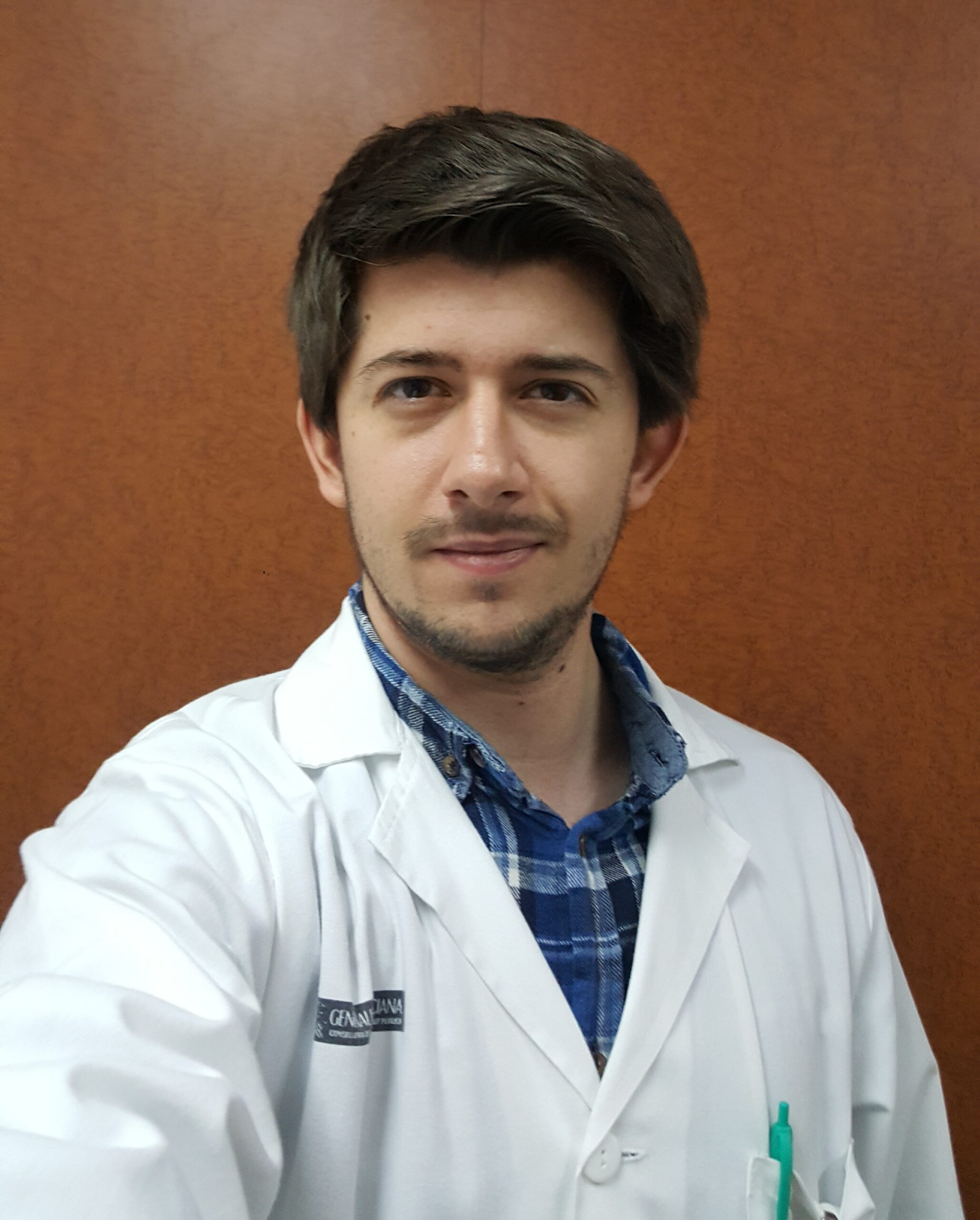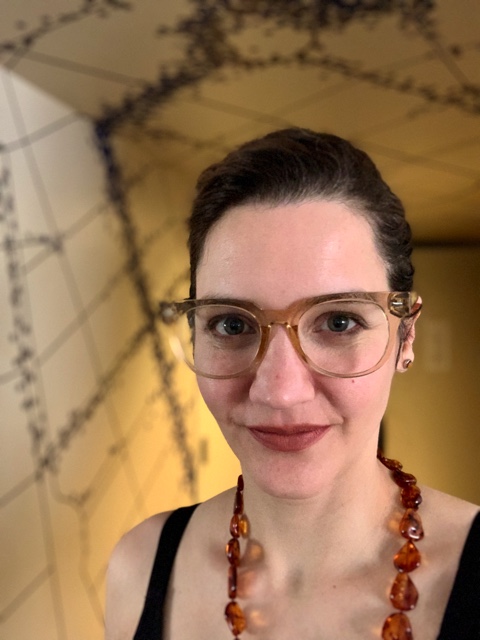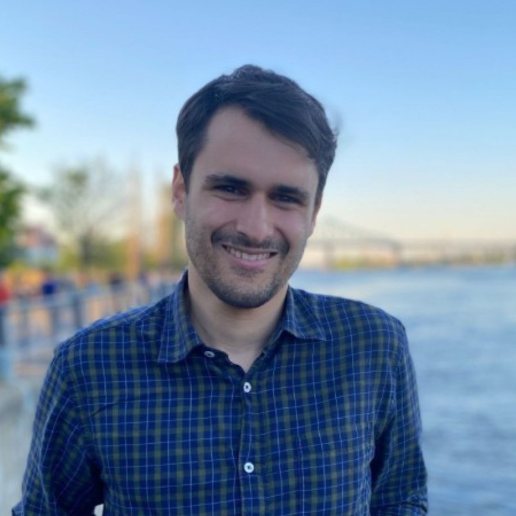Our Team
Joan Camprodon, MD, PHD
Position: Division Chief
Categories: Faculty
Dr. Camprodon is Chief of the Division of Neuropsychiatry and Neuromodulation and Director of the Laboratory for Circuit Neuroscience and Neuromodulation at Massachusetts General Hospital, and Associate Professor of Psychiatry at Harvard Medical School. Clinically, he is the founding director of the MGH Transcranial Magnetic Stimulation (TMS) clinical service, a member of the Psychiatric Neurosurgery Committee and an attending physician in the departments of Psychiatry (Neuropsychiatry) and Neurology (Cognitive and Behavioral Neurology). He is board-certified in Psychiatry and Behavioral Neurology-Neuropsychiatry. Dr. Camprodon’s practice focuses on Neuropsychiatry and Behavioral Neurology, working clinically across the Departments of Psychiatry and Neurology at MGH. Using an integrated clinical neuroscience model, he cares for patients with comorbid neurological and psychiatric disorders, or presenting with atypical syndromes including disordered cognition, behavior and/or emotion in the context of known or suspected brain pathology. Dr. Camprodon’s clinical and research work focuses on Interventional Neuromodulation, using traditional and novel brain stimulation techniques such as Transcranial Magnetic Stimulation (TMS), Transcranial Direct Current Stimulation (tDCS), Electroconvulsive Therapy (ECT), Vagus Nerve Stimulation (VNS) and Deep Brain Stimulation (DBS). Research in his laboratory uses multimodal combinations of neuroimaging and brain stimulation to investigate neural circuitry and plasticity in a translational manner. He is interested in understanding basic circuit properties of human neural networks and how maladaptive plastic changes lead to neuropsychiatric disorders. Critical efforts, central to his role as a clinician-scientist, are geared toward applying the paradigms and methods of basic systems neuroscience to develop high-impact clinical tools, identify targets for therapeutic action and design individualized image-guided neuromodulation treatments. Dr. Camprodon studied Philosophy and Medicine at the University of Barcelona. After a neuroimaging research fellowship in the Department of Neurology at the Humboldt University in Berlin (Germany), he moved to Boston to pursue a PhD in Neuroscience in the Department of Neurology at Beth Israel Deaconess Medical Center, and a Master’s in Public Health at the Harvard School of Public Health. After completing his scientific training, he continued his research as junior faculty in the Department of Neurology at Harvard, until he joined MGH to do a Psychiatry residency, be the chief resident of the MGH Psychiatric Consultation Service and complete a clinical fellowship in Behavioral Neurology and Neuropsychiatry.
Joan Camprodon, MD, PHD
Division Chief
Dr. Camprodon is Chief of the Division of Neuropsychiatry and Neuromodulation and Director of the...
Paolo Cassano, MD, PhD
Position: Assistant Professor
Categories: Faculty
Dr. Cassano is Director of the Photobiomodulation Program in the Division of Neuropsychiatry and Neuromodulation at MGH. His work addresses inequality in brain health, which hampers people’s lives. He is interested in revolutionary interventions to treat and to prevent brain disorders. His focus is on the use of light (photobiomodulation with red and near-infrared light) to improve brain health. Near-infrared light is natural, as it represents one third of sunlight.
Brain disorders are just the tip of the iceberg. For all healthy people, who are fortunate not to experience symptoms of a brain disorder, the brain is still continuously under the wear and tear of life stressors and of aging. Prolonged stress affects our brain by leading to excessive inflammation and oxidation of the brain, as well as by decreasing brain energy and brain rejuvenation (also called neuroplasticity). Overtime, this cumulative brain damage is considered to predispose to brain disorders.
Among the new potential interventions, photobiomodulation with red and infrared light specifically targets the wear and tear of the brain and brings new hopes of improving or maintaining brain health.
His efforts, as a clinician and scientist, are focused on making this new intervention available to people, on studying its clinical applications and on guiding its optimal use.
Brain health is essential to mothers and fathers who want to decrease their chances of contracting a familial brain disease, such as dementia. Brain health is also important to daughters and sons who during puberty are more at risk of mood and anxiety disorders and of suicide. The lack of brain health is likely to affect all our relationships: in the couple, at home, at work and in life in general; therefore, altering the bonds, which make life meaningful.
By addressing their brain health, people might have an opportunity to blossom and to strive for what they believe in; possibly, to overturn an unfair script of their biology.
Paolo Cassano, MD, PhD
Assistant Professor
Dr. Cassano is Director of the Photobiomodulation Program in the Division of Neuropsychiatry and Neuromodulation...
Kristen K. Ellard, PhD
Position: Assistant Professor
Categories: Faculty
Dr. Ellard is the Director of Dimensional Neuroimaging Research in the Division of Neuropsychiatry and Neuromodulation at MGH. She completed her PhD in clinical psychology at Boston University under the mentorship of Dr. David Barlow, and completed her clinical internship and postdoctoral fellowship at Massachusetts General Hospital/Harvard Medical School. She was co-developer and co-author of the Unified Protocol for Transdiagnostic Treatment of Emotional Disorders, a cognitive behavioral treatment designed to target emotion dysregulation across mood and anxiety disorders, which has now been translated into six languages. Dr. Ellard’s research uses transdiagnostic, dimension-based neuroscience and behavioral approaches to understand the roots of severe cognitive and affective dysregulation in neuropsychiatric disorders, and to find more efficient and effective means to address this dysregulation through combined behavioral and neuromodulatory approaches such as transcranial magnetic stimulation (TMS) and deep brain stimulation (DBS). She has received several foundation awards and two NIH National Research Service Awards for her research program (F31/F32), including most recently a Fellowship Award through the MGH and Brown University Joint Training Program in Recovery and Restoration of CNS Health and Function (T32) and a Mentored Patient-Oriented Career Development Award (K23) from the NIMH.
Her research program focuses on bridging neuroscience, transdiagnostic functional assessment and cognitive-behavioral therapy (CBT) approaches to improve patient outcomes in neuropsychiatric disorders, and particularly bipolar mood and anxiety disorders. A particular emphasis in her research is the effect of neurocircuit dysfunction associated with emotion regulation on the cognitive, emotional, and behavioral impairments experienced by individuals suffering these disorders. The overall aim of her research program is to push the field towards a neuro-rehabilitative model of intervention for severe psychopathology, wherein the synergistic combination of behaviorally and dimensionally informed neuromodulation and CBT can serve to improve both the capacity and the ability to successfully regulate bipolar mood and anxiety symptoms, thereby improving wellness and daily functioning. To accomplish this, Dr. Ellard have been systematically investigating 1) the neural bases of emotion and cognitive dysfunction in bipolar mood and anxiety disorders, and the relationship to CBT treatment response; 2) the efficacy of innovative emotion focused CBT interventions in addressing emotion and cognitive dysfunction in bipolar mood and anxiety disorders, and barriers to treatment response; and 3) the development of novel non-invasive neuromodulatory approaches that target and improve neurocircuit function implicated in emotion regulation. The future goals of her research program will be to test the neuro-rehabilitative model, by evaluating whether sequentially combining non-invasive neuromodulation (aimed at rehabilitating emotion regulation related neurocircuitry) with emotion focused CBT (aimed at learning and consolidating adaptive emotion reguation skills) can improve outcomes for severe bipolar mood and anxiety disorders.
Kristen K. Ellard, PhD
Assistant Professor
Dr. Ellard is the Director of Dimensional Neuroimaging Research in the Division of Neuropsychiatry and...
Tracy Barbour, MD
Position: Instructor
Categories: Faculty
Dr. Barbour is the Medical Director of the Massachusetts General Hospital Transcranial Magnetic Stimulation (TMS) clinical service, and an attending physician in the Department of Psychiatry. Dr. Barbour practices psychiatry by focusing on the individual and their unique strengths to deliver highly individualized care by utilizing her experience in psychotherapy, clinical neuroscience, and mind-body medicine to treat patients with multiple mental and physical comorbidities. Dr. Barbour’s research interests focus on addressing ways of improving treatment outcomes using Transcranial Magnetic Stimulation (TMS) through individualized treatment planning. Dr. Barbour received her medical degree from Wayne State University School of Medicine in Detroit, Michigan. After graduating from medical school, Dr. Barbour moved to Boston to join the combined Massachusetts General Hospital and McLean Hospital Adult Psychiatry Residency Program. During residency, she joined the program’s research track and served as the chief resident of McLean Hospital’s Clinical Evaluation Center. Following residency, Dr. Barbour was awarded the competitive Dupont-Warren Fellowship from Harvard Medical School, to learn advanced methods in neuroimaging and neuroscience research. Recently, Dr. Barbour was awarded a nationally prestigious NARSAD Young Investigator Award from the Brain and Behavior Foundation to study neuroimaging correlates of social behavior and social dysfunction.
Tracy Barbour, MD
Instructor
Dr. Barbour is the Medical Director of the Massachusetts General Hospital Transcranial Magnetic Stimulation (TMS)...
Mark Eldaief, MD
Position: Assistant Professor
Categories: Faculty
Dr. Eldaief is a clinical neuroscientist interested in better understanding how maladaptive brain states, measured with resting-state functional connectivity, promote the manifestation of specific neuropsychiatric symptoms (e.g. apathy, anhedonia, anxiety, disinhibition). He is specifically interested in intrinsic corticolimbic networks anchored in prefrontal cortex and interconnected to regions involved in affective processing such as: amygdala, hippocampal formation, frontoinsular cortex, ventral and dorsal striatum, orbitofrontal and peri-genual cingulate cortex. Dr. Eldaief’s work investigates how these corticolimbic circuits dynamically change across timescales, with different processing demands, and in response to directed neuromodulation. To examine this, he has adopted multimodal experimental approaches which combine transcranial magnetic stimulation (TMS) with resting-state MRI and positron emission tomography (PET).
Mark Eldaief, MD
Assistant Professor
Dr. Eldaief is a clinical neuroscientist interested in better understanding how maladaptive brain states, measured...
Hamdi Eryilmaz, PhD
Position: Assistant Professor
Categories: Faculty
Dr. Eryilmaz is a cognitive neuroscientist and biomedical engineer. His research focuses on neural correlates of attention and working memory and the mechanisms by which they are impaired in psychopathology. His current project uses fMRI to identify the brain networks associated with working memory deficits in first-episode psychosis and leverages TMS to gauge plasticity of such deficits and obtain imaging predictors of recovery in the early phase of illness.
Hamdi Eryilmaz, PhD
Assistant Professor
Dr. Eryilmaz is a cognitive neuroscientist and biomedical engineer. His research focuses on neural correlates...
Asif Jamil, PhD
Position: Instructor
Categories: Faculty
Dr. Jamil received his B.Sc in Biology at University of Maryland, College Park, his M.Sc in Neuroimaging at Kings College London (UK), and his Ph.D in Neuroscience at the University of Goettingen (Germany). He is currently a post-doctoral research fellow in the Laboratory of Neuropsychiatry and Neuromodulation. Asif’s research is focused on innovating and optimizing the design and application of non-invasive neuromodulation techniques such as TMS, tACS and tDCS for potential use in neuropsychiatric disorders. His doctoral and post-doctoral work, which combined neuromodulation with neuroimaging techniques (e.g., EEG and fMRI), has advanced the mechanistic understanding of how non-invasive brain stimulation alters neurophysiology, neuroplasticity, and ultimately behavior and function.
Asif Jamil, PhD
Instructor
Dr. Jamil received his B.Sc in Biology at University of Maryland, College Park, his M.Sc...
Benjamin Wade, PhD
Position: Instructor
Categories: Faculty
Dr. Wade completed his PhD in bioengineering at the University of California, Los Angeles (UCLA), where he was mentored by Dr. Paul Thompson. His postdoctoral research continued at the Ahmanson-Lovelace Brain Mapping Center at UCLA with Dr. Katherine Narr and the University of Utah with Dr. David Tate. His work has been supported by several awards from the National Institute of Mental Health (K99/R00), the Brain & Behavior Research Foundation (NARSAD Young Investigator Award), and the National Science Foundation (GRFP). He is currently an Instructor at MGH and HMS.
Dr. Wade’s research is focused on developing statistical and machine learning models to identify biomarkers of antidepressant response using multimodal neuroimaging data. Motivated by the recognition that symptoms of mood disorders are heterogenous both within and across classically-defined diagnostic boundaries, his work also focuses on the development of diagnostic biomarkers to detect the presence of transdiagnostic symptom disturbances. Data-driven methods hold great promise for the development of more personalized treatment strategies. His work aims to leverage these methods to jointly contend with symptomatic heterogeneity of mood disorders and identify robust biomarkers to improve prognostic and diagnostic precision in psychiatry.
Benjamin Wade, PhD
Instructor
Dr. Wade completed his PhD in bioengineering at the University of California, Los Angeles (UCLA),...
Lipeng Ning, PhD
Position: Assistant Professor
Categories: Faculty
Dr. Ning received his Ph.D. in Electrical and Computer Engineering from the University of Minnesota. His research interests lie in developing computational algorithms for joint analysis of structural and functional brain networks using diffusion and functional MRI. He is also interested in developing super-resolution and multi-dimensional neuroimaging techniques to investigate the microstructure of brain tissue. His clinical research focus is on applying novel neuroimaging techniques to understand the mechanism and target engagement of neuromodulation therapies including transcranial magnetic stimulation (TMS), electroconvulsive therapy (ECT). Dr. Ning is also affiliated with the Psychiatry Neuroimaging Laboratory at Brigham and Women’s Hospital.
Lipeng Ning, PhD
Assistant Professor
Dr. Ning received his Ph.D. in Electrical and Computer Engineering from the University of Minnesota....
Michael Kritzer-Cheren, MD, PhD
Position: Instructor
Categories: Faculty
Dr. Kritzer-Cheren is the Director of Preclinical Research in the Division of Neuropsychiatry and Neuromodulation at the Massachusetts General Hospital and Instructor in Psychiatry at Harvard Medical School. He received his MD and PhD from the University of Miami Miller School of Medicine. He then completed his psychiatry residency at Duke University and his fellowship in Behavioral Neurology and Neuropsychiatry at MGH. Dr. Kritzer-Cheren is an attending physician in Neuropsychiatry, Transcranial Magnetic Stimulation and the Acute Psychiatric Service. He is also a Research Fellow through the Psychiatry Department’s Translational Neuroscience Training for Clinicians T32 investigating neurocircuit-based mechanisms of the lateral septum’s role in motivated behavior after stress and with neuromodulation.
Michael Kritzer-Cheren, MD, PhD
Instructor
Dr. Kritzer-Cheren received his medical and graduate degrees from the University of Miami Miller School...
Emiliano Santarnecchi, PhD
Position: Associate Professor
Categories: Faculty
Dr. Santarnecchi is an Associate Professor of Radiology at Associate Professor of Psychiatry at Harvard Medical School, and the director of the Precision Neuroscience & Neuromodulation program (PNN) and the Network Control Laboratory at the Gordon Center for Medical Imaging at Massachusetts General Hospital (MGH).
Dr. Santarnecchi’s program focuses on combining multimodal neuroimaging (e.g., MRI, fMRI, DTI, PET) and electrophysiology (e.g., EEG, EMG, MEG) methods for the identification of novel diagnostic/prognostic biomarkers and the development of therapeutic approaches for patients with neurological and psychiatric conditions. In particular, Dr. Santarnecchi’s research is centered around the development of personalized, network-based Noninvasive Brain Stimulation (NiBS) approaches to modulate brain plasticity, guide connectome rewiring, boost resilience and enhance cognitive function and reserve, with the ultimate goal of promoting brain health and healthy aging. His team is currently working on machine/deep learning solutions for perturbation-based brain connectivity analysis (e.g., TMS-EEG), NIBS approaches to modulate sleep and memory, high-frequency transcranial alternating current stimulation (tACS) interventions for the treatment of Alzheimer’s disease and Frontotemporal dementia, and novel fMRI-based markers of disease progression in patients with brain tumors. His work on brain health also includes studies on space physiology in collaboration with NASA, for the development of potential countermeasures to maintain optimal brain performance in extreme environments including spaceflight. Dr. Santarnecchi also holds a Clinical Psychology and Neuropsychology degree and a Psy.D. in Cognitive Behavioral Therapy; his team is investigating how to combine brain connectomics and noninvasive brain stimulation to maximize the effect of psychotherapy by increasing brain plasticity or by consolidating clinical effects during sleep.
Emiliano Santarnecchi, PhD
Associate Professor
Dr. Santarnecchi is an Associate Professor of Radiology at Associate Professor of Psychiatry at Harvard...
Ravi Hadimani, PhD
Position: Associate Faculty
Categories: Faculty
Dr. Hadimani an Associate Professor and the Director of the Biomagnetics Laboratory at the Department of Mechanical and Nuclear Engineering of Virginia Commonwealth University. He is currently on sabbatical as a Visiting Associate Professor at Harvard Medical School, Harvard University. He has founded the IEEE Joint Magnetics and Engineering in Medicine and Biology Society’s Richmond Chapter, and he is the current vice chair of the chapter. He is an Associate Editor of the journals, Frontiers of Neuroscience and American Institute of Physics (AIP) Advances.
Dr. Hadimani’s research focuses on biomagnetic materials and devices for biomedical applications. He has developed a first-of-a-kind anatomically accurate brain phantom for validating neuromodulation procedures that are commercialized through the university spin-off company RAM Phantoms LLC. His lab has designed and fabricated a novel focal stimulation coil using ferromagnetic cores that can stimulate only a local region of the primary motor cortex of small animals. He is currently working to experimentally verify the results from coil design in rats. He is also working to establish an accurate mechanism underlying TMS by investigating the neuron’s firing patterns in several regions of the brain induced by cortical stimulation and by establishing the role of individual nuclei in affecting other nuclei of the motor circuitry. This will enable the future development of effective TMS protocols for the diagnosis and treatment of several neurological and psychiatric disorders.
Dr. Hadimani has received several international awards, including the UK Energy Innovation Award and the International Young Scientist Fellowship from the National Natural Science Foundation of China (NSFC). He also received the Engineer of the Year award from the Richmond Joint Engineers’ Council in 2021. He has authored more than 100 peer-reviewed original research papers, more than 210 international conference papers, 12 current and pending patents, several invited trade magazine articles, a book, and 3 book chapters to date. Dr. Hadimani has a ‘first class’ honors degree in Mechanical Engineering from Kuvempu University, India, an MS in Mechatronics from the University of Newcastle, UK, and a Ph.D. in Electrical Engineering from Cardiff University, UK. He has served as a Project Scientist at the Institute of Materials Research and Innovation of the University of Bolton, UK. He was an Adjunct Assistant Professor and Associate Scientist at Iowa State University and was also an Associate at Ames Laboratory, US Dept. of Energy.
Ravi Hadimani, PhD
Associate Faculty
Dr. Hadimani an Associate Professor and the Director of the Biomagnetics Laboratory at the Department...
Ana Maria Rivas-Grajales, MD
Position: Associate Faculty
Categories: Faculty
Dr. Rivas-Grajales is an Assistant Professor in the Department of Psychiatry at Boston University School of Medicine and Director of Neuropsychiatry and Neuromodulation at Boston Medical Center. Dr. Rivas-Grajales completed residency training in psychiatry at Baylor College of Medicine and a clinical fellowship in Behavioral Neurology and Neuropsychiatry at Massachusetts General Hospital in June 2022. Her research focuses on the understanding of the mechanism of action of neuromodulation therapies for treatment-resistant depression, and in identifying clinical and imaging biomarkers of rapid-acting antidepressants.
Ana Maria Rivas-Grajales, MD
Associate Faculty
Dr. Rivas-Grajales is an Assistant Professor in the Department of Psychiatry at Boston University School...
Sahand Babapoor-Farrokhran, MD, PhD
Position: Instructor
Categories: Faculty
Sahand Babapoor-Farrokhran, MD, PhD
Instructor
Dr. Babapoor-Farrokhran is an instructor in the Division of Neuropsychiatry and Neuromodulation and a graduate of...
Samadrita Chowdhury, PhD
Position: Instructor
Categories: Faculty
Dr. Chowdhury is an applied physicist and instructor in the Division of Neuropsychiatry and Neuromodulation. She received her terminal degree in Physics from Duke University, Durham,NC. After her graduation, she worked as a research scientist at Xerox (Xerox Innovation Group, Webster,NY ) on printer based image processing. After the industry stint, she took a personal sabbatical to stay home with her two daughters. She returned to an academic career at the University of Massachusetts, Lowell via the M. Hildred Blewett fellowship from the American Physical Society. She is also the winner of the American Association of University Women (AAUW) American fellowship for the year 2020-2021.
Dr. Chowdhury has a breadth of research experience solving research problems in industrial and academic settings. She currently applies mathematical physics to problems at the intersection of physics, imaging and neuro-biology. Her interests involve creating and applying graph-theoretical algorithms, including machine learning/deep learning based algorithms to multimodality neuroimaging datasets in order to better understand neurological disorders.
Apart from research, she is interested in teaching undergraduate students. She has previously run tutoring practice teaching college level courses in mathematics and physics including pro-bono tutoring for community college students. She is keen on equitable distribution of education and teaches a linear algebra course every year at a local community college.
Samadrita Chowdhury, PhD
Instructor
Dr. Chowdhury is an applied physicist and instructor in the Division of Neuropsychiatry and Neuromodulation....
Yoonju Cho, MD, PhD
Position: Instructor
Categories: Faculty
Dr. Cho is an Instructor in the Division of Neuropsychiatry and Neuromodulation at the Massachusetts General Hospital. Dr. Yoonju Cho began her training at Johns Hopkins University, where she received PhD in biomedical engineering studying sensory perception on human subjects as well as animal models. Then, she joined NYU Grossman School of Medicine for accelerated MD-residency training, where she fast-tracked into residency in psychiatry with focus on developing engineering solutions to clinical questions. Dr. Cho then completed a clinical fellowship in Interventional Neuropsychiatry and Neuromodulation at MGH. Dr. Cho’s current clinical and research interests include advancing and integrating neurostimulation treatment methods such as electroconvulsive therapy (ECT), transcranial magnetic stimulation (TMS), and transcranial photobiomodulation (tPBM).
Yoonju Cho, MD, PhD
Instructor
Dr. Cho is an Instructor in the Division of Neuropsychiatry and Neuromodulation at the Massachusetts...
Christopher Polanco
Position: Program Director
Categories: Administrator
Chris received dual B.S. degrees in Medical Biology and Health Psychology from MCPHS in 2015. He then received an M.S. degree in Physiology and Biophysics from Georgetown University in 2016, and an M.B.A. degree in Healthcare Management from MCPHS in 2022. Chris joined MGH in 2016 as a Clinical Research Coordinator in the Center for Health Outcomes and Interdisciplinary Research with Dr. Ana-Maria Vranceanu. In his role, he coordinated studies developing telehealth-based behavioral treatments for patients with physical and psychiatric comorbidities. In 2018, he joined the Division of Neuropsychiatry and Neuromodulation as a Clinical Research Coordinator/Clinical Technician with Dr. Joan Camprodon. In his role, he coordinated neuroimaging studies investigating biomarkers and predictors of response to neuromodulation treatments. Additionally, he treated patients in the Transcranial Magnetic Stimulation Clinical Service. In 2021, Chris became the Program Manager for the division. In his role, he oversaw all clinical, research, and educational operations of the division. Chris is currently the Program Director wherein he provides executive management of operations and focuses on the strategic planning and development of the division. Chris is particularly interested in leveraging digital platforms and technology in psychiatry with emphasis on improving accessibility to holistic treatments in underserved and disadvantaged populations.
Christopher Polanco
Program Director
Chris received dual B.S. degrees in Medical Biology and Health Psychology from MCPHS in 2015....
Jessenia Urquiza
Position: Practice Manager
Categories: Administrator
Jessenia graduated from University of Massachusetts Boston in 2016 with a B.A in Psychology. She has been at Massachusetts General Hospital since 2016. Jessenia previously worked as a patient service coordinator at the Electroconvulsive Therapy (ECT) clinic in the department of Psychiatry. In 2018, she joined the TMS Clinical Service in the Division of Neuropsychiatry and Neuromodulation as the Program Coordinator. Jessenia has since become Practice Manager for the Division.
Jessenia Urquiza
Practice Manager
Jessenia graduated from University of Massachusetts Boston in 2016 with a B.A in Psychology. She...
Astrid Warny
Position: Project Manager
Categories: Administrator
Astrid graduated from the University of Massachusetts Amherst with a bachelor’s in psychology. She then worked as a Research Assistant on a clinical research study at Brigham & Women’s Hospital. Astrid then went on to complete her master’s degree in Psychology at KULeuven, Belgium. During her graduate studies, Astrid’s work mainly investigated the biomarkers and the cognitive basis of Developmental Language Disorders (DLD) in efforts to implement timely diagnosis and early, effective intervention. She moved back to Boston to join the Division of Neuropsychiatry and Neuromodulation at the Massachusetts General Hospital where she assists in the Transcranial Magnetic Stimulation (TMS) Clinical Service, and performs various other research responsibilities in the lab. Astrid has since become the Project Manager for the Division.
Astrid Warny
Project Manager
Astrid graduated from the University of Massachusetts Amherst with a bachelor’s in psychology. She then...
Alaeddine El Alayli, MD
Position: Clinical Fellow
Categories: Clinical Fellow
Dr. El Alayli is a clinical fellow in Behavioral Neurology and Neuropsychiatry in the Department of Psychiatry at the Massachusetts General Hospital. They received their MD from the American University of Beirut where they later completed their general psychiatry residency. During their training, they developed a particular interest in the psychopathological manifestations of neurodevelopmental disorders in adulthood. They are specifically interested in exploring the neurophysiological underpinnings of emotional dysregulation and psychosomatic symptoms. They hope that this would guide the development of psychotherapeutic interventions and treatments that are tailored to each individual neurotype.
Alaeddine El Alayli, MD
Clinical Fellow
Dr. El Alayli is a clinical fellow in Behavioral Neurology and Neuropsychiatry in the Department...
Marta Cano, PhD
Position: Research Fellow
Categories: Research Fellow
Dr. Cano initiated her collaboration with the Laboratory for Neuropsychiatry and Neuromodulation at the Massachusetts General Hospital-Harvard Medical School during her predoctoral training in Electroconvulsive Therapy for Treatment-Resistant Depression and Magnetic Resonance Imaging. She is currently a postdoctoral researcher at Sant Pau Biomedical Research Institute, where she is leading the Neuroimaging Lab of the Sant Pau Mental Health Research Group. However, her close collaboration with Dr. Camprodon during the last years evolved her research line and she is primarily focused on understanding the dimensional impact of rapid-acting antidepressants on patients with treatment-resistant depression with the final aim to develop a personalized prediction model of antidepressant treatment response
Marta Cano, PhD
Research Fellow
Dr. Cano initiated her collaboration with the Laboratory for Neuropsychiatry and Neuromodulation at the Massachusetts...
David Coelho, MD
Position: Research Fellow
Categories: Research Fellow
Dr. Coelho is a Research Fellow in the Division of Neuropsychiatry and Neuromodulation at the Massachusetts General Hospital and Harvard Medical School. He pursued his medical training at Universidade Federal do Rio de Janeiro in Brazil and received honors cum laude. As a medical student, David participated in a project testing patients with schizophrenia for toxoplasmosis and compared their cognition. After graduation, he completed the Principles and Practice of Clinical Research course at Harvard T.H. Chan School of Public Health by Dr. Felipe Fregni and gained skills in statistical analyses. Planning to apply to psychiatry as a residency, David is currently working with Dr. Paolo Cassano in the field of photobiomodulation and has a strong interest in the treatment of mood disorders.
David Coelho, MD
Research Fellow
Dr. Coelho is a Research Fellow in the Division of Neuropsychiatry and Neuromodulation at the...
Sergio Lopez-Rodriguez, MD
Position: Research Fellow
Categories: Research Fellow
Dr. Lopez completed his medical training in the Universitat Autònoma de Barcelona, Spain (2012-2018). He is currently enrolled in the medical residency programme in psychiatry at Hospital Universitari de Bellvitge (2019-2023) and in the PhD Program in Neuroscience at Universitat de Barcelona (2022-present).
He is mainly interested in mood and anxiety related disorders and its impact and dysfunctionality in the long term. In this sense, he is a member of the Obsessive-Compulsive Disorder (OCD) Unit and the Treatment-Resistant Depression Unit of his department, where he has been given the opportunity to deepen his understanding of Electroconvulsive Therapy (ECT) and Deep Brain Stimulation (DBS).
Dr.Lopez has joined the Laboratory of Neuropsychiatry and Neuromodulation at the Massachusetts General Hospital and Harvard Medical School as a Graduate Student Research Fellow learning about Transcranial Magnetic Stimulation (TMS) and Transcranial Direct Current Stimulation (tDCS) in order to elucidate the possibilities and novel applications of these treatments in OCD and mood and anxiety disorders.
Sergio Lopez-Rodriguez, MD
Research Fellow
Dr. Lopez completed his medical training in the Universitat Autònoma de Barcelona, Spain (2012-2018). He...
Muhammad H Shahab, MD
Position: Research Fellow
Categories: Research Fellow
Dr. Shahab is a Research Fellow in the Division of Neuropsychiatry and Neuromodulation at Massachusetts General Hospital and Harvard Medical School. Dr. Shahab is both a clinician and a researcher and received his medical degree from King Edward Medical University, Pakistan. His past research work has been mainly focused on Child & Adolescent Psychiatry in underprivileged communities. He is now working to combine that passion with his interest in Neuropsychiatry. The main focus of his research is to translate low risk Neuromodulation techniques into prevention strategies for mental health pathologies in underprivileged youth. To that end, he has joined the Photobiomodulation Team which is grounded in addressing inequality in brain health.
Muhammad H Shahab, MD
Research Fellow
Dr. Shahab is a Research Fellow in the Division of Neuropsychiatry and Neuromodulation at Massachusetts...
Melanie Garcia, PhD
Position: Research Fellow
Categories: Research Fellow
Melanie Garcia, PhD
Research Fellow
Dr. Garcia is a Postdoctoral Research Fellow in the Division of Neuropsychiatry and Neuromodulation at...
Stefani Kalli, MD
Position: Research Fellow
Categories: Research Fellow
Dr. Kalli is a Research Fellow in the Division of Neuropsychiatry and Neuromodulation at Massachusetts General Hospital and Harvard Medical School. Dr. Kalli is a medical graduate from the 1st Faculty of Medicine, Charles University in the Czech Republic. As a medical student, she worked under the supervision of Dr. Alexandre Seillier in the design of a new T-maze decision-making protocol and a new video-tracking system to underpin social withdrawal in a rat model of the negative symptoms of Schizophrenia. She is also certified in Adult and Youth Mental Health First Aid by the National Council For Mental Wellbeing. In accordance with her strong interest in Child and Adolescent Psychiatry and her belief in the importance of personalized, tolerable treatment plans to support the brain health of youth, she has joined the Photobiomodulation Program alongside Dr. Cassano which focuses on the development and provision of revolutionary, natural interventions to support brain health.
Stefani Kalli, MD
Research Fellow
Dr. Kalli is a Research Fellow in the Division of Neuropsychiatry and Neuromodulation at Massachusetts...
Carlos Lohmann, MD
Position: Research Fellow
Categories: Research Fellow
Dr. Lohmann is a Research Fellow in the Division of Neuropsychiatry and Neuromodulation at Massachusetts General Hospital and Harvard Medical School. He completed his medical training at the Universidade Federal de Santa Maria, Brazil. While serving as a primary care physician in underserved areas in the south of Brazil, he developed a special interest in mental health. Currently, he is working under the supervision of Dr. Paolo Cassano, actively engaged in Photobiomodulation research. The focus of his research is to gain a better understanding of brain functioning and its relation to neuropsychiatric conditions. Dr. Lohmann’s ultimate goal is to contribute to the development of new treatment options that could help reduce inequalities in mental health care access for underserved populations.
Carlos Lohmann, MD
Research Fellow
Dr. Lohmann is a Research Fellow in the Division of Neuropsychiatry and Neuromodulation at Massachusetts...
Alberto Benelli
Position: Research Fellow
Categories: Research Fellow
Dr. Alberto Benelli is a Psychologist and a PhD Student of University of Florence, Italy. After graduating with a master’s degree in clinical, health psychology and Neuropsychology, he pursued cognitive neuroscience through the Ph.D. program at the University of Florence. Dr. Benelli focuses on investigating cognitive and central fatigue in Multiple Sclerosis using neuroimaging (e.g. DTI, MRI, fMRI), neurophysiological (e.g. TMS, EEG, ECG, EMG) and cognitive assessment techniques. Dr. Benelli is also involved in identifying new therapies to reduce fatigue in both healthy subjects and patients with Multiple Sclerosis using noninvasive brain stimulation (NiBS) protocols such as tDCS, tACS, and tRNS; his training also involved him in Virtual Reality.
Alberto Benelli
Research Fellow
Dr. Alberto Benelli is a Psychologist and a PhD Student of University of Florence, Italy....
Rafaella Zambetti
Position: Research Fellow
Categories: Research Fellow
Rafaella Zambetti is a PhD student in Neurofunctional Physiotherapy at the University of São Carlos, in Brazil, and visiting student at Massachusetts General Hospital and Harvard Medical School. Ms. Zambetta’s research focuses on the effects of a microgravity simulation (head-down tilt) on intracranial pressure and heart rate variability. Ms. Zambetta also investigates the relationship between increased intracranial pressure and brain oscillations during cognitive testing before and after the head-down tilt. In addition, part of her PhD, conducted at MGH, is the effects of non-invasive brain stimulation on brain oscillations in Alzheimer’s disease.
Rafaella Zambetti
Research Fellow
Rafaella Zambetti is a PhD student in Neurofunctional Physiotherapy at the University of São Carlos,...
Sara Romanella, PhD
Position: Research Fellow
Categories: Research Fellow
Dr. Romanella is a Post-Doctoral Fellow at the Precision Neuroscience & Neuromodulation Program (PNN) and at the Network Control Laboratory at the Gordon Center for Medical Imaging at Massachusetts General Hospital (MGH). She holds a Clinical Psychology degree and a PhD in Neuroscience. Her work explores new potential approaches of personalized, network-based Noninvasive Brain Stimulation (NIBS) techniques as therapeutic treatment in a wide range of neurological and psychiatric conditions. Dr. Romanella combines NIBS with multimodal neuroimaging (e.g. MRI, fMRI, DTI) and electrophysiology (e.g. EEG, ERP) methods to investigate cortical plasticity, connectome rewiring, resilience, cognitive rehabilitation, and healthy brain aging. She has been extensively worked with biophysical modeling as a tool to provide a more efficient and individually-tailored NIBS stimulation and treatment. Her interest also lies in the importance of sleep and sleep manipulation induced by NIBS, as well as placebo effect. Over the last few years, Dr. Romanella’s work included studies on space physiology to identify and develop potential countermeasures to promote brain health and cognitive performance during space exploration (e.g. spaceflights to Mars).
Sara Romanella, PhD
Research Fellow
Dr. Romanella is a Post-Doctoral Fellow at the Precision Neuroscience & Neuromodulation Program (PNN) and at...
Borja Ferreras, MD
Position: Research Fellow
Categories: Research Fellow
Borja Ferreras, MD
Research Fellow
Dr. Ferreras is a Research Fellow in the division of Neuropsychiatry and Neuromodulation at the...
Pedro Henrique Rodrigues Da Silva
Position: Research Fellow
Categories: Research Fellow
Pedro is a research fellow in the Division of Neuropsychiatry and Neuromodulation at Massachusetts General Hospital and Harvard Medical School, focusing on evaluating the effects of neuromodulation treatments on patients with mental disorders. He is a medical physicist who graduated from the University of São Paulo, with a master’s degree and doctorate focused on magnetic resonance imaging from the same institution. His doctoral thesis was awarded the CAPES Thesis Award 2023 in the area of Medicine II and received an honorable mention in the Tese Destaque USP 2023 Award in the area of Health Sciences. He is also a postdoctoral fellow at the Interdisciplinary Service of Neuromodulation at the Institute of Psychiatry of the Hospital das Clínicas of FMUSP under the supervision of Professor André Russowsky Brunoni, focusing on multimodal MRI analysis to evaluate the effects of electroconvulsive therapy and magnetic seizure therapy in patients with treatment-resistant depression.
Pedro Henrique Rodrigues Da Silva
Research Fellow
Pedro is a research fellow in the Division of Neuropsychiatry and Neuromodulation at Massachusetts General...
Eva Cortés Velasco
Position: Research Fellow
Categories: Research Fellow
Eva Cortés Velasco is a predoctoral Research Fellow in the division of Neuropsychiatry and Neuromodulation at the Massachusetts General Hospital and Harvard Medical School. Eva graduated in Psychology at the Universidad de Granada, where she had her first experiences working in experimental psychology laboratories both in non-human animal models and with children in developmental stages. She is also certified with a Master in Research in Behavior and Cognition from the Universitat de Barcelona. In 2022 she enrolled in the PhD program in Clinical and Health Psychology at the Universitat Autònoma de Barcelona in a project on social prediction and perception. She is currently working with human models and her project aims to learn more about the possible differences in social perception in different clinical population groups, in order to open doors towards a better understanding of this process and new therapeutic strategies.
Eva Cortés Velasco
Research Fellow
Eva Cortés Velasco is a predoctoral Research Fellow in the division of Neuropsychiatry and Neuromodulation...
Shane Walsh
Position: Data Analyst
Categories: Data Analyst
Shane Walsh is a Data Analyst with a background in research and software development. He holds a Bachelor of Science in Computer Engineering from Northeastern University. Shane started his research career at McLean Hospital’s Center for Depression, Anxiety, and Stress Research, where he contributed to a research project focused on major depressive disorder. He developed a comprehensive MATLAB-based neuroimaging analysis pipeline, enabling the identification of individualized brain systems in patients. His expertise in utilizing neuroimaging analysis software, including Freesurfer and AFNI, allowed for the processing, analysis, and visualization of fMRI data. Shane later gained experience at MathWorks, where he mastered MATLAB through his work as an Application Support Engineer. Shane is committed to leveraging data-driven insights to advance the field of neuropsychiatry and contribute to translational research efforts. In addition to his professional pursuits, Shane enjoys spending quality time with friends, playing rhythm games, and listening to K-pop.
Shane Walsh
Data Analyst
Shane Walsh is a Data Analyst with a background in research and software development. He...
Erik Apelstein
Position: Mental Health Specialist
Categories: MHS
Erik graduated from Boston University in May 2023 with a bachelor’s degree in Neurobiology. During his time at BU, he served as a Research Assistant at the Jamaica Plain VA Hospital, aiding veterans with Parkinson’s Disease in their physical and speech rehabilitation. He also worked at a substance use and mental health treatment center in Baltimore, MD, where he handled patient intake, facilitated group therapy sessions, and held discussions with housing groups regarding neurobiological mechanisms of mental health disorders and addiction. More recently, he worked in the TRANSCEND Lab at MGH, focusing on documenting the neurobiological and psychosocial aspects of Autism Spectrum Disorder. He is currently working as a Mental Health Specialist in the Division of Neuropsychiatry and Neuromodulation. His goal is to pursue an MD and offer holistic treatments to Ukrainian refugees. In his free time, he enjoys bouldering, hiking, and playing the guitar.
Erik Apelstein
Mental Health Specialist
Erik graduated from Boston University in May 2023 with a...
Katarina Aulbach
Position: Mental Health Specialist
Categories: MHS
Katarina graduated from Elon University in May 2022 with a bachelor’s degree in psychology and minors in business administration and interreligious studies. As an undergraduate, she conducted research by reviewing literature and utilizing relevant information to synthesize hypotheses to develop a study that explores the conceptual linkages among spirituality, accessibility, authenticity, and diversity within yoga, particularly in terms of the mental health benefits of yoga practices. She currently serves as a Mental Health Specialist in the Division of Neuropsychiatry and Neuromodulation at the Massachusetts General Hospital where she treats patients using Transcranial Magnetic Stimulation (TMS). Katarina enjoys traveling, reading, and teaching yoga in her free time. She plans to pursue a doctoral degree in clinical psychology.
Katarina Aulbach
Mental Health Specialist
Katarina graduated from Elon University in May 2022 with a...
James Coleman, Jr.
Position: Clinical Research Coordinator
Categories: CRC
James graduated from Northeastern University in Spring 2020 with his B.S. in behavioral neuroscience. During his undergraduate career, James was involved in both human and rodent research investigating topics such as sleep, memory, and cannabinoids. After graduating, James worked as a research associate in the Stanley Center for Psychiatric Research at the Broad Institute where he used ex vivo electrophysiology to study the genetic basis of schizophrenia and evaluate novel therapeutic compounds. Currently, James is a Clinical Research Coordinator in the Lab for Neuropsychiatry and Neuromodulation where he treats patients in the TMS Clinical Service and conducts research on the application of TMS for major psychiatric disorders. In his spare time, James enjoys outdoor activities in his home state of New Hampshire and playing board games with friends.
James Coleman, Jr.
Clinical Research Coordinator
James graduated from Northeastern University in Spring 2020 with his B.S. in behavioral neuroscience. During...
Nicole Brocious
Position: Clinical Research Coordinator
Categories: CRC
Nicole graduated from Ohio State University in May 2022 with a bachelor’s degree in psychology and minors in neuroscience and communications. As an undergraduate, she worked as a research assistant studying adolescent girls with ADHD, social motivation and how this impacts mental health, and mental health stigma and suicide completion reduction within three different experiences. She currently serves as a Clinical Research Coordinator at the Division of Neuropsychiatry and Neuromodulation at Massachusetts General Hospital. There, she treats patients in the Transcranial Magnetic Stimulation (TMS) Clinical Service and serves as a research coordinator of a research study in the lab.
Nicole Brocious
Clinical Research Coordinator
Nicole graduated from Ohio State University in May 2022 with a bachelor’s degree in psychology...
Olivia Newman
Position: Clinical Research Coordinator
Categories: CRC
Olivia Newman
Clinical Research Coordinator
Olivia graduated from Macalester College with a major in Neuroscience and a minor in Computer...
Stephanie Kramer
Position: Clinical Research Coordinator
Categories: CRC
Stephanie graduated cum laude from the University of Vermont in May of 2022, earning a Bachelor of Science in Psychological Science. In addition, she was designated as an Honors College Scholar after having completed an Honors Senior Thesis on the topic of workplace discrimination towards individuals with psychological disorders. For her thesis, she conducted independent research, reviewing the existing literature and utilizing relevant information to synthesize and original model for determining the likelihood of discrimination occurring in the workplace. Based on this new model, Stephanie proposed potential strategies for reducing discrimination and improving workplace conditions for individuals with psychological disorders.
Currently, Stephanie is working as a Clinical Research Coordination for the Division of Neuropsychiatry and Neuromodulation at the Massachusetts General Hospital and Harvard Medical School. In this role, Stephanie is involved in both clinical and research work. On the clinical side, she treats patients using Transcranial Magnetic Stimulation (TMS). On the research side, she will be involved in various research projects exploring the application of TMS and Transcranial Direct Current Stimulation (tDCS).
Stephanie Kramer
Clinical Research Coordinator
Stephanie graduated cum laude from the University of Vermont in May of 2022, earning a...
Chandler Carr
Position: Clinical Research Coordinator
Categories: CRC
Chandler graduated from Brown University in 2022 with a B.S. in Cognitive Neuroscience. Chandler boasts a broad range of interests all centered around holistic health. She started her career as a research assistant at Memorial Sloane Kettering Cancer Center in New York City looking at the unique genes in self-renewing organisms. She then transitioned into weight loss intervention research specifically for LGBTQ+ women. After finishing undergrad, Chandler began working in neuromodulation at Butler Hospital, where she lead the clinical TMS service. Now, Chandler works in the Laboratory for Neuromodulation and Neuropsychiatry providing clinical TMS service and assisting in research studies. Chandler is a certified yoga instructor and thus incorporates yogic and ayurvedic perspectives to her clinical work. In her free time, Chandler enjoys listening to music, dancing, and spending time with her pet rabbit.
Chandler Carr
Clinical Research Coordinator
Chandler graduated from Brown University in 2022 with a B.S. in Cognitive Neuroscience. Chandler boasts...
Tristan Donaldson
Position: Clinical Research Coordinator
Categories: CRC
Tristan graduated from New York University’s Gallatin School of Individualized Study with a B.A in Neuro-anthropology. His undergraduate degree combined coursework in cognitive neuroscience and biocultural anthropology to study how culture, brain and behavior are related. He took part in research at NYU Langone Hospital’s Department of Child and Adolescent Psychiatry as an assistant in the laboratory of Dr. Moriah Thomason. There, he assisted on projects using combined measures of MRI, biospecimens and behavioral assessments to study transgenerational patterns of neurodevelopment, identifying mechanisms through which pre and postnatal socio-environmental factors implicate childrens’ long-term behavioral health outcomes. After graduating, Tristan worked as a transcranial magnetic stimulation (TMS) technician in a private practice medical setting using TMS to treat patients with various neurologic or psychiatric disorders. Tristan has since joined the Division of Neuropsychiatry and Neuromodulation at Massachusetts General Hospital as a clinical research coordinator. He plans to leverage his previous research and clinical experiences to contribute to translational research efforts toward optimizing neuromodulation-based treatments for neuropsychiatric disorders.
Tristan Donaldson
Clinical Research Coordinator
Tristan graduated from New York University’s Gallatin School of Individualized Study with a B.A in...
Megan O’Connor
Position: Clinical Research Coordinator
Categories: CRC
Megan graduated from Stonehill College in 2018 with her B.S. in Neuroscience. She went on to obtain her Graduate Certificate in Intraoperative Neuromonitoring from the University of Connecticut and worked as a neurophysiologist at Nuvasive Clinical Services for the past 5 years. She then completed her M.A. in Psychology at Boston University in 2023. During her graduate studies, Megan’s work mainly investigated the use of behavioral, electrophysiological, and noninvasive neuromodulation techniques to understand the underlying neural mechanisms of perception and cognition and how these mechanisms go awry in normal and pathological aging, and psychiatric illnesses. She then joined the Division of Neuropsychiatry and Neuromodulation at Massachusetts General Hospital as a clinical research coordinator where she treats patients in the Transcranial Magnetic Stimulation (TMS) Clinical Service and assists in various research studies. In her spare time, Megan enjoys traveling, working out, and spending time with her friends.
Megan O’Connor
Clinical Research Coordinator
Megan graduated from Stonehill College in 2018 with her B.S. in Neuroscience. She went on...
Julie Clancy
Position: Clinical Research Coordinator
Categories: CRC
Julie Clancy
Clinical Research Coordinator
Julie Clancy (She/Her) is a Clinical Research Coordinator working with Dr. Paolo Cassano on photobiomodulation...
Maia Gersten
Position: Clinical Research Coordinator
Categories: CRC
Maia graduated from the University of Michigan in 2017 with a B.S. in Biopsychology, Cognition, and Neuroscience as well as Drama. As an undergraduate, she was a research assistant in the Michigan Psychoneuroendocrinology Affective Laboratory under the direction of Dr. Nestor Lopez-Duran studying the development of depression in adolescents with a familial history of major depressive disorder. Currently, Maia works as a clinical research coordinator at the Laboratory of Neuropsychiatry and Neuromodulation, where she coordinates photobiomodulation studies in depression, mild cognitive impairment, and Down Syndrome. Before joining the team, Maia worked as a performer at Walt Disney World. Outside of research, Maia’s passions include singing and acting. She plans to pursue a PhD in clinical psychology.
Maia Gersten
Clinical Research Coordinator
Maia graduated from the University of Michigan in 2017 with a B.S. in Biopsychology, Cognition,...
Katelyn Sylvester
Position: Clinical Research Coordinator
Categories: CRC
Katelyn Sylvester
Clinical Research Coordinator
Katelyn graduated from Boston University in 2023 with a B.A. in Psychology and a minor...
Alexandra O’Neill
Position: Clinical Research Coordinator
Categories: CRC
Alexandra graduated from Manhattan College in the Spring of 2022 with a B.S. in Mathematics and Psychology. During her undergraduate career, Alexandra conducted research in the mathematics of medical imaging focusing on accelerating and optimizing MRI. Additionally, she was involved in psychological research investigating the importance of using a culturally specific and validated measure to assess resilience among a population of Sri Lankan war survivors. Currently, Alexandra is a clinical research coordinator in the Division of Neuropsychiatry and Neuromodulation where she conducts research on the application of neuromodulation techniques like TMS and tDCS to improve outcomes in patients with neuropsychiatric disorders. In her free time, Alexandra enjoys spending time with her sisters, baking, and drinking lots of coffee.
Alexandra O’Neill
Clinical Research Coordinator
Alexandra graduated from Manhattan College in the Spring of 2022 with a B.S. in Mathematics...
Allyson Smith
Position: Clinical Research Coordinator
Categories: CRC
Allyson graduated from Villanova University in May 2020 with a Bachelor of Science in Cognitive and Behavioral Neuroscience. As an undergraduate, she studied abroad in Copenhagen, Denmark, where she conducted research exploring cognitive function, and later completed an Honors Senior Thesis investigating the relationship between neurotrauma and hypermasculinity culture in American football. Following undergrad, she received her Master’s Degree in Surgical Neurophysiology from the University of Connecticut and spent the following 2 years working as a Surgical Neurophysiologist in Philadelphia. Currently, Allyson works as a Clinical Research Coordinator with MGH’s Division of Neuropsychiatry and Neuromodulation where she coordinates studies using EEG, tACS, TMS, and fMRI in healthy, psychosis, and long COVID populations. In her free time, Allyson enjoys being outside, traveling, watching sports, and spending time with her family (mostly her dog) back home in Connecticut.
Allyson Smith
Clinical Research Coordinator
Allyson graduated from Villanova University in May 2020 with a Bachelor of Science in Cognitive...
Julianne Reilly
Position: Clinical Research Coordinator
Categories: CRC
Julianne graduated from Massachusetts College of Pharmacy and Health Sciences (MCPHS) in 2021 with a B.S. in premedical health studies and a minor in health psychology. She then went on to complete her master’s degree in clinical research also from MCPHS in 2022. During her graduate studies Julianne worked as a nursing assistant on a hematology/oncology impatient floor and then moved into research by joining the Precision Neuroscience and Neuromodulation Program. Currently, Julianne is a Clinical Research Coordinator II primarily responsible for research studies investigating transcranial alternating current stimulation (tACS) in Alzheimer’s disease (AD) and Frontotemporal dementia (FTD) patients.
Julianne Reilly
Clinical Research Coordinator
Julianne graduated from Massachusetts College of Pharmacy and Health Sciences (MCPHS) in 2021 with a...
Stacey Monsell
Position: Clinical Research Coordinator
Categories: CRC
Stacey graduated from University of Rochester in 2020 with a B.S. in Brain & Cognitive Sciences and a B.A. in Linguistics focusing on children’s language development. She went on to obtain a M.A. in Psychology from Boston University in 2022. During her graduate degree, Stacey worked in the Center for Autism Research Excellence (CARE) lab analyzing parent-child attachment styles in children with Autism. She then joined the Berenson-Allen Center at Beth Israel Deaconess Medical Center working as a clinical research assistant and collaborator with the Precision Neuroscience and Neuromodulation Program. Stacey primarily works on research projects using various forms of Noninvasive Brain Stimulation treatments in patients with Alzheimer’s Disease, Frontotemporal Dementia, and Cortical Blindness She is familiar with transcranial magnetic stimulation (TMS), transcranial alternating current stimulation (tACS), and transcranial random noise stimulation (tRNS). In her time off Stacey enjoys hiking, climbing, and playing games with friends.
Stacey Monsell
Clinical Research Coordinator
Stacey graduated from University of Rochester in 2020 with a B.S. in Brain & Cognitive...
Katerina Nasto
Position: Intern
Categories: Intern
Katerina is an undergraduate student at Harvard University, majoring in Neuroscience and Global Health and Health Policy. In the past, she has conducted computational research on the construction of metabolic network models for macrophages, as well as wet lab research on the mechanisms responsible for the repeat instability in Huntington’s Disease. Her courses in neuroscience and psychology sparked her interest in neuropsychiatry and led her to pursue clinical research. She is an intern in the Division of Neuropsychiatry and Neuromodulation. Katerina is originally from Greece and enjoys playing volleyball, reading, and spending time with friends.
Katerina Nasto
Intern
Katerina is an undergraduate student at Harvard University, majoring in Neuroscience and Global Health and...
Cal Mahoney
Position: Intern
Categories: Intern
Cal Mahoney is an undergraduate student at Tufts University, where they are majoring in Clinical Psychology with a minor in Peace and Justice Studies. Cal is deeply passionate about the intersections of identity and Psychology and has spent time cultivating these interests at Tufts’ Social Cognition Lab since Fall of 2022. Cal has also served as a Teaching Assistant for the Psychology department and was inducted into the Tufts chapter of Psi Chi in Spring of 2023. They are thrilled to be working with the Photobiomodulation (PBM) team at MGH, where they will continue to gain research experience and support applied treatment methods for mental health. Outside of the classroom and lab, Cal loves to crochet, play Dungeons and Dragons, and is Head of PR for TFL, Tufts’ gender-minority comedy group.
Cal Mahoney
Intern
Cal Mahoney is an undergraduate student at Tufts University, where they are majoring in Clinical...
Alexis Giff
Position: Intern
Categories: Intern
Originally from the south side of Chicago, Alexis is currently an M1 in the Pathways program at HMS. She graduated from Brown University in 2021 with a B.S. in Neuroscience with honors. While at Brown, she completed an honors thesis in psychiatric neurosurgery under the guidance of Dr. Nicole McLaughlin at Butler Hospital. After graduating, she received a research Fulbright to work in a cognitive neuroscience lab at EPFL in Switzerland. Alexis has worked with patients from a variety of backgrounds and in several capacities, ranging from volunteering on a suicide hotline to medical Spanish interpretation. Besides English, she is fluent in Spanish, French, and Romanian. Alexis is driven to unravel the intricacies of neuropsychiatric and neurodegenerative conditions and is committed to identifying areas for systemic improvement. She joined the Laboratory of Neuropsychiatry and Neuromodulation as an intern in 2023.
Alexis Giff
Intern
Originally from the south side of Chicago, Alexis is currently an M1 in the Pathways...
Anirudh Chinthakindi
Position: Intern
Categories: Intern
Anirudh Chinthakindi is a student at Thomas Jefferson High School For Science and Technology in Alexandria, Virginia. Driven by a profound passion for neuroscience and artificial intelligence, he aspires to become a neurosurgeon with a specialized focus on Alzheimer’s disease. Anirudh envisions a future where he can develop AI models to better understand, tackle, and treat neurodegenerative conditions. His dedication to this field extends beyond the classroom, where he immerses himself in theoretical neuroscience papers and excels in programming languages like Python,Java, and HTML & CSS. Beyond academics, Anirudh finds joy in a spirited game of basketball, tunes into music, and maintains a rigorous workout routine.
Anirudh Chinthakindi
Intern
Anirudh Chinthakindi is a student at Thomas Jefferson High School For Science and Technology in...
Sandra Moon
Position: Intern
Categories: Intern
Sandra is an undergraduate student at Harvard University studying Biomedical Engineering. She is the founder of the Harvard Women’s Wrestling Club and volunteers at the Phillips Brooks House Association through the Pets as Therapy Program. During her gap years, Sandra worked as a medical assistant and scribe at a primary care clinic and went backpacking in Latin America. Her past research has encompassed health policy in North Korea and innovative treatments for glioblastoma. Sandra joined the Division of Neuropsychiatry and Neuromodulation as an intern. She is interested in improving existing treatments for major depressive disorder and suicidality, as well as medical law and ethics. In her free time, Sandra enjoyed exercising, shopping, and painting.
Sandra Moon
Intern
Sandra is an undergraduate student at Harvard University studying Biomedical Engineering. She is the founder...
Sofia Uribe
Position: Clinical Research Coordinator
Categories: Alumni
Sofia Uribe
Clinical Research Coordinator
Sofia was a CRC in the Division of Neuropsychiatry and Neuromodulation at MGH. Former Biography...
Melissa Pax
Position: Clinical Research Coordinator
Categories: Alumni
Melissa Pax
Clinical Research Coordinator
Melissa was a CRC in the Division of Neuropsychiatry and Neuromodulation at MGH. Former Biography...
Blake Andreou
Position: Clinical Research Coordinator
Categories: Alumni
Blake Andreou
Clinical Research Coordinator
Blake was a CRC in the Division of Neuropsychiatry and Neuromodulation at MGH. Former Biography...
Alexis Worthley
Position: Clinical Research Coordinator
Categories: Alumni
Alexis received a bachelor’s degrees in psychology and sociology from U.C. Berkeley in 2017. As an undergraduate she worked at U.C. San Francisco, conducting fMRI research examining self-regulation in veterans with traumatic brain injuries. After graduating, she moved to Boston to work in the Dystonia and Speech Motor Control Lab at Massachusetts Eye and Ear. There, Alexis conducted brain imaging studies investigating the pathophysiology of laryngeal dystonia, as well as research evaluating suicidal behavior in idiopathic dystonia. She then helped operate the Transcranial Magnetic Stimulation (TMS) Clinical Service as a member of the Laboratory for Neuropsychiatry and Neuromodulation at Massachusetts General Hospital. She is currently pursuing PhD in clinical psychology.
Alexis Worthley
Clinical Research Coordinator
Alexis was a CRC in the Division of Neuropsychiatry and Neuromodulation at MGH. Former Biography...
Walker Pedersen, PhD
Position: Data Analyst
Categories: Alumni
Walker Pedersen, PhD
Data Analyst
Dr. Pedersen was a Research Fellow in the Division of Neuropsychiatry and Neuromodulation at MGH....
Ira Cekici
Position: Clinical Research Coordinator
Categories: Alumni
Ira graduated from New York University with a major in Psychology and a minor in Chemistry in May of 2020. During her time as an undergraduate, she worked as a research assistant at the Lab for the Developing Mind at NYU under Dr. Moira Dillon researching developmental spatial cognition. Outside of school, she volunteered her time in Greece working with organizations focused on feeding and educating homeless and refugee populations. Ira worked as a Clinical Research Coordinator at the Laboratory for Neuropsychiatry and Neuromodulation, and treated patients in the TMS clinical service. Ira plans to attend medical school and pursue a career as a psychiatrist. In her free time, she can be found roller skating or watching movies.
Ira Cekici
Clinical Research Coordinator
Ira was a CRC in the Division of Neuropsychiatry and Neuromodulation at MGH. Former Biography...
Niranjan Khadka, PhD
Position: Research Fellow
Categories: Alumni
Dr. Khadka received his BE (2014) and PhD (2020) in Biomedical Engineering from the City University of New York. His research has concentrated on non-invasive and invasive modalities of electrical stimulation on both human and animal, primarily focusing on computational studies to explain the experiment. Dr. Khadka has 10+ years of experience in bench-top electrode and device testing, in vitro invasive brain stimulation studies (SCS and DBS), human and small animal tDCS experiments, and computational modeling of brain and spinal cord stimulation. Moreover, Dr. Khadka also reviews for >10 peer reviewed neuromodulation journals and serves as a guest editor for Frontiers in Neuroergonomics journal. Currently, Dr. Khadka is involved more into clinical studies with non-invasive electrical stimulation that involve analysis of EMG data acquired during TMS and development of E-field models of ECT and TMS for healthy and disease brain. In addition, Dr. Khadka is also collaborating with Dr. Marom Bikson (PhD advisor) on projects such as Adaptive ECT model, Radiofrequency ablation of peripheral nerve for pain management, High-density SCS, and Neurocapillary-modulation.
Niranjan Khadka, PhD
Research Fellow
Dr. Khadka was a Research Fellow in the Division of Neuropsychiatry and Neuromodulation at MGH....
Katie Gao
Position: Intern
Categories: Alumni
Katie is an undergraduate student at Harvard College, majoring in neuroscience, global health and health policy. As a former intern with the Division of Neuropsychiatry and Neuromodulation, she completed her senior thesis on the neural network effects of ECT and TMS. Katie intends to pursue medicine and is broadly interested in neurology, mental wellbeing, and patient-centered care.
Katie Gao
Intern
Katie was an Intern in the Division of Neuropsychiatry and Neuromodulation at MGH. Former Biography...
Travis Evans, PhD
Position: Research Fellow
Categories: Alumni
Travis Evans, PhD
Research Fellow
Dr. Evans was a Research Fellow in the Division of Neuropsychiatry and Neuromodulation at MGH....
Zoe Ongaro
Position: Clinical Research Coordinator
Categories: Alumni
Zoe Ongaro graduated in 2020 from the George Washington University with a Bachelor of Science in Nutrition and minor in Dance. She then became a Clinical Research Coordinator at the MGH Food Allergy Center, where she studied the impact of food allergy on nutrition, growth and development in infants and toddlers. Zoe then worked as a medical assistant at the MGH Ketamine Clinic and MGH Dermatologic Surgery department. Zoe then worked in the Division of Neuropsychiatry and Neuromodulation at MGH, where she treated patients in the Transcranial Magnetic Stimulation (TMS) Clinical Service. Additionally, Zoe worked as a Medical Assistant at the MGH Ketamine Clinic and MGH Dermatologic Surgery department. In her spare time, Zoe loves spending with her puppy, exploring restaurants in Boston, and bird watching.
Zoe Ongaro
Clinical Research Coordinator
Zoe was a CRC in the Division of Neuropsychiatry and Neuromodulation at MGH. Former Biography...
Willians Fernando Vieira, PhD
Position: Research Fellow
Categories: Alumni
Dr. Vieira is a Physical Therapist (PT) (2011), with a specialization (Latu Sensu) (2012) in Orthopaedic Traumatology Disorders. He attained a Master of Science (M.Sci.) (2014) in Electrical and Biomedical Engineering from the Department of Semiconductors, Instruments, and Photonics, at the School of Electrical and Computer Engineering (FEEC), University of Campinas (UNICAMP), Brazil. Dr. Vieira received his Ph.D. (2020) in Functional and Molecular Biology at the Institute of Biology (UNICAMP) and at the École Nationale Supérieure des Mines de Saint-Étienne (EMSE), Department of Bioelectronics, Centre Microélectronique de Provence, Provence-Alpes-Côte D’Azur, France. He is a member of the International Association for the Study of Pain (IASP), the Special Interest Group on Neuropathic Pain (NeuPSIG), and the Brazilian Society of Neurosciences and Behavior (SBNeC). Dr. Vieira is a guest editor for Frontiers in Pain Researchand for Photonics (MDPI), and a reviewer for >10 peer reviewed journals. He works mainly on the following topics: Low-Level Laser Therapy (LLLT)/Photobiomodulation Therapy (PBMT) and Transcranial Photobiomodulation (t-PBM); myonecrosis; gait biomechanics; spectroscopy of biomolecules (Raman and FT-IR); molecular biology; diabetic neuropathic pain; neurophysiology; mitochondrial metabolism; affective components of chronic pain; anxiety; and major depressive disorder (MDD).
Willians Fernando Vieira, PhD
Research Fellow
Dr. Vieira was a Research Fellow in the Division of Neuropsychiatry and Neuromodulation at MGH....
Nathan Praschan, MD, MPH
Position: Clinical Fellow
Categories: Alumni
Dr. Praschan is board-certified in psychiatry and trained at Massachusetts General Hospital and McLean Hospital where he was the chief resident (2021). He has also completed a fellowship in consultation-liaison psychiatry at Brigham and Women’s Hospital (2022). He is most interested in disorders at the interface of neurology and psychiatry, including movement disorders and catatonia, neurodegenerative diseases, and functional neurological disorders.
Nathan Praschan, MD, MPH
Clinical Fellow
Dr. Praschan was a Clinical Fellow in the Behavioral Neurology/Neuropsychiatry Fellowship at MGH. Former Biography...
Yashas Raman
Position: Intern
Categories: Alumni
Yasha is currently conducting research on brain activity and functional connectivity, focusing on analyzing different methods to create functional connectomes. His interests primarily lie in coding and the biosciences, and he hopes to study computer science in college.
Yashas Raman
Intern
Yashas was an Intern in the Division of Neuropsychiatry and Neuromodulation at MGH. Former Biography...
Pau Casadesus
Position: Research Fellow
Categories: Alumni
Pau is an undergraduate medical student at the Universitat Pompeu Fabra in Barcelona. Throughout his academic career, he has acquired a strong interest in neuropsychiatry and neurosurgery. He finds the capacities of the brain and how cutting-edge technology can be used to make a positive impact on society genuinely fascinating.
In addition to his studies, Pau is an active member of the board of the Gimbernat Surgical Association, a surgical society aimed at approaching students from around Europe to practice the medical field. Through this society, Pau has been able to contribute to the development of future surgeons and help them stay up-to-date with the latest advancements in the area. He also recognizes the importance of collaboration and knowledge sharing in the field of medicine and is committed to playing an active role in this effort.
He has gained valuable hands-on experience in the field of medicine by assisting in surgeries and consults at several hospitals in Spain, such as Hospital del Mar. This experience has allowed him to see firsthand the transformative power of medical intervention.
During his free time, Pau enjoys playing soccer, scuba diving, and painting. These hobbies allow him to take a break from his studies and express his creativity differently.
Pau Casadesus
Research Fellow
Pau was a Research Fellow in the Division of Neuropsychiatry and Neuromodulation at MGH. Former...
Christian Renet
Position: Research Fellow
Categories: Alumni
Chris graduated from Maastricht University (The Netherlands) with a B.S. in Psychology and Neuroscience in 2021. As an undergraduate student, Chris conducted a research project relating to the fields of attention and neuromodulation. After graduating, Chris continued studying at Maastricht University, pursuing a master’s degree in Cognitive Neuroscience. As part of this research-oriented study program, Chris joined the Lab for Neuropsychiatry and Neuromodulation. Chris contributed to translational research that will help take insights into brain dynamics and disorders and use them to improve treatment for patients.
Christian Renet
Research Fellow
Chris was a Research Fellow in the Division of Neuropsychiatry and Neuromodulation at MGH. Former...
Dular Das
Position: Intern
Categories: Alumni
Dular Das
Intern
Dular was an intern in the Division of Neuropsychiatry and Neuromodulation at MGH. Former Biography...
Marcella Ruppert-Gomez
Position: Intern
Categories: Alumni
Marcella Ruppert-Gomez
Intern
Marcella was an Intern in the Division of Neuropsychiatry and Neuromodulation at MGH. Former Biography...
Kayla McEachern
Position: Clinical Research Coordinator
Categories: Alumni
Kayla McEachern
Clinical Research Coordinator
Kayla was a CRC in the Division of Neuropsychiatry and Neuromodulation at MGH. Former Biography...
Anna Moser
Position: Clinical Research Coordinator
Categories: Alumni
Anna received her Bachelor’s degree in psychology from University of Hamburg, Germany in 2011 and her Master’s degree in Social Cognition from University College London, UK in 2012. As an undergraduate she worked as a Research Assistant on intercultural differences of moral decision-making at University of Hamburg, and conducted behavioral and neuropsychological research (EEG) on the impact of social expectations on economic decision-making at University of Granada, Spain. For the past 7 years, she worked for different human rights organizations on land rights and indigenous rights in Brazil and Central America.
Anna Moser
Clinical Research Coordinator
Anna was a CRC in the Division of Neuropsychiatry and Neuromodulation at MGH. Former Biography...
Jackson Rebhun
Position: Intern
Categories: Alumni
Jackson is an undergraduate student at Indiana University, double majoring in chemistry and neuroscience with a minor in mathematics. As an undergraduate, he holds radiographic licensure for imaging of the skull, paranasal sinuses, and the craniomaxillofacial regions. Currently, Jackson is a research assistant at the Indiana University Department of Speech, Hearing, and Language Sciences under Dr. Steven Lulich. He performs data and neuroimaging analysis using clinical measurements from magnetic resonance imaging and sonography. Jackson is also a research assistant at the Indiana University School of Dentistry, working with a mice model studying osteoclasts, osteoblasts, osteocytes, and kalirin under the direction of Dr. Angela Bruzzaniti.
Additionally, Jackson works as an oral and maxillofacial surgical assistant in Cincinnati, Ohio, and has research interests in dentistry and oral and maxillofacial surgery. Jackson desires to approach oral health from different perspectives to understand better the systematic processes and associated structures that lead to overall health, focusing on temporomandibular disorders and pain. Outside of academics and research, Jackson enjoys playing the saxophone, hiking, and spending time with his family and pets.
Jackson Rebhun
Intern
Jackson was an Intern in the Division of Neuropsychiatry and Neuromodulation at MGH. Former Biography...
Ruby Ho
Position: Intern
Categories: Alumni
Ruby Ho
Intern
Ruby was an Intern in the Division of Neuropsychiatry and Neuromodulation at MGH. Former Biography...
Sofia Huayamave
Position: Intern
Categories: Alumni
Sofia Huayamave graduated from Brown University in 2022 with a Bachelor of Arts in Biology and Public Health. She is a TMS Technician and research associate at Boston Medical Center’s Department of Psychiatry. Her main work is focused on researching and identifying positive predictors and social determinants on TMS response in patients with major depressive disorder. She is part of the HEAL Initiative, which focuses on understanding and improving prevention and treatment for opioid misuse and addiction.
Sofia Huayamave
Intern
Sofia was an Intern in the Division of Neuropsychiatry and Neuromodulation at MGH. Former Biography...
Mila Wildt
Position: Intern
Categories: Alumni
Mila Wildt
Intern
Mila was an Intern in the Division of Neuropsychiatry and Neuromodulation at MGH. Former Biography...
Joao Correia, MD
Position: Research Fellow
Categories: Alumni
Dr. Correia completed his medical training at the University of Porto, Portugal. At the time, he was enrolled in the medical residency training program in psychiatry and pursuing an MSc in Forensic Psychiatry and Psychology at the University of Porto. He also worked as a visiting clinical academic at South London and Maudsley NHS Foundation Trust/Institute of Psychiatry, Psychology and Neuroscience, King’s College London. His past research work has primarily focused on the study of neurodevelopmental disorders, particularly ADHD, in specific forensic populations and on the identification of predictors of criminal behavior. Dr. Correia is also particularly interested in treatment-resistant affective disorders and the role of non-invasive brain stimulation in this area.
Joao Correia, MD
Research Fellow
Dr. Correia was a Research Fellow in the Division of Neuropsychiatry and Neuromodulation at MGH....
Guillermo Gonzalez Garibay
Position: Research Fellow
Categories: Alumni
Guillermo Gonzalez Garibay is a Research Fellow in the Division of Neuropsychiatry and Neuromodulation at Massachusetts General Hospital and Harvard Medical School. He is currently pursuing his medical studies at Universidad Anahuac in Mexico City. As part of his medical training, Guillermo has successfully completed certified diplomas from the Mexican Institute of Neurology and Neurosurgery, specializing in Functional Neuroanatomy and Neuroscience, Maturation, Injury and Plasticity of the Nervous System, and Sleep Medicine. He is presently engaged in research in the field of photobiomodulation under the supervision of Dr. Cassano, with a keen interest in contributing to translational research aimed at gaining a deeper understanding of neuronal networks and the role of photobiomodulation in modifying the outcomes of patients with traumatic brain injury, stroke, and other neurological conditions.
Guillermo Gonzalez Garibay
Research Fellow
Dr. Gonzalez Garibay was a Research Fellow in the Division of Neuropsychiatry and Neuromodulation at...
Aria Chawla
Position: Intern
Categories: Alumni
Aria Chawla is an undergraduate student at Tufts University majoring in Cognitive and Brain Sciences and minoring in Finance. Her volunteering at special education schools and therapy centers for children sparked her interest in neurodiversity and developmental disorders. She is passionate about the intersection between medicine and technology, especially how emerging technologies can help democratize healthcare. She is currently an intern at the Division of Neuropsychiatry and Neuromodulation at MGH.
Aria Chawla
Intern
Aria was an Intern in the Division of Neuropsychiatry and Neuromodulation at MGH. Former Biography...
Ivan Echeverria, MD
Position: Research Fellow
Categories: Alumni
Dr. Echeverria completed his medical education at CEU Cardenal Herrera University, Spain (2013-2019). He is currently enrolled in the Psychiatry Residency Program at Consorcio Hospitalario Provincial de Castellón (2020-2024) and in the Translational Medicine PhD program at CEU International School of Doctoral Studies (CEINDO) (2020-2023). As a Research Associate of TXP research group, he is involved in projects related to psychopathology of healthcare workers during COVID-19 pandemic, substance use disorders and dual disorders. Dr. Echeverria is a Research Fellow in the Division of Neuropsychiatry and Neuromodulation at MGH.
Ivan Echeverria, MD
Research Fellow
Dr. Echeverria was a Research Fellow in the Division of Neuropsychiatry and Neuromodulation at MGH....
Aura-Maria Hurtado, MD
Position: Research Fellow
Categories: Alumni
Dr. Hurtado completed her medical training in Universidad del los Andes in Bogotá, Colombia. She was then recruited to investigate the use of several Neuromodulation techniques, like Transcranial Magnetic Stimulation, to treat chronic pain at Spaulding Rehabilitation Hospital, Harvard Medical School. She then looked to apply this experience to study novel applications of these techniques to the treatment and disentangle neuropsychiatric conditions. She is currently a post-doctoral research fellow in the Laboratory of Neuropsychiatry and Neuromodulation at the Massachusetts General Hospital and Harvard Medical School and is a part of the Photobiomodulation team. She is researching novel applications of transcranial Near-Infrared Light, like the modulation of connectivity of patients with Major Depressive Disorder or with Mild Cognitive Impairment.
Aura-Maria Hurtado, MD
Research Fellow
Dr. Hurtado was a Research Fellow in the Division of Neuropsychiatry and Neuromodulation at MGH....
Nate Roy
Position: Clinical Research Coordinator
Categories: Alumni
Nate was a Clinical Research Coordination in the Division of Neuropsychiatry and Neuromodulation
Former Biography
Nate Roy is an undergraduate student and athlete at Cornell University, where he is completing an interdisciplinary major in neurochemistry. He plays for the Cornell varsity football team, and he has applied this passion to science through an independent research project on concussions which he is working on under Dr. Amy Kuceyeski as part of Weill Cornell’s computational connectomics laboratory. He became fascinated by neuropsychiatry after working as a care associate at an inpatient psychiatric unit, and he is thrilled to have the opportunity to learn in a clinical research setting as an intern then clinical research coordinator in the Division of Neuropsychiatry and Neuromodulation. Outside of academics and athletics, Nate loves to work with kids, and he has volunteered as a track and field coach, youth football coach, mentor, and tutor for middle and high school student athletes.
Nate Roy
Clinical Research Coordinator
Nate was a Clinical Research Coordination in the Division of Neuropsychiatry and Neuromodulation Former Biography...
Lauren Jay
Position: Intern
Categories: Alumni
Lauren is an undergraduate student at Boston College studying Neuroscience and Medical Humanities. She is passionate about the intersection between neuropsychological and physical wellness, which has inspired her to pursue healthcare and research in a clinical setting. During her sophomore year, she worked in a lab to decipher the genotypes of a variety of mutated microorganisms. She is currently working as an intern in the Division of Neuropsychiatry and Neuromodulation at MGH. Outside of this role, she enjoys photography, coaching tennis, playing piano, and reading.
Lauren Jay
Intern
Lauren was an Intern in the Division of Neuropsychiatry and Neuromodulation at MGH. Former Biography...
Ryan Pindale
Position: Data Analyst
Categories: Alumni
Ryan is a Data Analyst in the Division of Neuropsychiatry at Neuromodulation at MGH. He received his undergraduate degree in physics and applied mathematics from the University of Maryland, College Park, and his master’s degree in data science from the University of Virginia, where his research focused on deep learning techniques for anomaly detection in electrical signals. At MGH, Ryan’s is using machine learning techniques to identify biomarkers of psychiatric treatment response and to understand the relationship between bioenergetic markers of aging and mood disorders.
Ryan Pindale
Data Analyst
Ryan was a Data Analyst in the Division of Neuropsychiatry and Neuromodulation at MGH. Former...
Siddhartha Pandit, MD
Position: Research Fellow
Categories: Alumni
Dr. Pandit completed his medical training at the University of Padova, Italy, after an exchange period at the University of Heidelberg, Germany. His research during medical school has focused on studying the connectivity of the olfactory bulb through optogenetic stimulation in animal models. He then joined the Gordon Center for Medical Imaging and the Precision Neuroscience & Neuromodulation program (PNN) as a Research Fellow where he is learning about non-invasive neuromodulation and neurostimulation techniques (TMS, tACS) and its application on Alzheimer’s disease and FTD.
Siddhartha Pandit, MD
Research Fellow
Dr. Pandit was a Research Fellow in the Division of Neuropsychiatry and Neuromodulation at MGH....
